Are you interested in exploring historic homes? Here are the must-see historic houses in Austria:
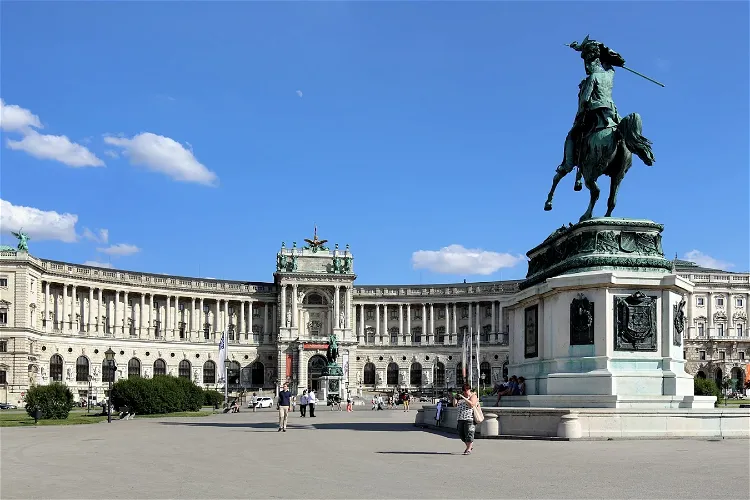
Hofburg Palace
ViennaThe Hofburg Palace, located in Vienna, is the largest palace in the city and has a rich history as the residence of most of the Austrian royalty. The Habsburg dynasty, in particular, resided here for over 600 years. This historical significance makes it a fascinating place for tourists interested in history and architecture.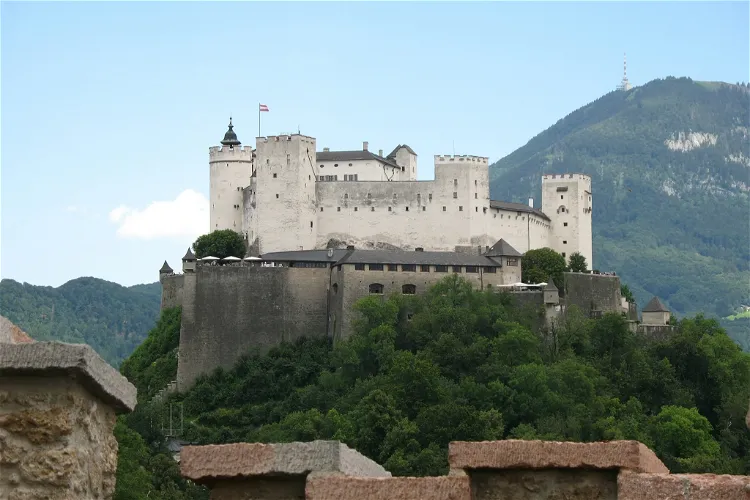
Hohensalzburg Castle
SalzburgHohensalzburg Fortress, also known as Festung Hohensalzburg, is a significant historical site located in Salzburg, Austria. This medieval fortress is situated atop the Festungsberg mountain, providing a panoramic view of the city. It is one of the largest medieval castles in Europe, making it a notable landmark for visitors.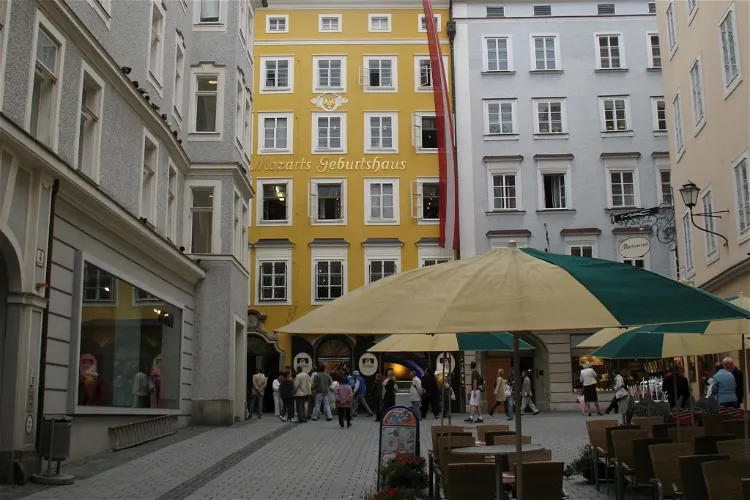
Mozart's Birthplace
SalzburgMozart's birthplace, known as Mozarts Geburtshaus or Hagenauerhaus, is situated at No. 9 Getreidegasse in Salzburg, Austria. This is the very place where the renowned composer Wolfgang Amadeus Mozart was born on 27 January 1756. The Mozart family lived on the third floor of this building from 1747 to 1773.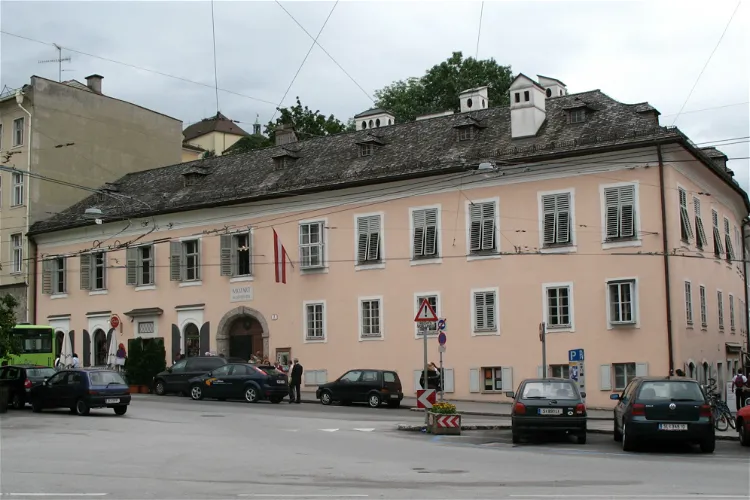
Mozart Residence
SalzburgMozarts Wohnhaus, also known as Tanzmeisterhaus, is a museum located in Salzburg, Austria. This museum is dedicated to the life and works of the renowned composer, Wolfgang Amadeus Mozart, and his family. The Mozart family resided in this house from 1773 to 1780. Visitors can explore the history of Mozart and his family, gaining insights into their lives during the 18th century.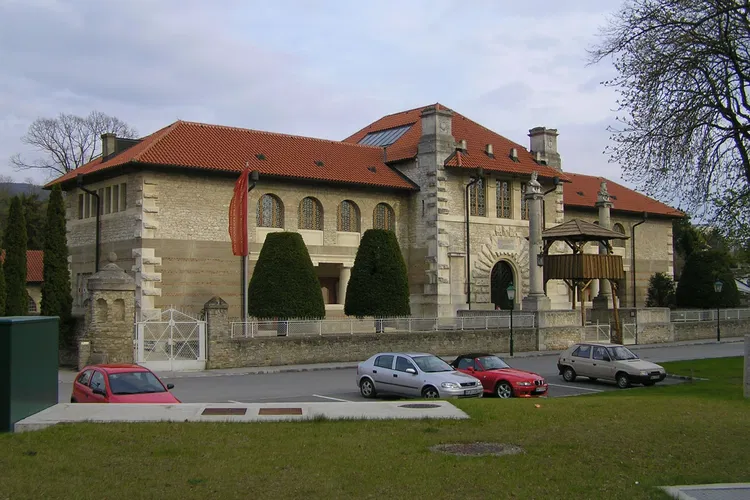
Carnuntum
Petronell-CarnuntumCarnuntum, once the capital of the Roman province Pannonia Superior, is located on the Danube, approximately 35 km east of Vienna. This historical site offers a glimpse into the past, allowing visitors to explore the remnants of a once thriving Roman city.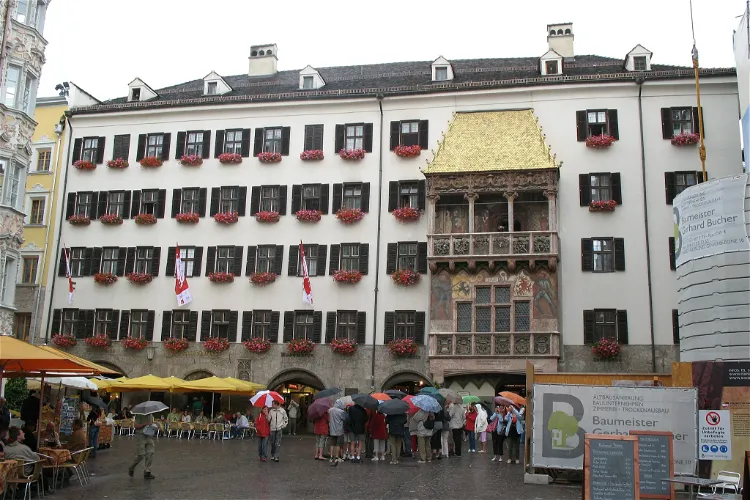
Golden Roof
InnsbruckThe Goldenes Dachl, or Golden Roof, is a landmark structure situated in the Old Town area of Innsbruck, Austria. This iconic symbol of the city was completed in 1500 and is adorned with 2,657 fire-gilded copper tiles. The roof was commissioned by Emperor Maximilian I to celebrate his wedding to Bianca Maria Sforza. The balcony of the Golden Roof was used by the Emperor and his wife to observe various events and festivals taking place in the square below.- Online discount!
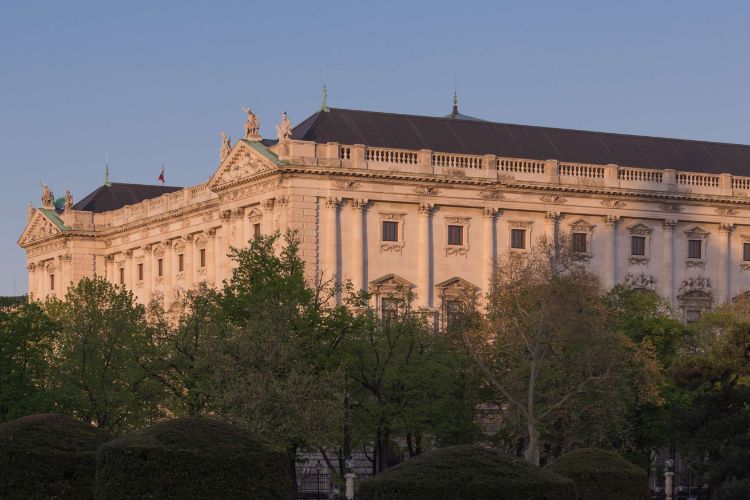
Hofburg - Imperial Palace
ViennaVienna's Imperial Palace is one of the biggest palace complexes in the world. The oldest parts date to the 13th century, with construction having continued right into the 20th century. The Imperial Palace was the residence and seat of government of the Habsburg emperors until 1918. Today, it is home 
Albertina
ViennaThe Albertina in Vienna houses one of the largest print rooms in the world, and used to be the biggest Habsburg residential palace, inhabited by one of Maria Theresa's daughters. The collection, which started in 1776, boasts over a million prints and tens of thousands of paintings dating all the way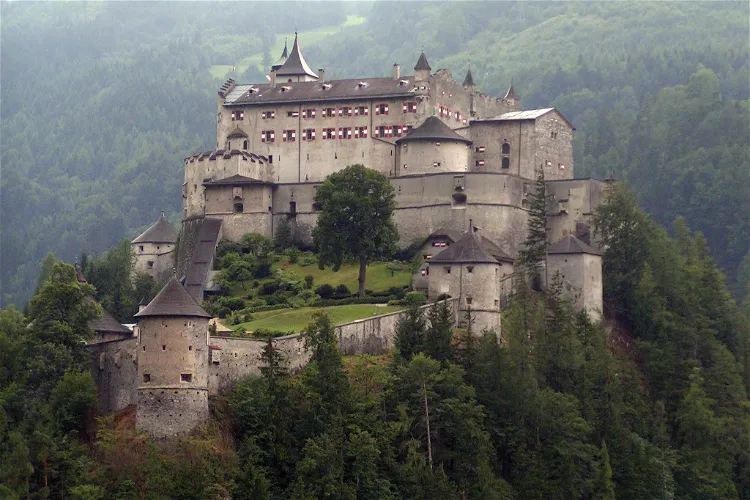
Hohenwerfen Castle
SchlamingHohenwerfen Castle is a medieval rock castle that stands majestically on a 623-metre precipice. It overlooks the Austrian market town of Werfen in the Salzach valley, which is approximately 40 kilometres south of Salzburg. The castle's location offers breathtaking views of the surrounding landscape, making it a popular destination for tourists.
DomQuartier Salzburg
SalzburgThe DomQuartier Salzburg, established in 2014, is a museum complex located in the city of Salzburg. It offers a unique blend of architectural structures and a display of both secular and sacred art collections centered around the Salzburg Cathedral and the Cathedral Square. The establishment of the DomQuartier has made several previously inaccessible areas open to the public.- Online discount!
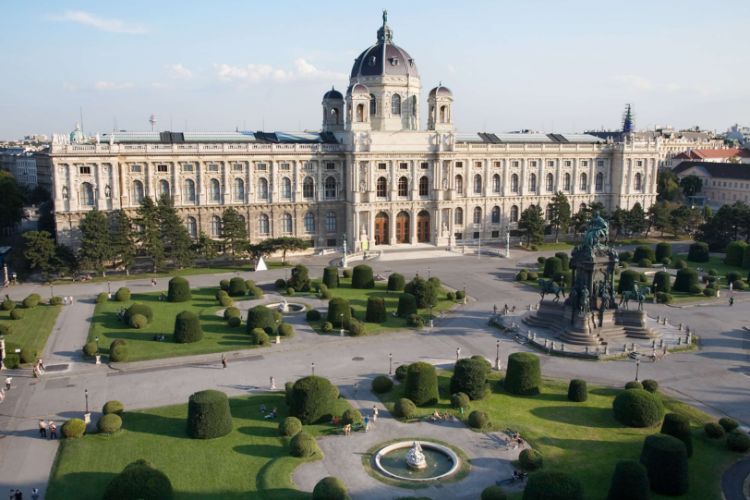
Kunsthistorisches Museum Vienna
ViennaThe Kunsthistorisches Museum Vienna is one of the world’s foremost museums. Experience the rich collections of the Habsburgs, a dynasty that ruled in Austria for more than 600 years, for most of that time as Emperors of the Holy Roman Empire. It boasts exhibits spanning five millennia, from Ancient 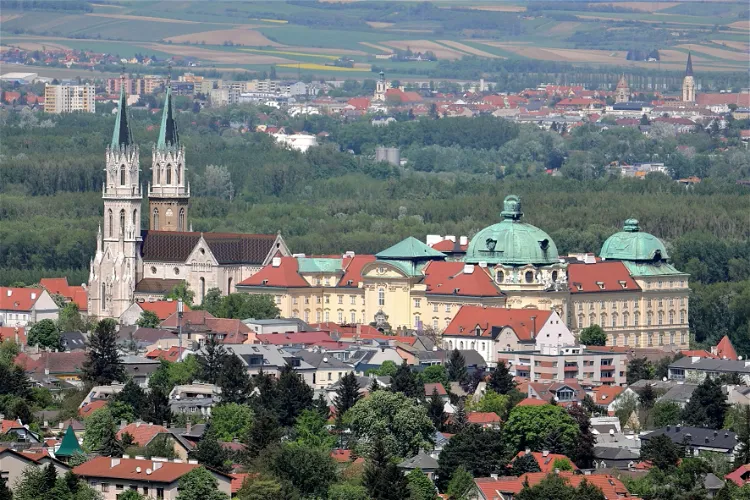
Klosterneuburg Monastery
KlosterneuburgThe Klosterneuburg Monastery, located northwest of Vienna in the town of Klosterneuburg, belongs to the congregation of the Austrian Augustinian Canons Regular. The complex has a rich history, dating back to its foundation by the Austrian Margrave Leopold III and his wife Agnes of Waiblingen in the early 12th century.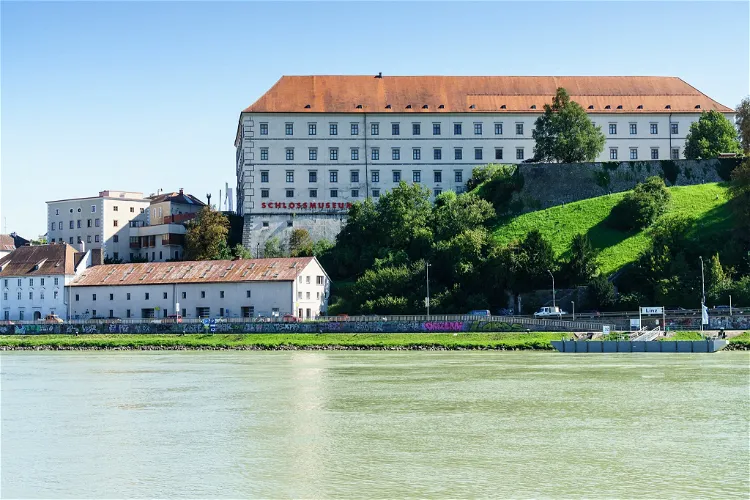
Linz Castle
LinzLinz Castle, perched on a hill, offers a panoramic view of the old town of Linz and the Danube. The castle's location is historically significant as it is built on the site of the ancient Roman fort of Lentia. This blend of history and scenic beauty makes it a fascinating spot for visitors.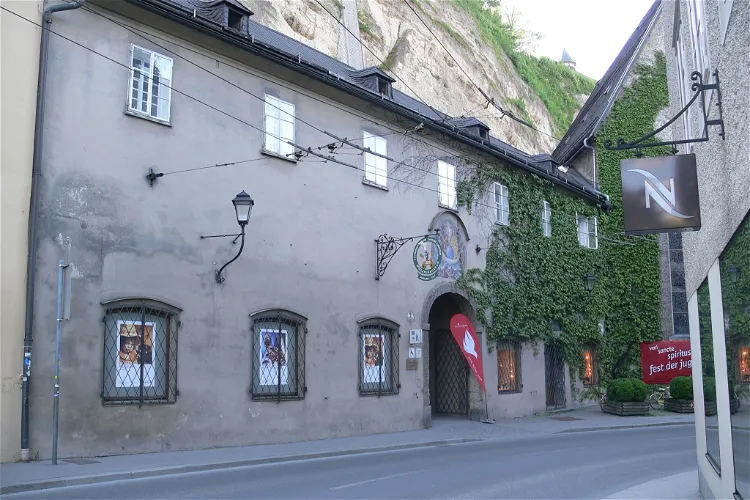
Toy Museum Salzburg
SalzburgThe Salzburg Toy Museum, also known as Sammlung Folk, is situated in a historic building from the 16th century. This building, once the Bürgerspital, is located next to the Bürgerspitalkirche St. Blasius in Salzburg. The museum's location adds a touch of historical charm to the experience of exploring the world of toys.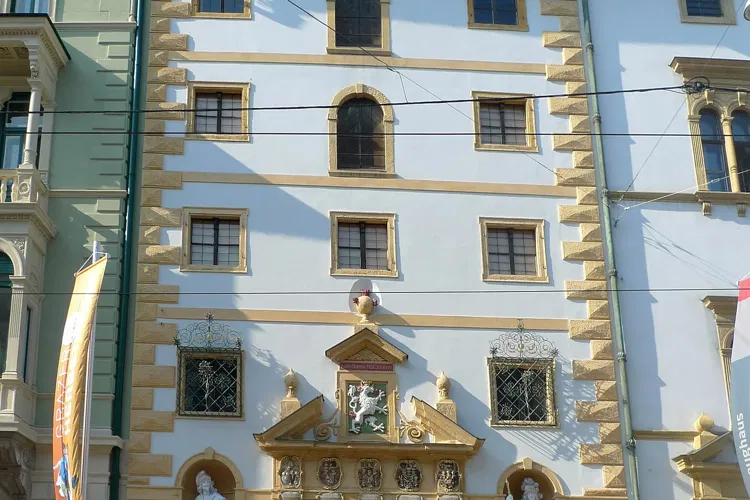
Styrian Armoury
GrazThe Styrian Armoury boasts an impressive collection of 32,000 exhibits, making it the largest armoury in the world. What makes it even more unique is that it is largely preserved in its original state. This allows visitors to experience the armoury as it was centuries ago, adding to the authenticity of their visit.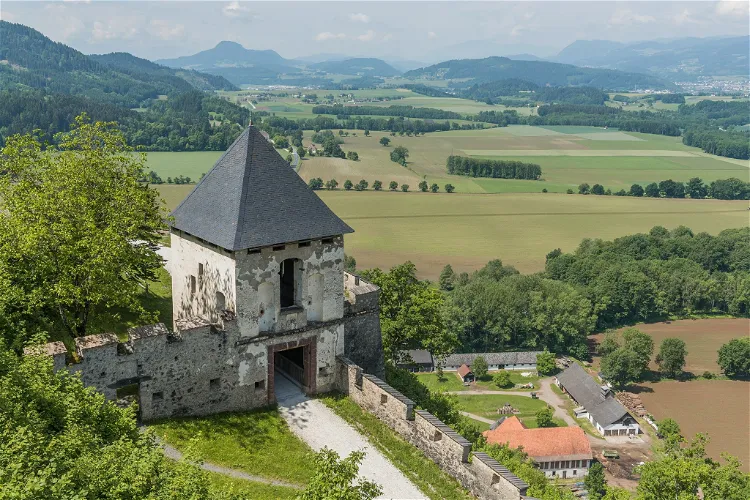
Hochosterwitz Castle
LaunsdorfHochosterwitz Castle, known as Burg Hochosterwitz in German, is a significant medieval castle in Austria. It is situated near Sankt Georgen am Längsee, in the district of Sankt Veit an der Glan, in Carinthia. The castle's strategic location and historical significance make it a fascinating destination for tourists interested in history and architecture.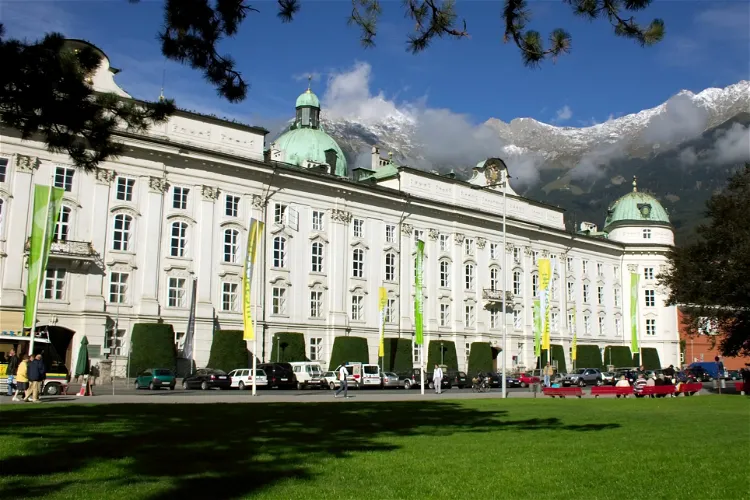
Hofburg, Innsbruck
InnsbruckThe Hofburg, located in the city of Innsbruck, is a former imperial and royal residence of Austria-Hungary. This historical site offers a glimpse into the past, showcasing the grandeur of the Austrian-Hungarian empire. Visitors can explore the former residence and learn about its rich history.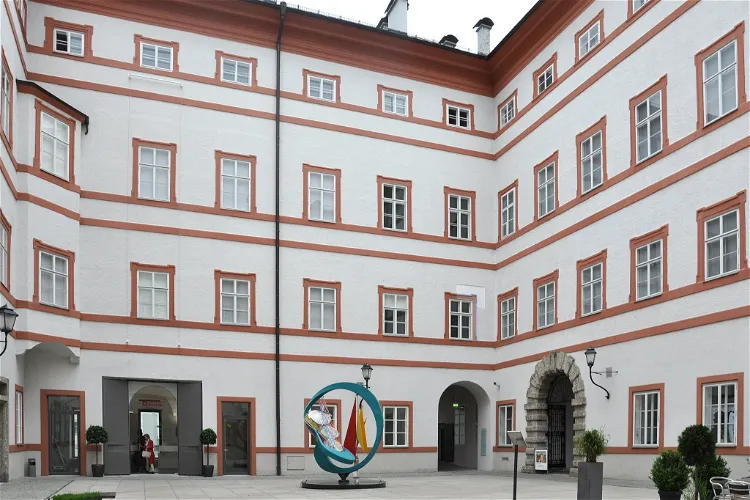
Salzburg Museum
SalzburgThe Salzburg Museum, located in the Neue Residenz, is a significant institution that showcases the artistic and cultural history of Salzburg city and its surrounding region in Austria. Since its relocation in 2005, the museum has continued to serve as a vital cultural hub, offering visitors a comprehensive insight into the rich history and artistic heritage of Salzburg.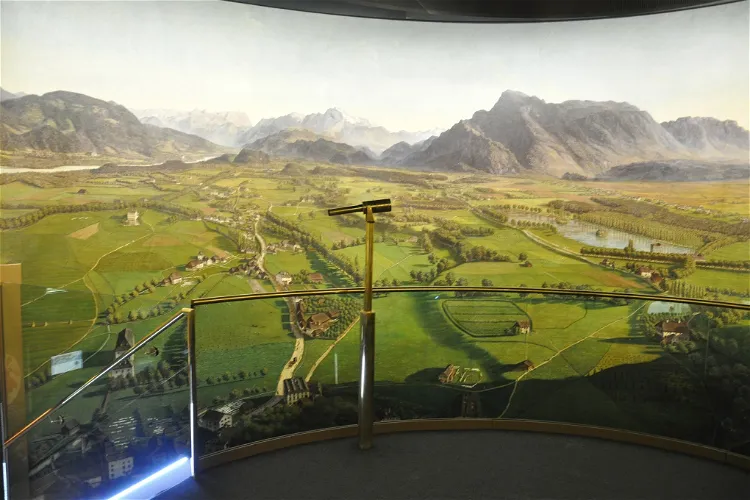
Panorama Museum Salzburg
SalzburgThe Panorama Museum Salzburg is a significant part of the Salzburg Museum, located in the Neue Residenz in the Salzburg Old Town. This location is steeped in history and offers a unique setting for the museum. Visitors can explore the museum within the context of the broader Salzburg Museum, providing a comprehensive cultural experience.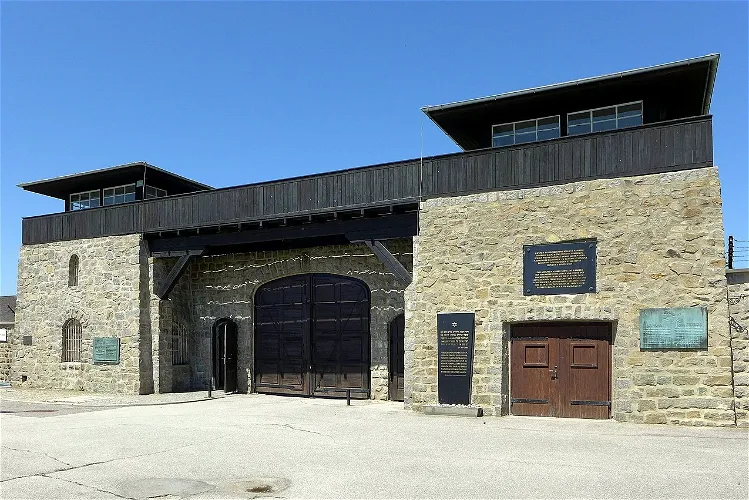
Mauthausen Concentration Camp
MauthausenMauthausen-Gusen was a collection of Nazi concentration camps located around the small Austrian town of Mauthausen, approximately 20 km east of Linz. The main camp was established shortly after Austria's Anschluss and evolved into one of the most notorious concentration camps. The camp was situated near a granite quarry that supplied a large portion of the stone used for paving the streets of Vienna.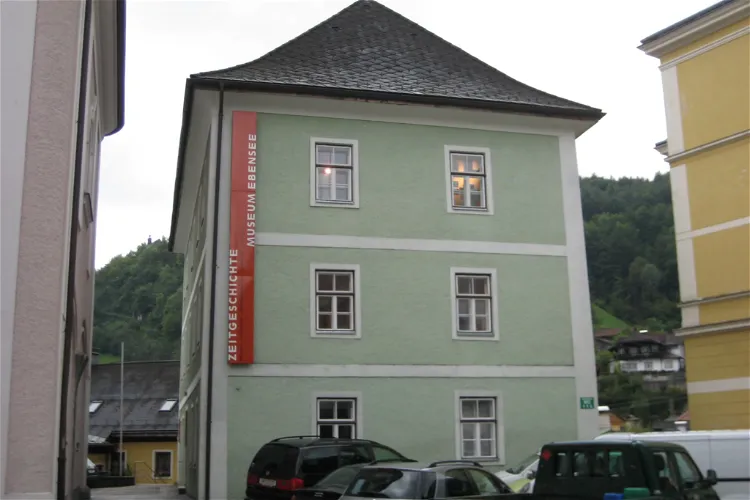
Zeitgeschichte Museum Ebensee
EbenseeThe Zeitgeschichte Museum Ebensee is a historical regional museum situated in the market town of Ebensee, in the Austrian state of Upper Austria. This museum is dedicated to the political contemporary history of the Salzkammergut region between 1918 and 1955. It provides a unique opportunity for visitors to delve into the historical events that shaped this region during this period.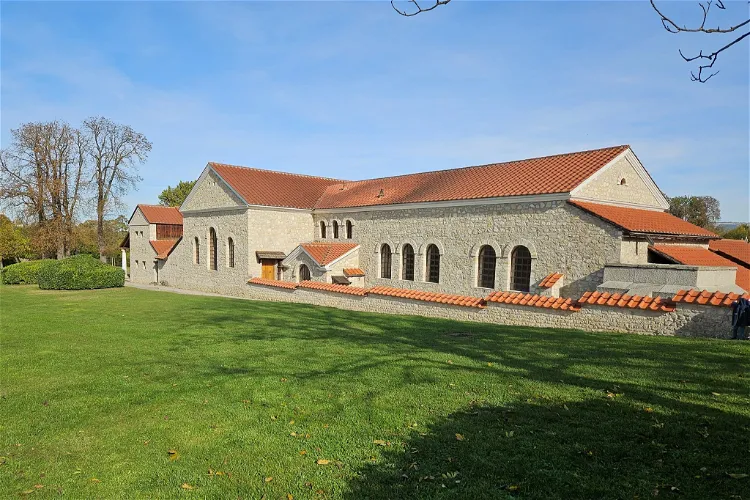
Archaeological Park Carnuntum
Petronell-CarnuntumCarnuntum, once the capital of the Roman province Pannonia Superior, is a significant historical site located on the Danube, approximately 35 km east of Vienna. Its strategic location and historical significance make it an interesting destination for those interested in Roman history.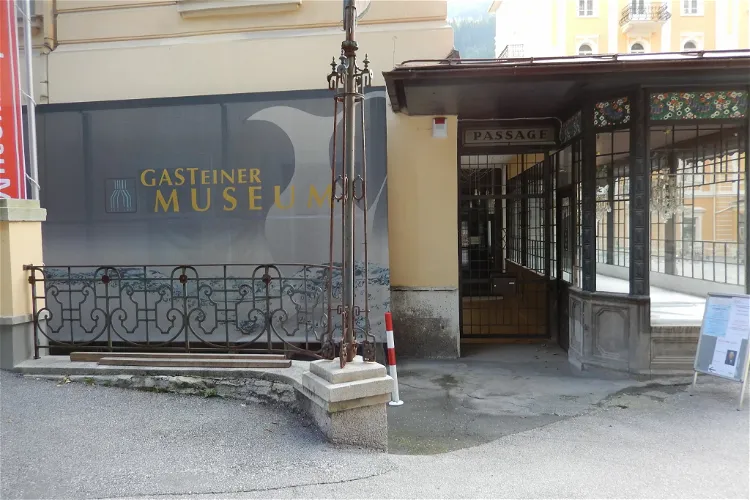
Gasteiner Museum
BadbergThe Gasteiner Museum, located in the Grand Hotel de l’Europe since 2011, is dedicated to showcasing the history of the spa in Bad Gastein, a town in the state of Salzburg. The museum provides a unique opportunity for visitors to delve into the rich history of the spa and its significance to the town and the region.
Sisi Museum
ViennaThe Sisi Museum in Vienna is housed in the Stephan apartments, named after Archduke Stephan Viktor. The museum exhibits personal items that once belonged to Elisabeth that illustrate her personality. The museum exhibits around 300 objects, including parasols, fans, gloves, clothing, beauty preparati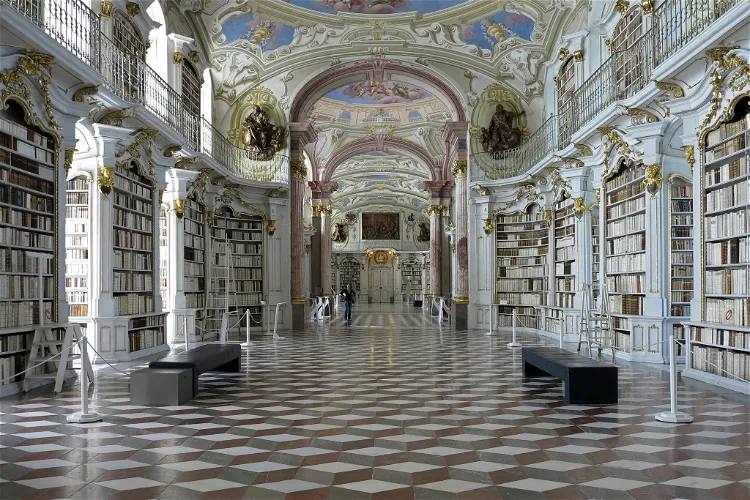
Admont Abbey Library
AdmontThe Admont Abbey Library, completed in 1776, is a baroque monastic library tract located in Admont, Upper Styria. This architectural marvel has been referred to as the eighth wonder of the world in the past, showcasing the grandeur and historical significance of the place.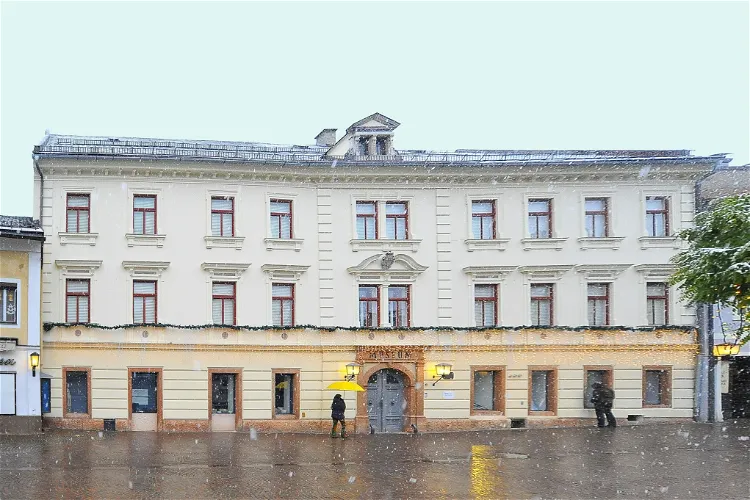
Museum der Stadt Villach
VillachThe Stadtmuseum Villach, located in the former Palais Crusiz in Widmanngasse, Villach, was established in 1873. The museum's foundation was made possible by builder Carl Andreas Picco, who generously donated his collection to the institution.- Online discount!
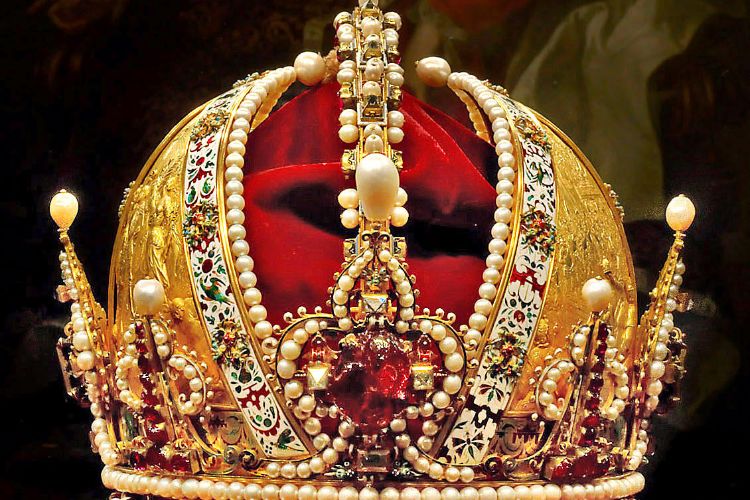
Imperial Treasury Vienna
ViennaAwaiting you at the Imperial Treasury Vienna in the Hofburg Palace is the Austrian Imperial Crown and the insignia of the Holy Roman Empire with the Imperial Crown and the Holy Lance. Other highlights include the treasure of the Order of the Golden Fleece and parts of the immensely opulent treasure 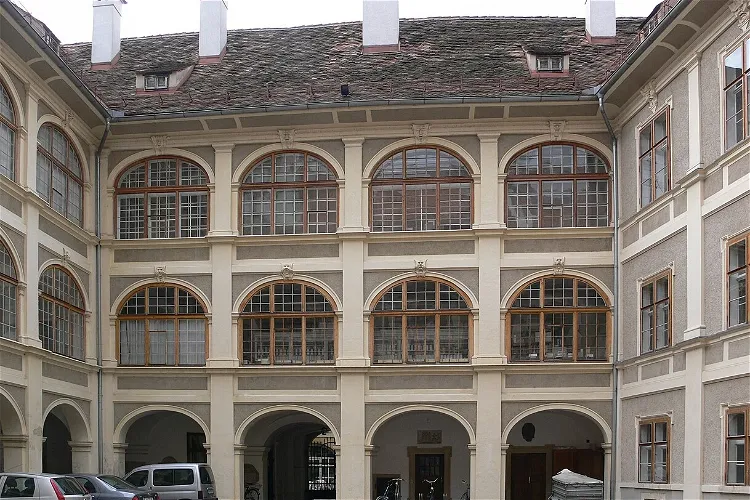
Joanneum Universal Museum
GrazThe Universalmuseum Joanneum, located in the Austrian state of Styria, holds the distinction of being the oldest, largest, and most versatile museum in Austria, second only to the Kunsthistorisches Museum Wien. This museum offers a wide range of exhibits and collections, making it a significant cultural and historical site in Austria.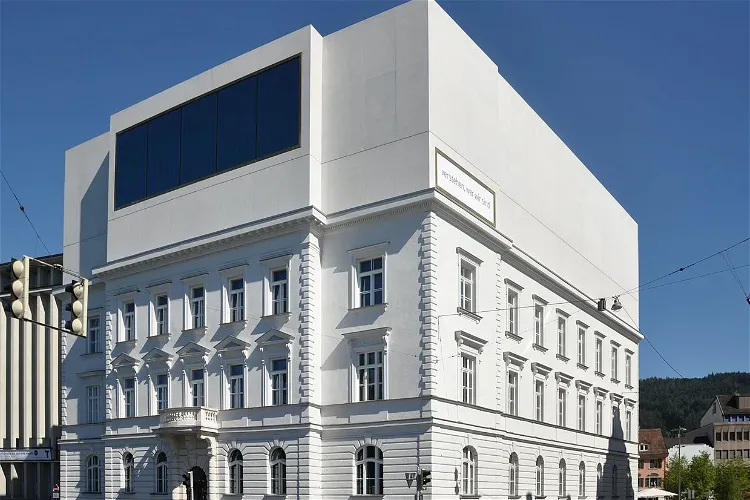
vorarlberg museum
BregenzThe vorarlberg museum, located in Bregenz, serves as the state art and cultural museum of the Austrian federal state of Vorarlberg. Established in 1857, the museum has been a hub for the collection and preservation of the state's art and cultural material for over a century.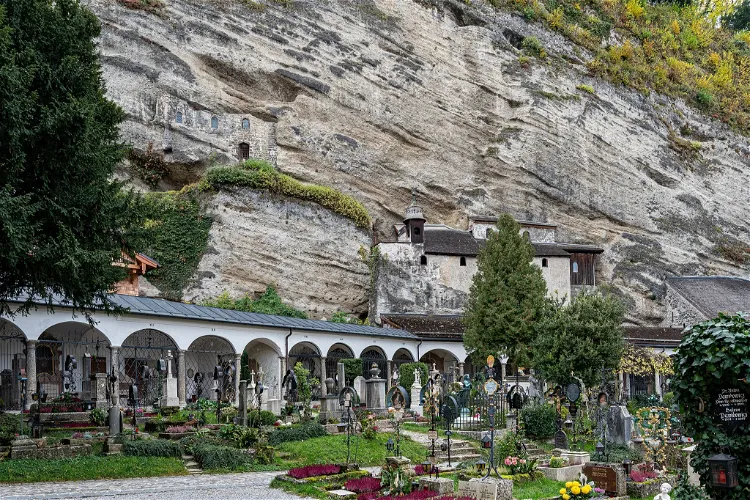
Katakomben Salzburg
SalzburgThe catacombs of Salzburg, situated on the edge of the Petersfriedhof, are a significant historical site. They were carved into the Festungsberg, a mountain in Salzburg, and are believed to be of late antique-early Christian origin. Despite their name, these catacombs were not used as burial sites but likely served as early Christian meeting places.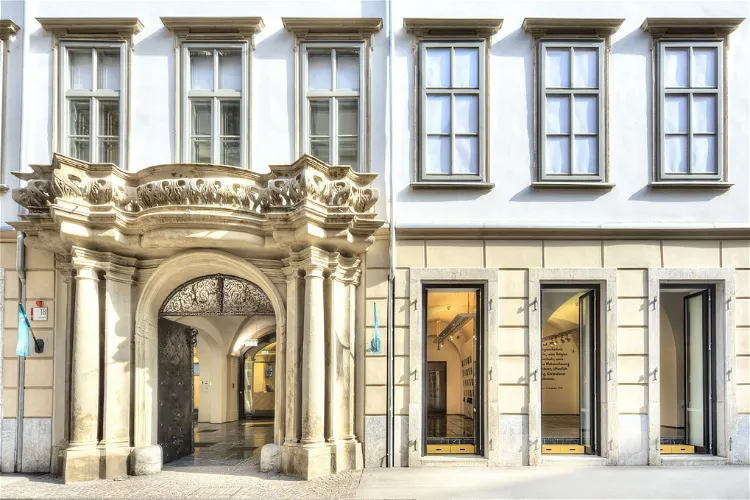
Graz Museum
GrazThe Graz Museum, previously known as the Stadtmuseum Graz, is a cultural and historical museum located in the Austrian city of Graz. It is dedicated to the exploration and presentation of the city's history, offering a comprehensive insight into the political, economic, and social evolution of Graz.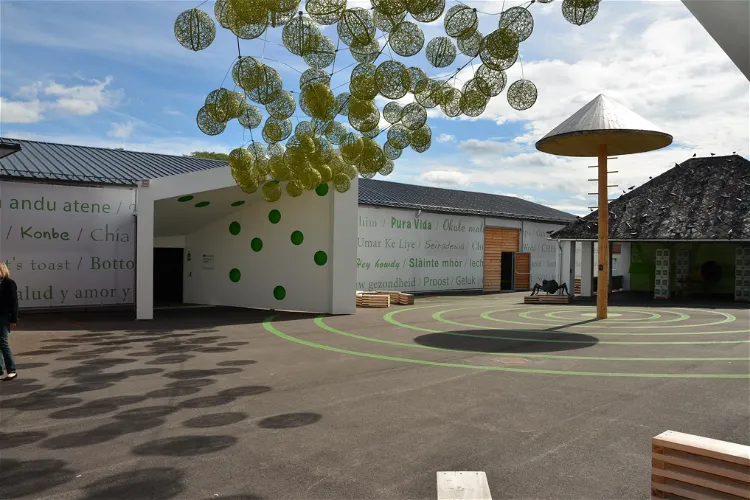
Vino Versum Poysdorf
PoysdorfVino Versum Poysdorf is an experiential museum that provides a deep dive into the history of viticulture and wine trade. The museum's focus is on the town of Poysdorf, offering visitors a unique perspective on the region's rich wine culture. The museum's exhibits are interactive, making it a fun and educational experience for all ages.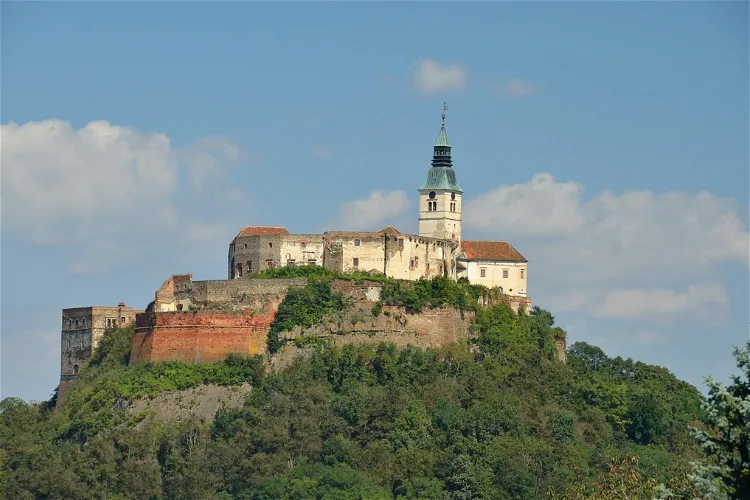
Güssing Castle
GüssingGüssing Castle, also known as Burg Güssing, is a historic defensive structure located in the town of Güssing in the Austrian state of Burgenland. The castle has a rich history dating back to the 12th century and has been the site of numerous historical events. Today, it stands as a testament to the region's past and offers visitors a glimpse into the history of the area.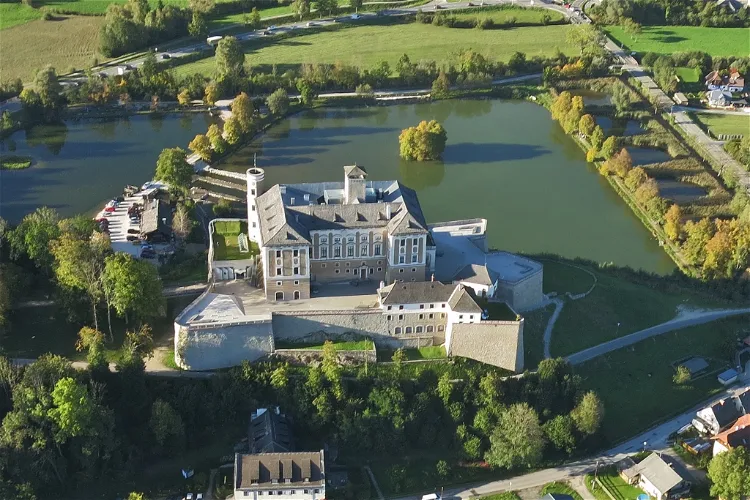
Trautenfels Castle
Stainach-PürggTrautenfels Castle, a palace located in the district of Liezen in Styria, is situated directly on the Enns at 673m in the municipality Pürgg-Trautenfels. The castle is perched on a cliff protrusion at the foot of the Grimming, offering a unique and picturesque location for visitors.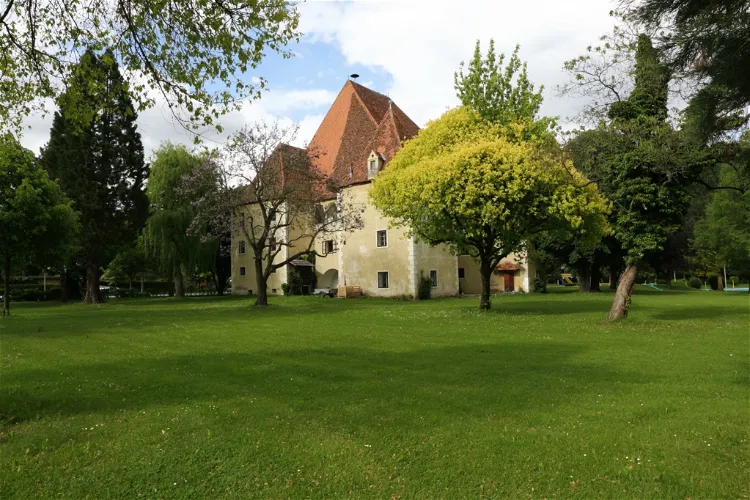
Schloss Alt-Kainach
PibereggSchloss Alt-Kainach is situated in the quaint village of Kleinkainach, approximately 1.5 km north of the city of Bärnbach. This location is in the Voitsberg district in West Styria, Austria. The castle's location offers a serene and picturesque setting that is sure to captivate any visitor.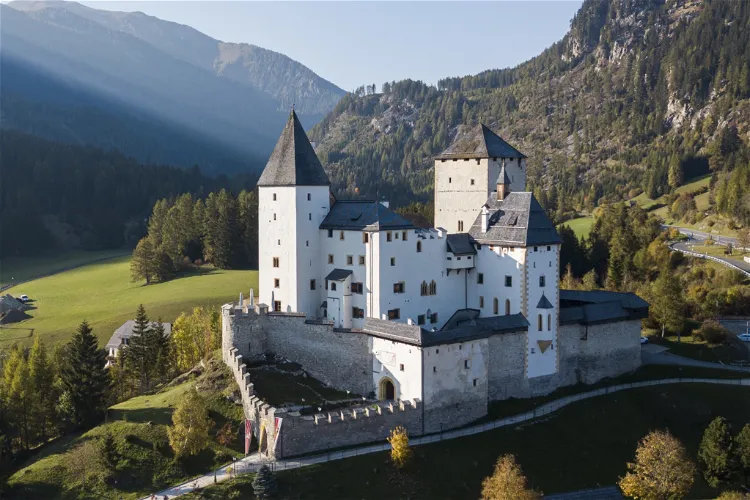
Mauterndorf Castle
MauterndorfMauterndorf Castle, a historical monument in the Austrian state of Salzburg, is situated at an impressive altitude of 1,138 metres. This location not only provides a unique historical experience but also offers breathtaking views of the surrounding landscape. The castle is located in the municipality of Mauterndorf, making it easily accessible for tourists.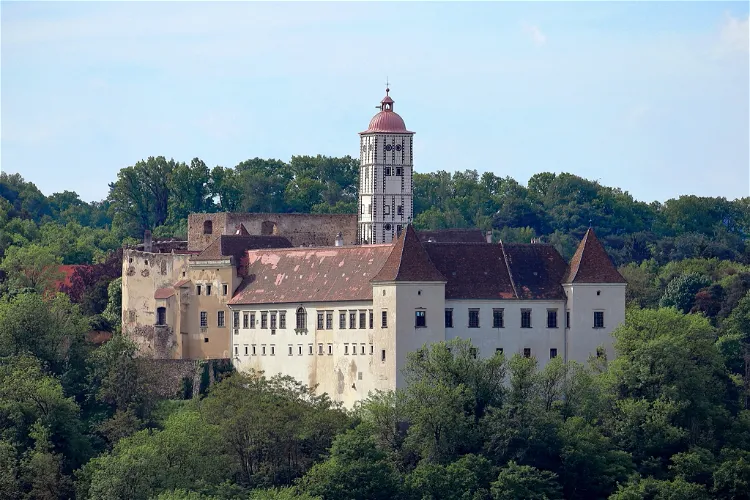
Schallaburg Castle
SchollachThe Schallaburg Castle is a unique blend of architectural styles. It combines elements of a Romanesque residential castle and a Gothic chapel, all patterned in the Italian Renaissance style. This mix of styles gives the castle a distinctive and appealing aesthetic that is sure to captivate visitors.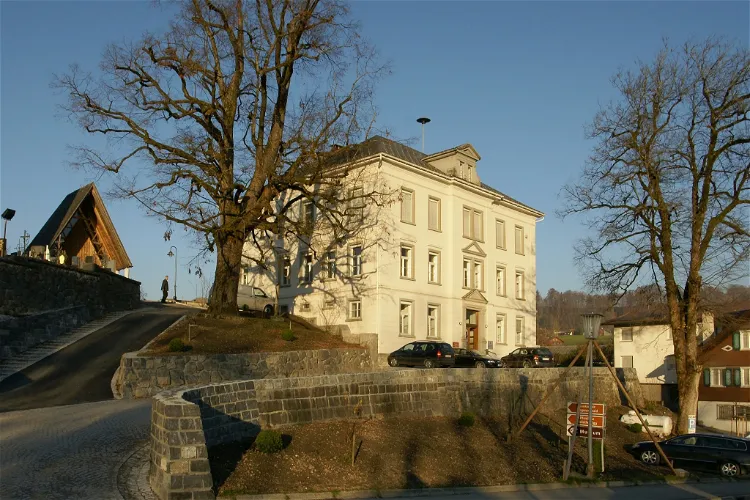
Egg Museum
EggThe Egg Museum, located in Egg in the Bregenzerwald in Vorarlberg, Austria, is a local museum that offers a unique insight into the region's history and culture. It is a place where visitors can learn about the local traditions, customs, and way of life.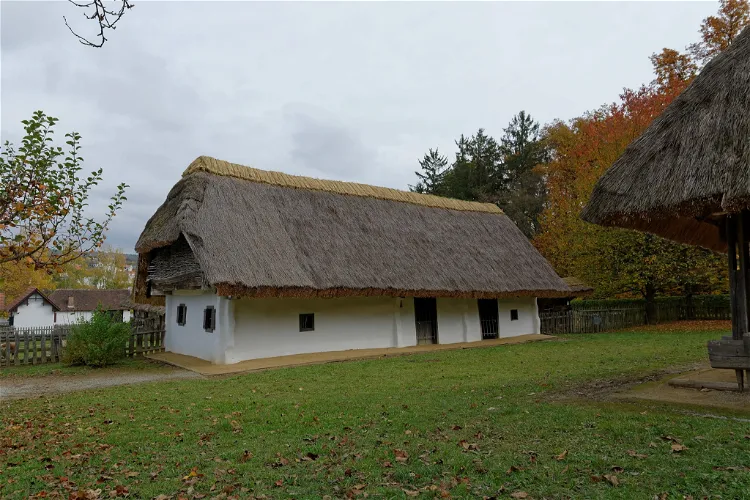
Freilichtmuseum Bad Tatzmannsdorf
OberschützenThe Freilichtmuseum Bad Tatzmannsdorf is located in the municipality of Bad Tatzmannsdorf in southern Burgenland, Austria. The museum is home to regional wooden buildings from the 18th and 19th centuries. These structures were carefully dismantled from their original locations and reassembled at the museum, providing a unique insight into the architectural history of the region.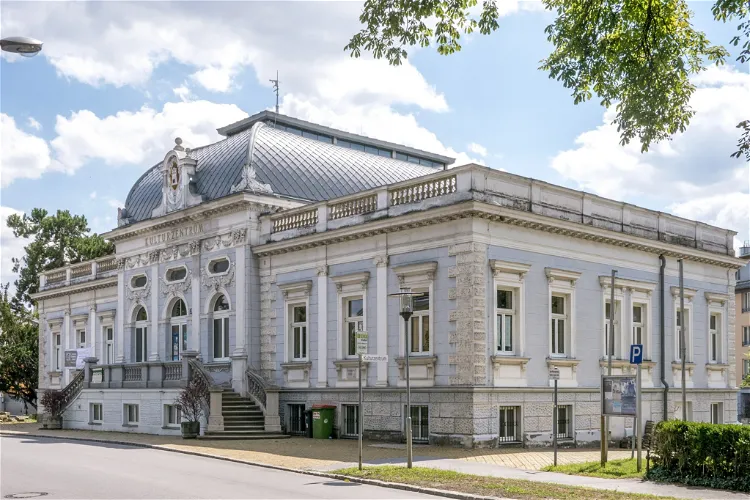
Stadtmuseum Korneuburg
KorneuburgThe Stadtmuseum Korneuburg is located within the Kulturzentrum Korneuburg, a historic building in the city. This building, which was originally constructed in 1908, has a rich history and has served various purposes over the years. Today, it is home to the city museum, providing a unique setting for the exploration of local history and culture.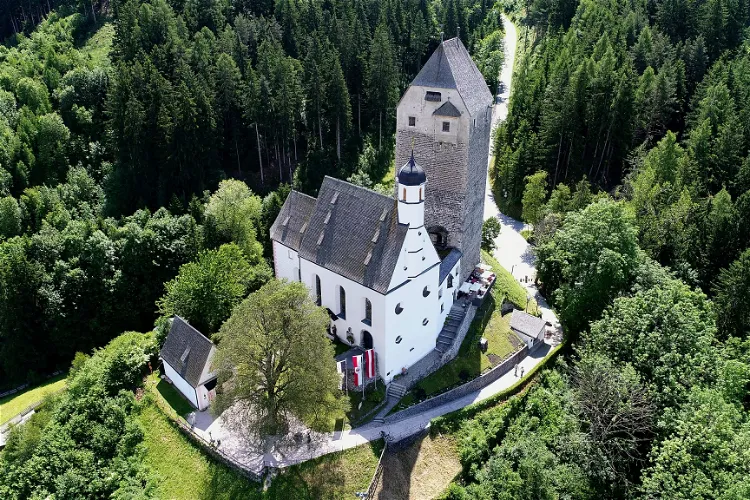
Freundsberg Castle
SchwazFreundsberg Castle was founded in 1150 by the Lords of Freundsberg. The initial structure was a five-story residential tower, standing 28 meters tall. This tower is still preserved today and visitors can see parts of the original fresco paintings. This historical aspect of the castle provides a glimpse into the past and is a highlight for those interested in history and architecture.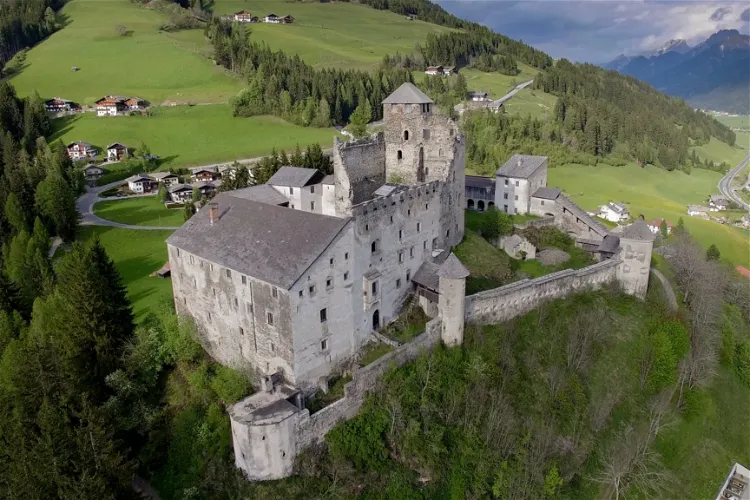
Heinfels Castle
PanzendorfBurg Heinfels, a castle in Heinfels, Tyrol, Austria, is a significant historical site. It is strategically located near the entrance to the Villgraten Valley, offering visitors a glimpse into the region's rich past. The castle's location also provides stunning views of the surrounding landscape, making it a worthwhile destination for those interested in history and nature.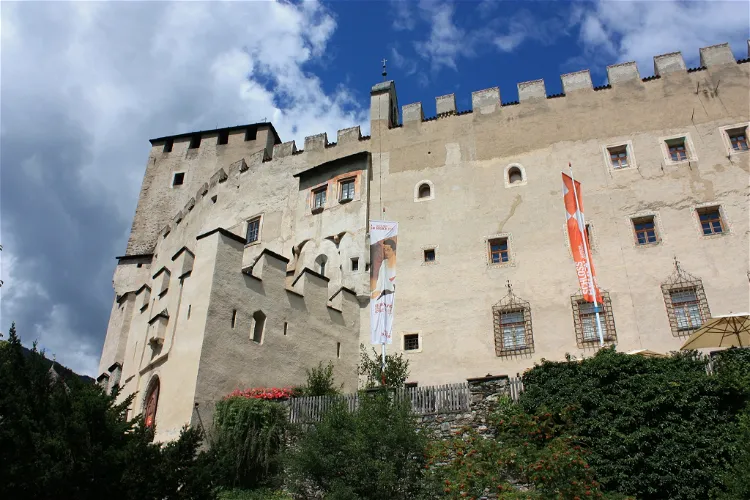
Burg Bruck
LienzSchloss Bruck served as the residence of the Counts of Görz from around 1278 to 1500, adding a rich historical context to the castle. One of the key features of the castle is its chapel, adorned with frescoes by Simon von Taisten. These frescoes are a significant attraction for art and history enthusiasts visiting the castle.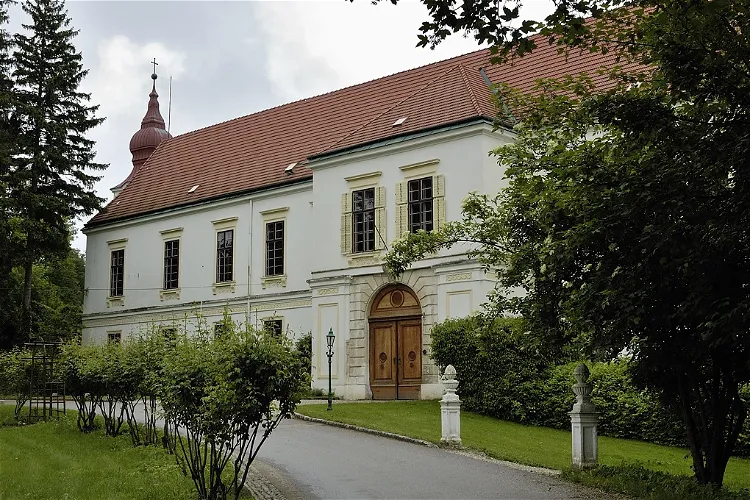
Loosdorf Castle
FallbachLoosdorf Castle, situated in the Lower Austrian wine quarter in the municipality of Fallbach, is a historical site with a rich past. The castle was first mentioned in historical documents in 1416, under the name Feste Lostorff. This makes it a place of interest for those who appreciate history and architecture.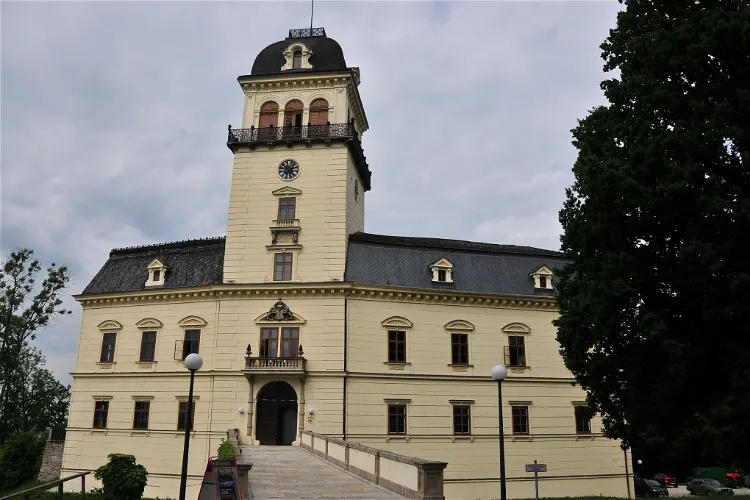
Schloss Tollet
LahofSchloss Tollet is a Renaissance castle situated in the municipality of Tollet. It is located two kilometers northwest of Grieskirchen. This historical site offers a glimpse into the past, showcasing the architectural style of the Renaissance period. Visitors can explore the castle and its surroundings, immersing themselves in the rich history of the region.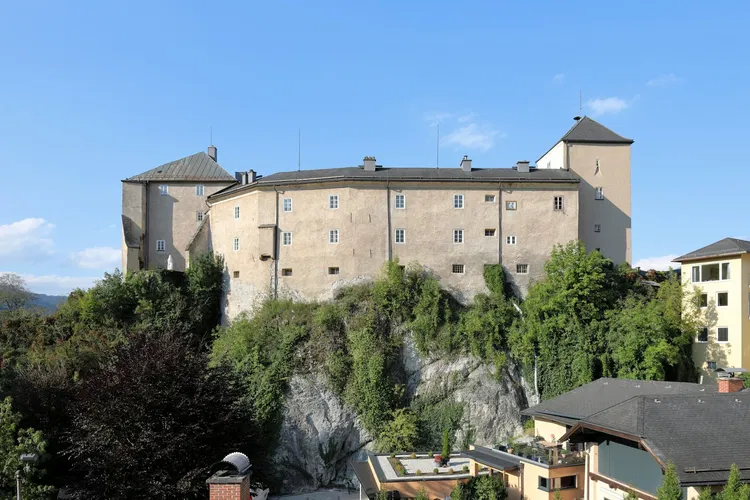
Museum Burg Golling
TorrenIn 1971, a museum was established within the castle, offering visitors a glimpse into the castle's rich history. The museum also showcases fossil finds from the surrounding area, providing a unique opportunity to learn about the region's geological past. This combination of history and science makes the museum a compelling attraction for tourists.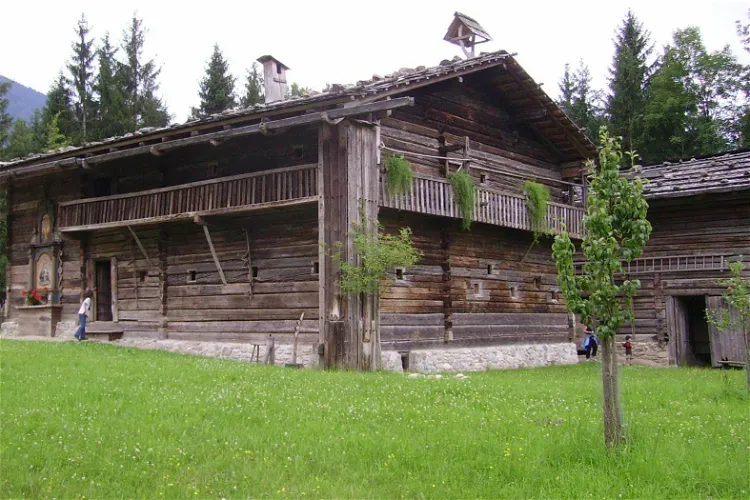
Salzburg Open Air Museum
GroßgmainThe Salzburg Open Air Museum is situated in the state of Salzburg, approximately 15 km southwest of the city of Salzburg. It is nestled in the municipality of Großgmain, close to the German-Austrian border. This location makes it easily accessible for tourists coming from both Austria and Germany.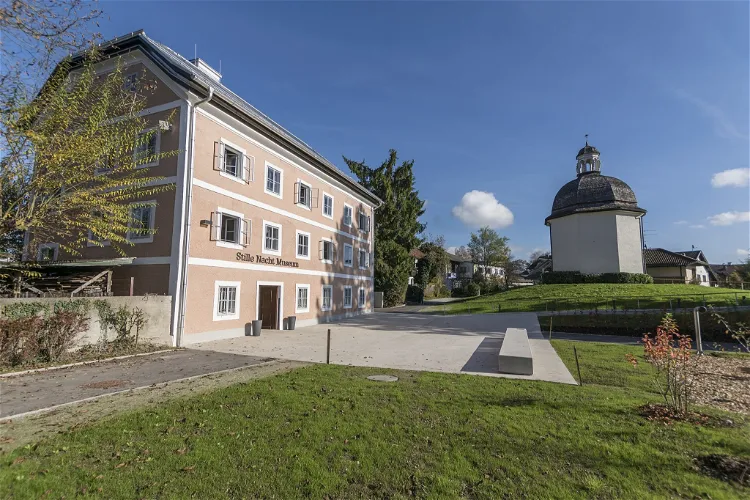
Stille Nacht Museum
SalzburgThe Stille-Nacht & Heimatmuseum is a regional museum situated in Oberndorf bei Salzburg, Austria. The museum's primary focus is on the history of the globally renowned Christmas carol, 'Silent Night'. It provides an in-depth exploration of the song's origins and its cultural significance over the years.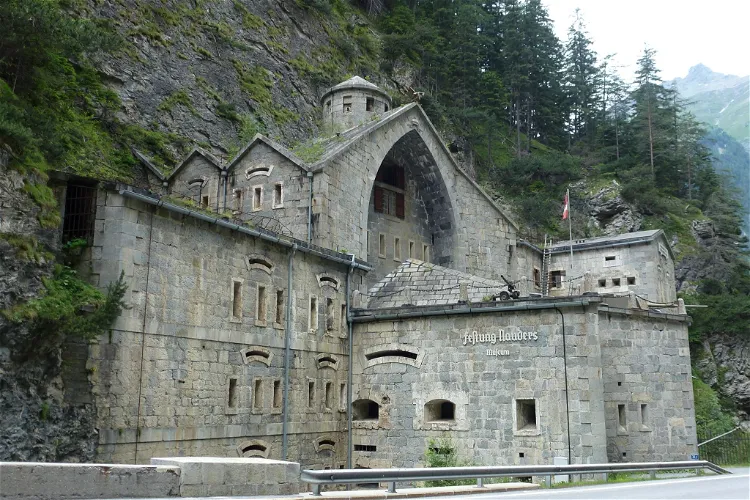
Festung Nauders
NaudersThe Nauders fortress was not involved in combat, which has contributed to its excellent preservation. Today, it houses the “Festung Nauders” museum, providing visitors with a unique opportunity to explore the history and architecture of this historic site. The narrow point of the passing road is referred to as the Finstermünz pass, adding to the strategic importance of the location.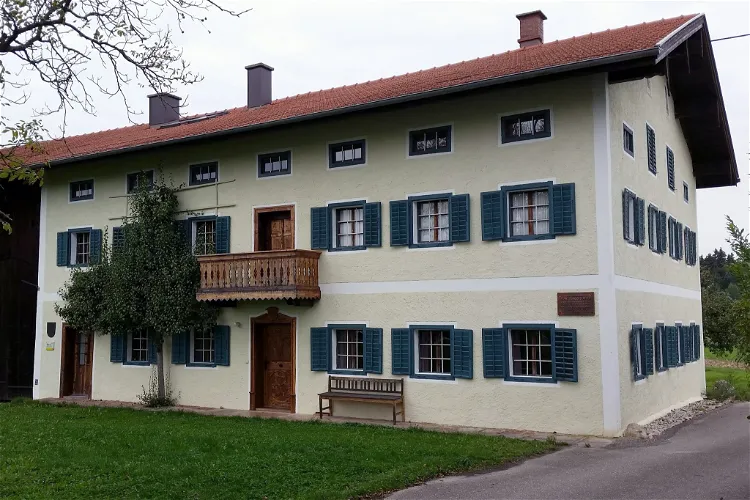
Franz Jägerstätter
Sankt RadegundFranz Jägerstätter was an Austrian conscientious objector during World War II. He was born in Sankt Radegund, a small village in Upper Austria, between Salzburg and Braunau am Inn, where almost everyone was Catholic. He was sentenced to death and executed for refusing to fight for Nazi Germany. His story is a significant part of the history of Sankt Radegund and is likely to be of interest to tourists visiting the area.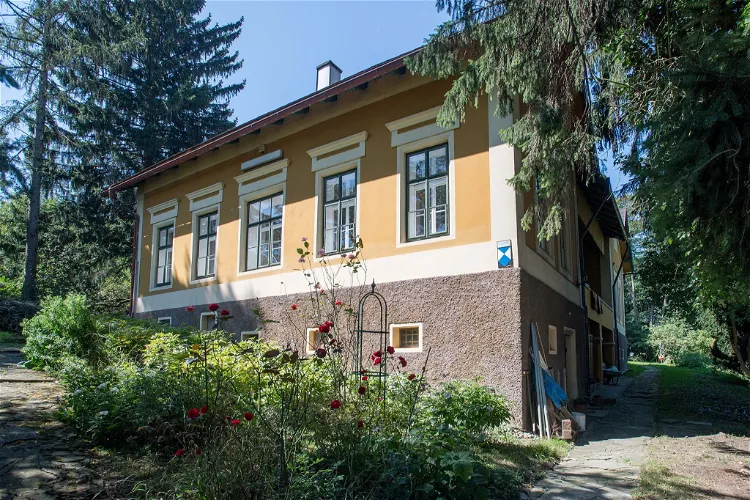
Josef Weinheber
KirchstettenIn honour of Josef Weinheber, part of his house in Kirchstetten, located on Josef Weinheber Strasse, has been preserved as a museum. This museum offers visitors a glimpse into the life and works of this notable Austrian poet, providing a unique cultural experience.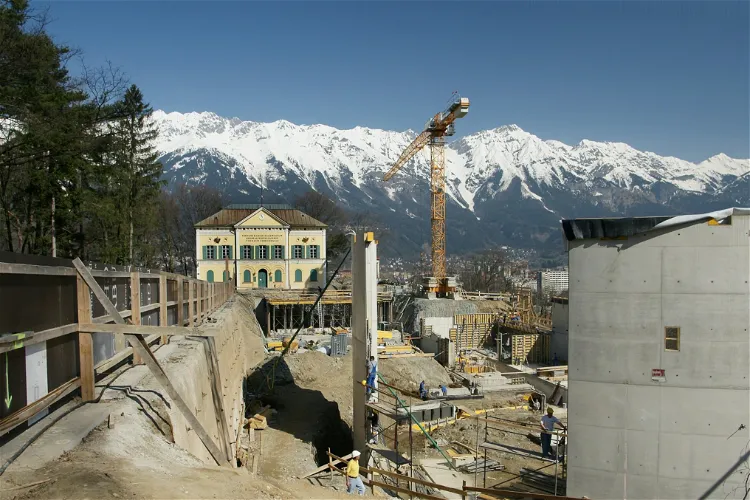
Tyrol Panorama Museum
InnsbruckThe Tirol Panorama, also known as the Museum of the Imperial Infantry, is a significant museum located in Innsbruck, in the Austrian state of Tyrol. Its primary importance lies in the fact that it is home to the Innsbruck Giant Panorama Painting, a significant piece of art that attracts numerous visitors each year.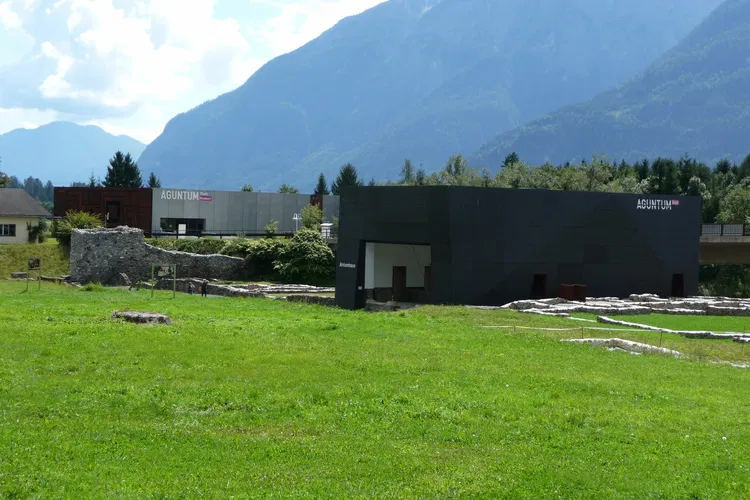
Aguntum
StribachAguntum, a Roman settlement, is situated in the present-day Austrian state of Tyrol, approximately 4 km east of Lienz. The settlement was elevated to the status of an autonomous city, Municipium Claudium Aguntum, by Emperor Claudius. This historical significance of Aguntum provides a rich backdrop for visitors to the museum.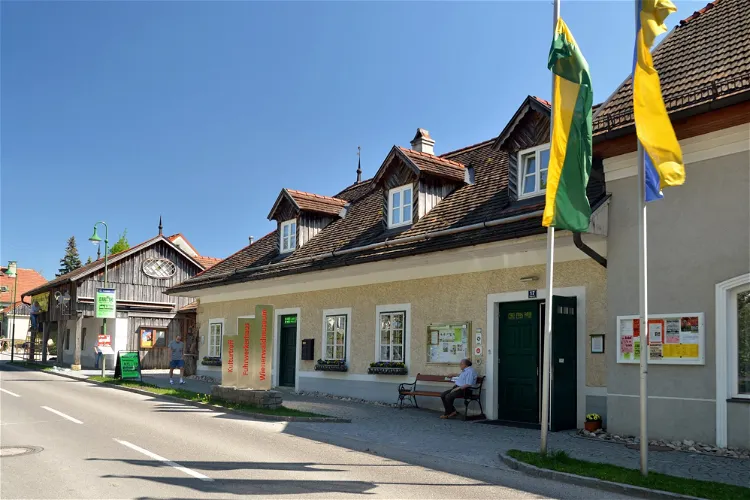
Wienerwaldmuseum Eichgraben
HuttenThe Wienerwaldmuseum Eichgraben is a local museum located in Eichgraben, Lower Austria. It offers a unique opportunity to explore the local history and culture of the region.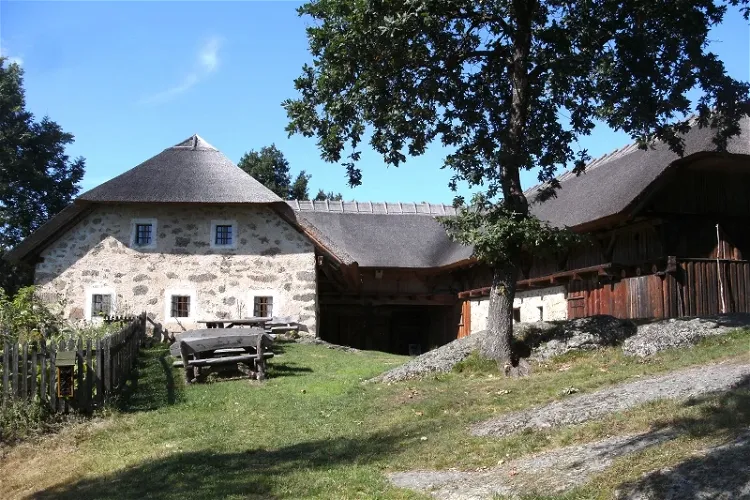
Großdöllnerhof
RechbergGroßdöllnerhof is a historical site that dates back 400 years. It is located in the Mühlviertel Nature Park in the municipality of Rechberg. Today, it serves as an open-air museum, offering visitors a glimpse into the past. The farmstead is a protected monument, showcasing the typical Mühlviertel technique of stone-bare wall construction. This technique involves the use of uncut granite blocks and whitewashed mortar zones to structure the exterior walls.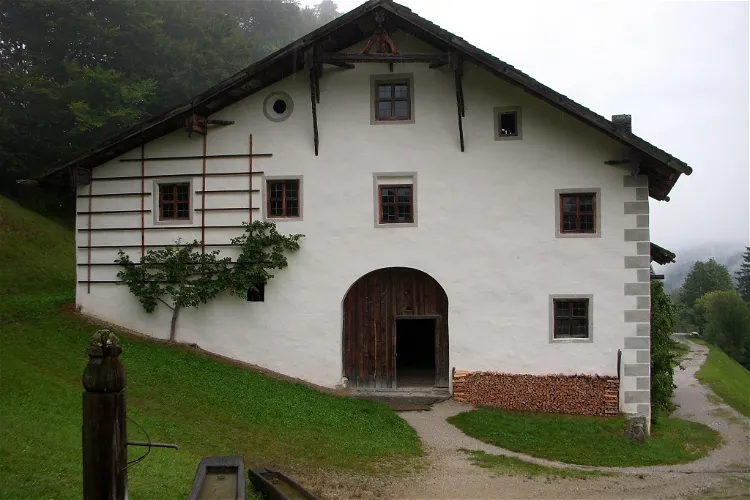
Museum of Tyrolean Farms
KramsachThe Museum of Tyrolean Farms, located in Kramsach, Austria, is an open-air museum that offers a unique glimpse into the past. It houses around 14 historical farms and 23 outbuildings, including barns, chapels, and alpine pastures. These structures have been carefully preserved and restored, providing visitors with an authentic experience of rural life in pre-industrial times.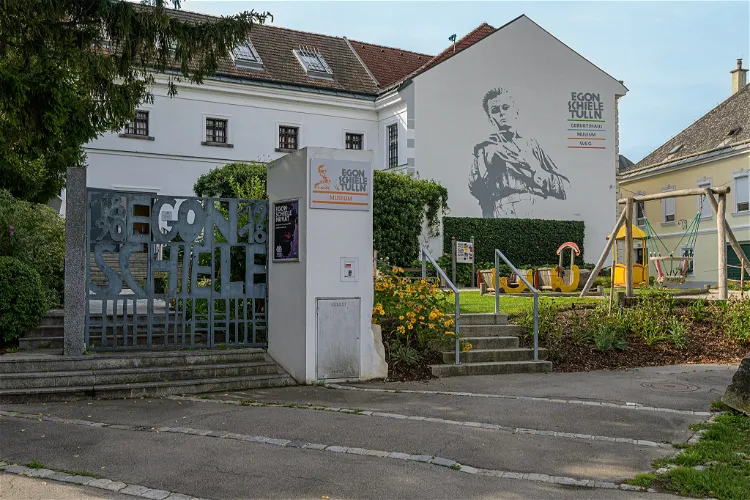
Egon-Schiele-Museum
Tulln an der DonauThe Egon Schiele Museum in Tulln an der Donau is a museum of fine arts dedicated to the painter Egon Schiele, who was born in the town. The museum showcases the early works of the artist and his relationship with his hometown Tulln and the region of Lower Austria. It also highlights his passion for toy trains.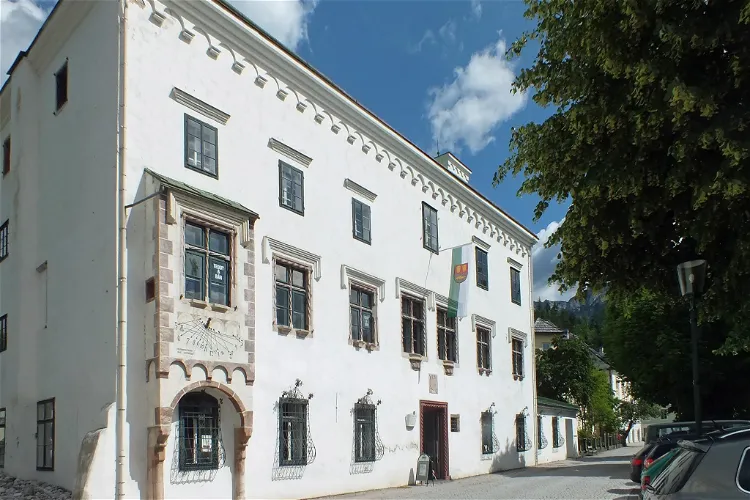
Kammerhofmuseum
Bad AusseeThe Ausseer Kammerhofmuseum is a local history museum situated in the Kammerhof in Bad Aussee, Salzkammergut, Austria. The museum is housed in a building that was first mentioned in historical documents in 1395. Over the centuries, the building has undergone several renovations, but much of the original structure has been preserved.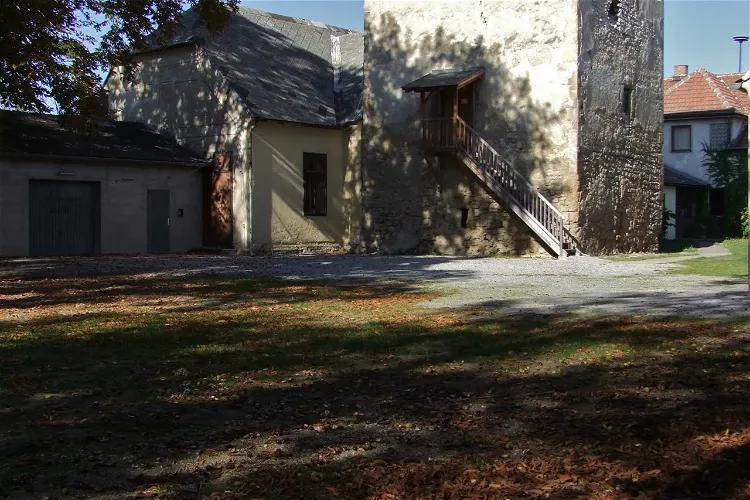
Wehrturm
Palterndorf-DobermannsdorfThe Wehrturm in Palterndorf, located in the Weinviertel region of Lower Austria, holds a rich history. It was first mentioned in the Liechtensteiner Urbar in 1414, but it is believed to be significantly older. This historical significance adds to the charm and allure of the tower, making it an interesting site for tourists who appreciate history.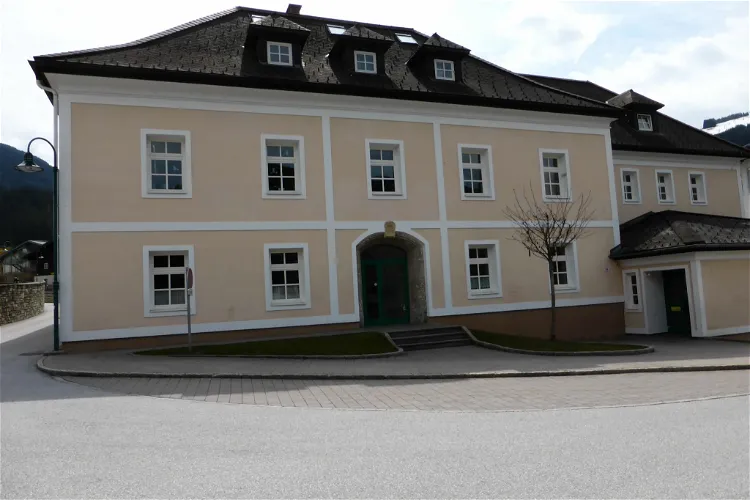
Waggerl Museum
KirchbodenKarl Heinrich Waggerl, the namesake of the Waggerl Museum, was an Austrian writer born in Bad Gastein on December 10, 1897. He passed away in Wagrain on November 4, 1973. His life and works are a significant part of the museum's exhibits.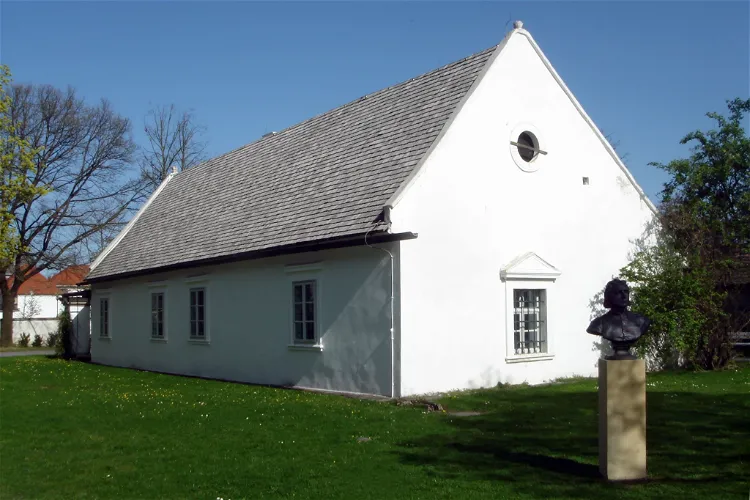
Liszthaus Raiding
RaidingThe Franz Liszt Birthplace is a significant location for music enthusiasts and history buffs alike. Located in the picturesque town of Raiding in Burgenland, the house is situated at Lisztstraße 46. This is the very place where the world-renowned composer Franz Liszt was born and spent his early years. It offers a unique opportunity to step back in time and explore the roots of this musical genius.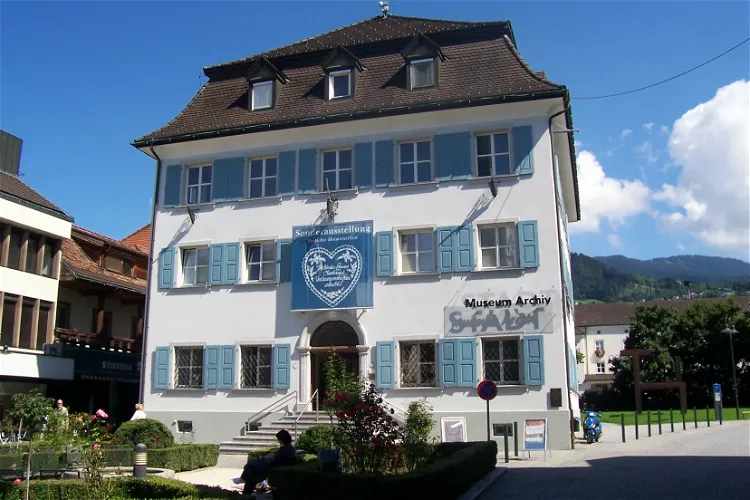
Stadtmuseum Dornbirn
DornbirnThe Stadtmuseum Dornbirn is a museum that focuses on the history of the city of Dornbirn, located in the Austrian state of Vorarlberg. It provides a comprehensive overview of the city's past, making it an ideal destination for those interested in learning more about Dornbirn's history.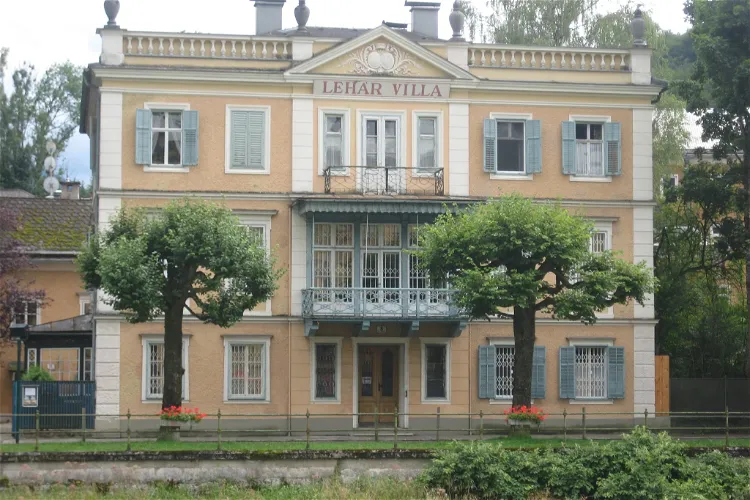
Lehár Villa
Bad IschlThe Lehár Villa in Bad Ischl, located at Lehár-Kai 8 in the Salzkammergut region, was once the summer residence of the famous composer Franz Lehár. He purchased the property in 1912 from the Duchess of Sabran and spent nearly every summer there. This historical connection adds a unique charm to the villa, making it an interesting destination for those interested in Lehár's life and work.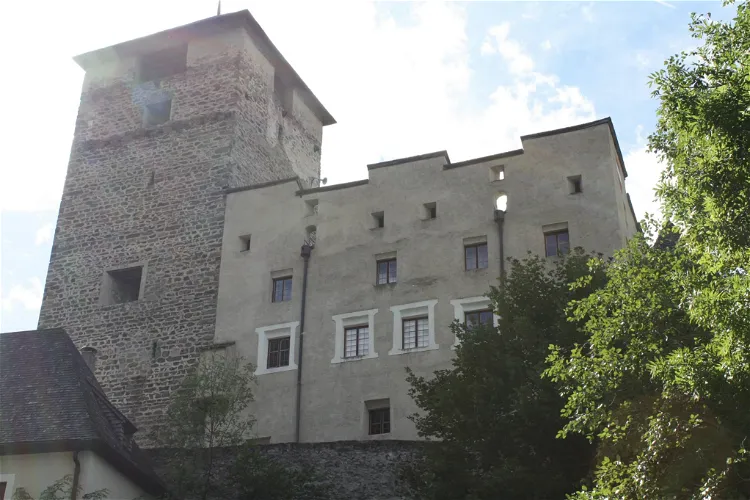
Landeck Castle
LandeckLandeck Castle is situated in a picturesque location in the south of the city of Landeck. It is perched on a rocky hill, nestled between the eastern valley slope and the deeply incised Inn. This strategic location offers stunning views of the surrounding landscape, making it a popular spot for tourists.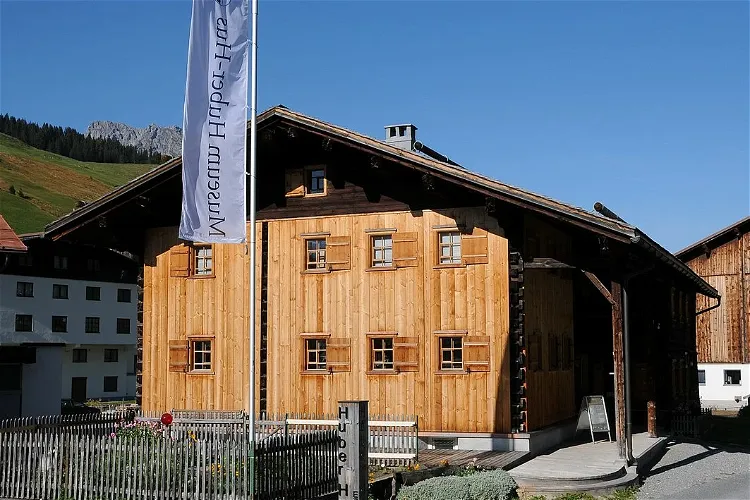
Huber-Hus
LechThe Huber-Hus in Lech, a museum that was built in the late 16th century, has been open to the public since 2005. This museum provides visitors with insights into the rural living and working culture of the past. It's a great place to learn about the history and culture of the region.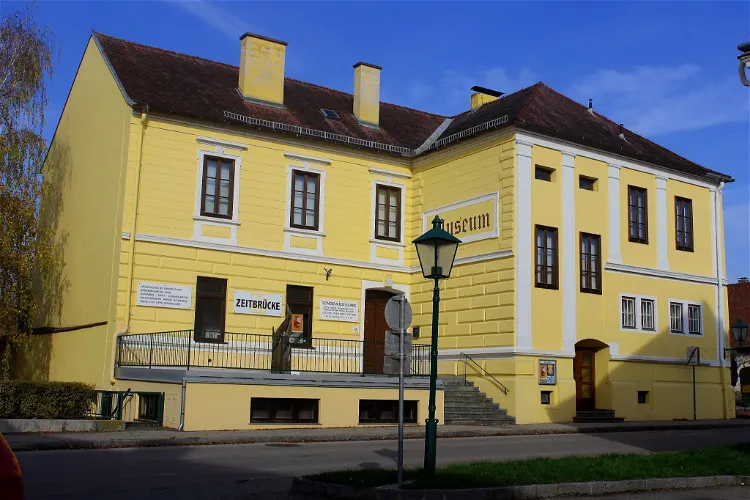
Zeitbrücke-Museum
Gars am KampThe Zeitbrücke-Museum, situated in Gars am Kamp in Lower Austria, is a regional museum that offers visitors a glimpse into the rich history of the area. The museum features permanent exhibitions about the composer Franz von Suppé, who had his summer residence here, and provides insights into 400 years of trade and 5000 years of settlements in the region. These exhibitions offer a comprehensive understanding of the region's cultural and historical development.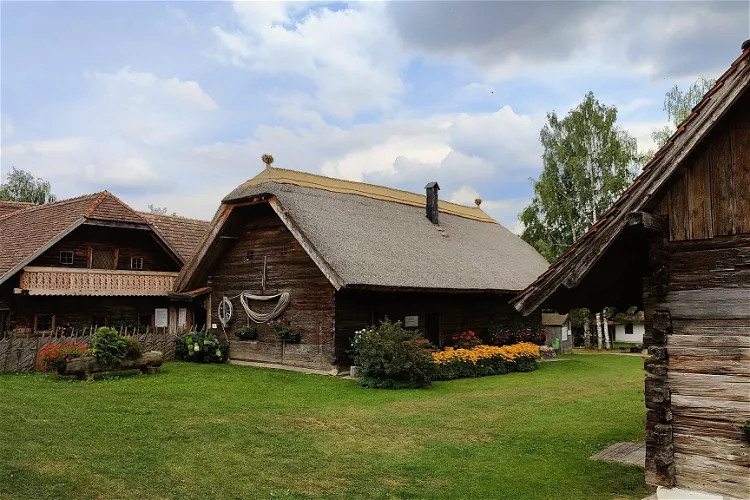
Freilichtmuseum Vorau
VorauThe Freilichtmuseum Vorau, also known as Museumsdorf Vorau, is a unique open-air museum located in Vorau, Styria. It offers a glimpse into the past by showcasing historical farmhouses complete with outbuildings and a variety of historical everyday objects. Visitors can explore the authentic rural buildings that have been carefully reconstructed on the museum's nearly 1-hectare site.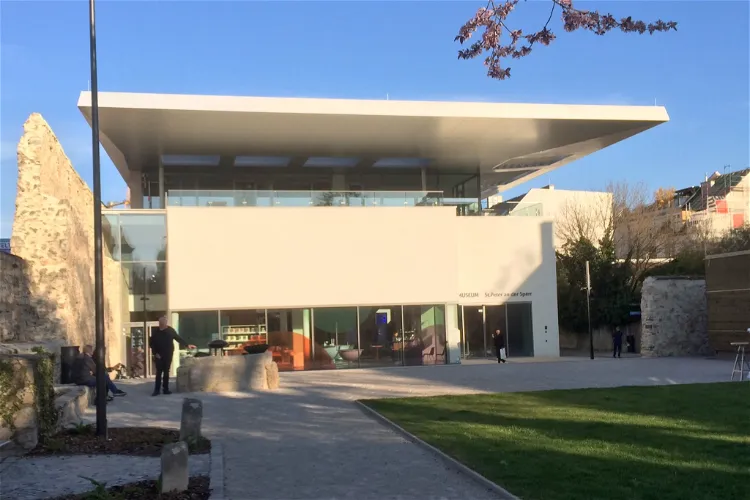
Museum St. Peter an der Sperr
Wiener NeustadtThe Museum St. Peter an der Sperr is situated in the Petersgasse, within the statutory city of Wiener Neustadt in Lower Austria. This location is easily accessible and offers a rich cultural experience for tourists visiting the area.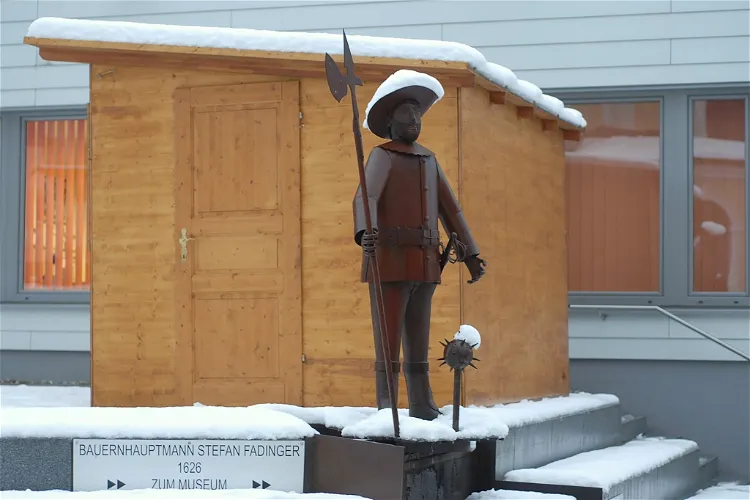
Stefan-Fadinger-Museum
KönigsdorfThe Stefan-Fadinger-Museum, located in St. Agatha in Upper Austria, is primarily dedicated to Stefan Fadinger. Fadinger is renowned as the most famous leader of the Upper Austrian Peasants' War of 1626. The museum offers a deep dive into the life and times of this significant historical figure, providing visitors with a unique insight into this turbulent period in Austrian history.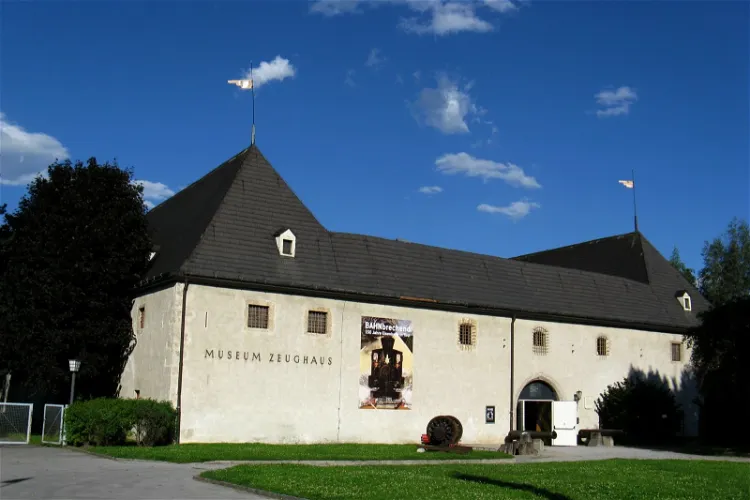
Zeughaus Museum
InnsbruckThe Zeughaus in Innsbruck, originally a weapons arsenal, is now a museum. It is situated in the Dreiheiligen district and is one of the five houses of the Tyrolean State Museums. This historical building, constructed between 1500 and 1505 under the orders of Maximilian I, offers a unique glimpse into the past.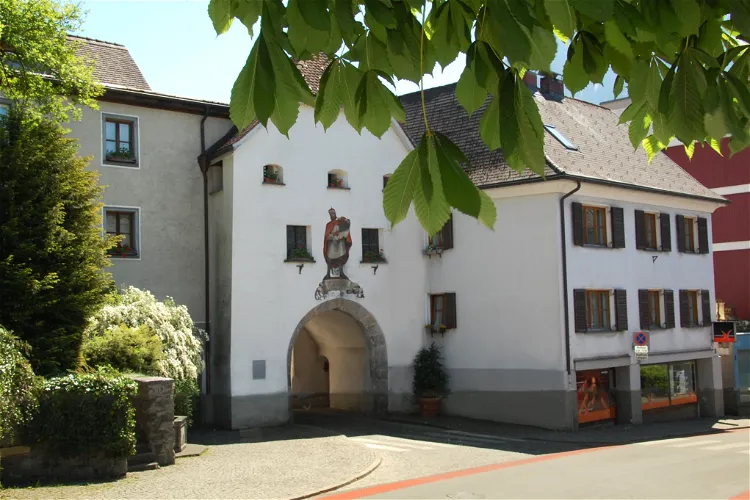
Stadtmuseum Bludenz
BludenzThe Stadtmuseum Bludenz is situated in a significant historical location, the Upper Gate, also known as the Feldkircher Tor. This gate is positioned at the western exit of two important streets, Kirchgasse and Herrengasse. This location not only adds to the historical charm of the museum but also makes it easily accessible for tourists.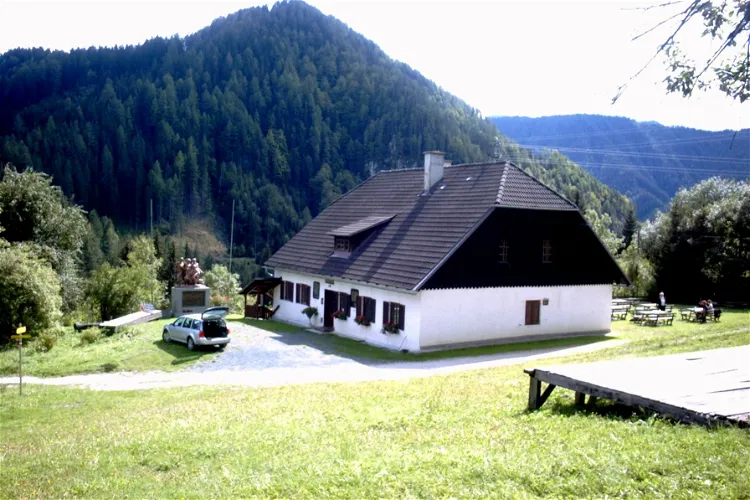
Peršman-Museum
Eisenkappel-VellachThe Peršmanhof, situated in Bad Eisenkappel, has a significant historical background. During the Second World War, it served as a partisan base. A tragic event occurred on April 25, 1945, when a special unit of the I. Battalion of the SS Police Regiment 13 committed a massacre, killing eleven civilians. This historical event is a crucial part of the museum's narrative.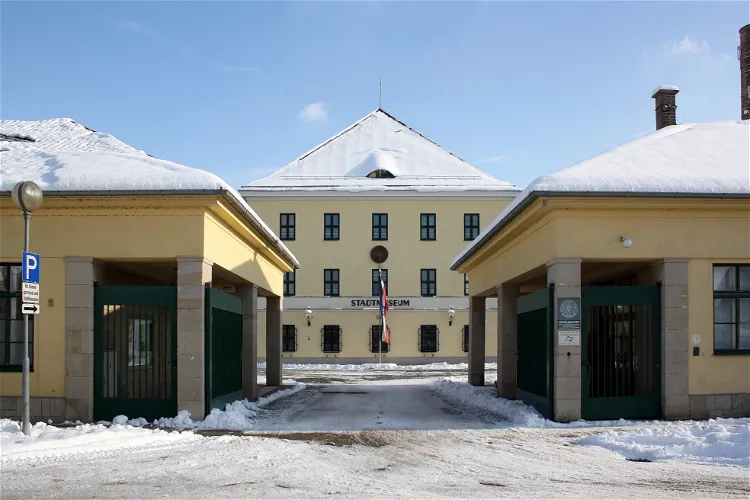
Museum Traiskirchen
TraiskirchenThe Traiskirchen City Museum is primarily dedicated to showcasing the lifestyles of the first half of the 20th century. It houses a wide range of exhibits from various sectors such as viticulture, agriculture, trade and commerce, industry, fire department, and the club and school system. These exhibits are displayed in the monument-protected former premises of the Möllersdorf factory of the Vöslauer worsted yarn factory, covering an area of over 3000 square meters.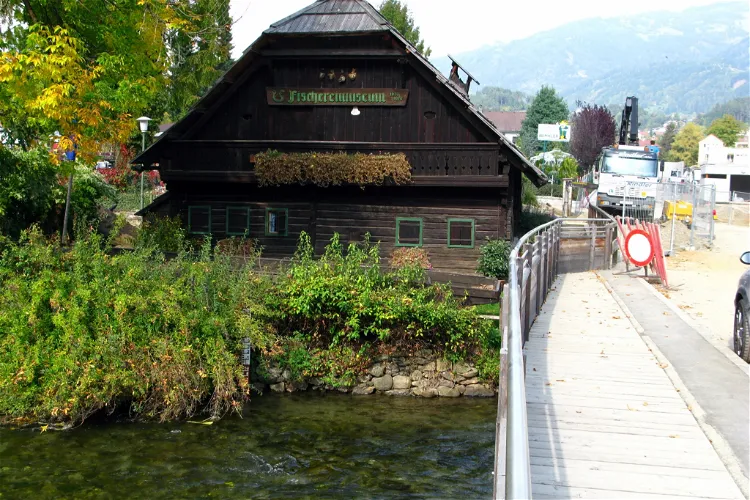
Kärntner Freilichtmuseum Maria Saal
KadingThe 1st Carinthian Fishing Museum, established in 1980, is located in the Austrian state of Carinthia. It is situated in the western bay of Lake Millstatt in the district of Wirlsdorf in Seeboden. This museum offers a unique insight into the history and culture of fishing in the region.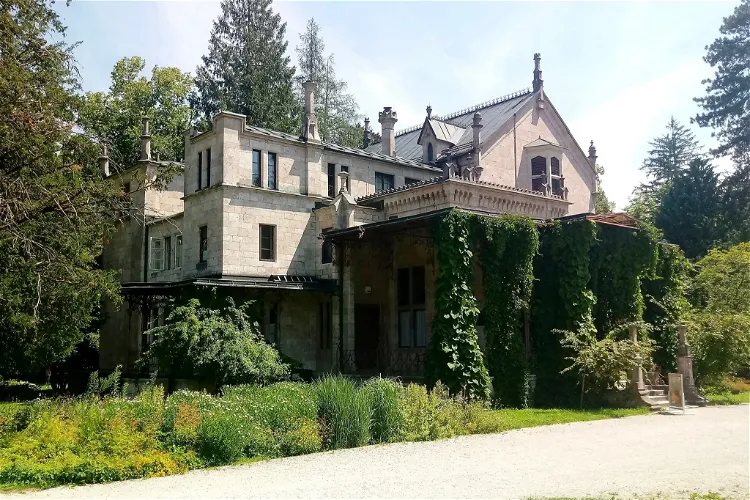
Marmorschlößl Fotomuseum
Bad IschlThe Marmorschlössl, historically known as the imperial cottage, is located in the Kaiserpark of Bad Ischl. It was used by Emperor Franz Joseph I and Empress Elisabeth as a breakfast salon. This historical significance adds a unique charm to the place, making it an interesting spot for tourists who are keen on history and royal life.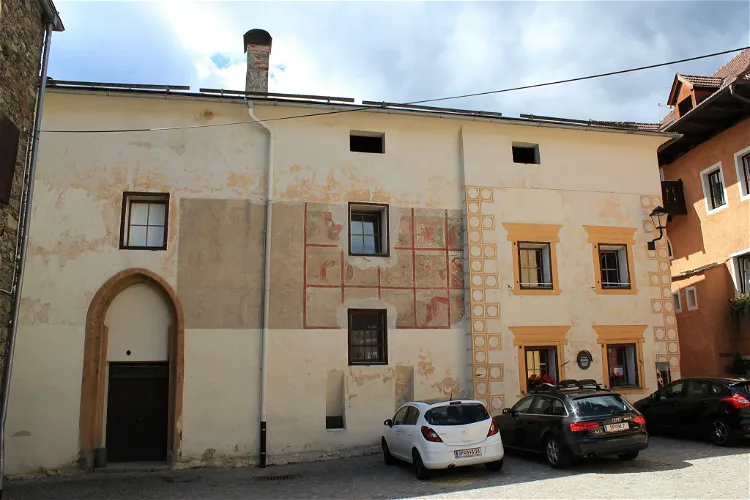
Pankratium Gmünd
Gmünd in KärntenThe Antonius-Spital, a former hospital located in Gmünd in Kärnten, is now home to a museum. This historical building, which dates back to the end of the 14th century, offers a unique glimpse into the past. Its simple exterior is accentuated by a high pointed arch gate and 15th-century frescoes depicting scenes from the life of Saint Elizabeth.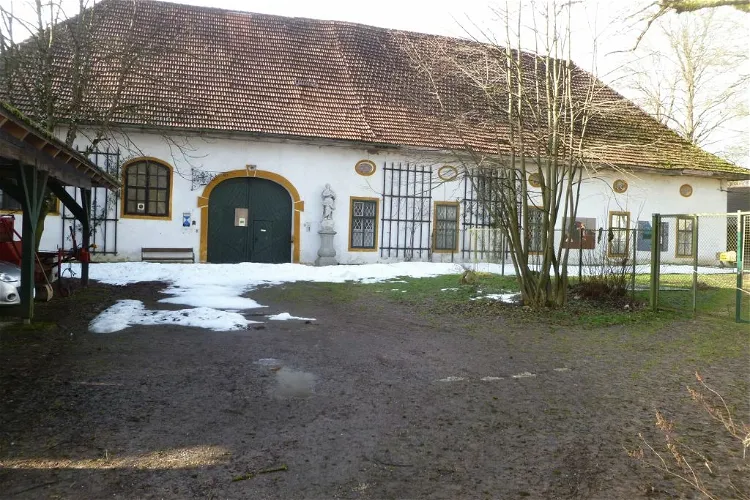
Schloss Walchen
VöcklamarktThe Kinderweltmuseum Schloss Walchen housed approximately 1200 exhibits, with a primary focus on the lives of children in different social milieus. The museum aimed to provide a comparative view of the lives of children from bourgeois, peasant, and worker backgrounds.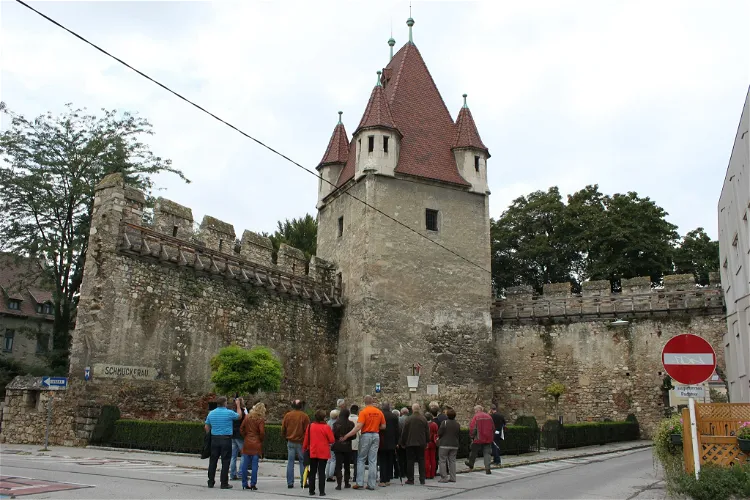
Reckturm
Wiener NeustadtThe Reckturm, located in Wiener Neustadt, is a historical monument dating back to the early 13th century. It served as the northwestern corner tower of the former city wall. This tower holds significant historical value and provides a glimpse into the city's past.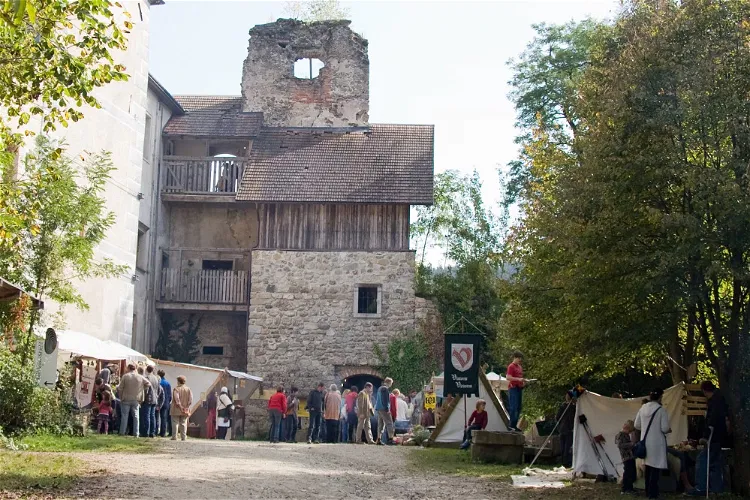
Upper Austrian Castle Museum Reichenstein
TragweinReichenstein Castle, located in the town of Reichenstein in the municipality of Tragwein in the district of Freistadt in Upper Austria, is a semi-ruin of a castle that was converted into a chateau. The castle is situated on a narrow, steeply sloping rock ridge above a river loop of the Waldaist. The castle offers a unique blend of historical architecture and natural beauty, making it a fascinating destination for tourists.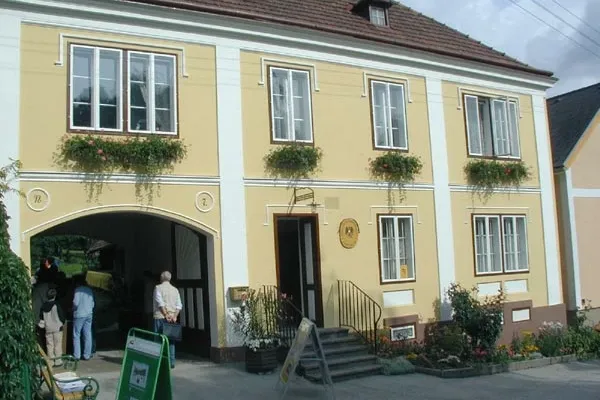
Historic Post Office
PayerbachThe Historic Post Office in Küb, located in the municipality of Payerbach on the Semmering Railway, was opened in 1905. This location offers a glimpse into the early 20th century, when the town of Küb was a small, burgeoning place.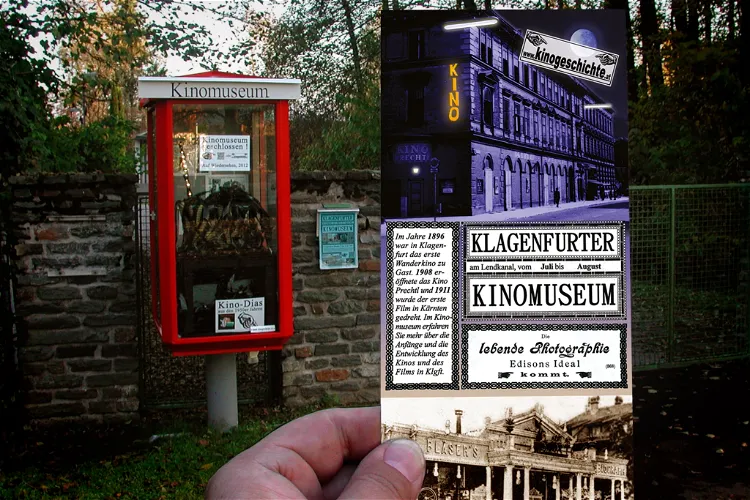
Kinomuseum Klagenfurt
KlagenfurtThe Klagenfurt Cinema Museum, located in Klagenfurt am Wörthersee, Carinthia, is a unique institution dedicated to the history and technology of cinema. It offers a comprehensive look into the evolution of cinema, from its earliest beginnings to the present day. The museum is a great place for film enthusiasts and history buffs alike, providing a wealth of information and exhibits that delve into the fascinating world of cinema.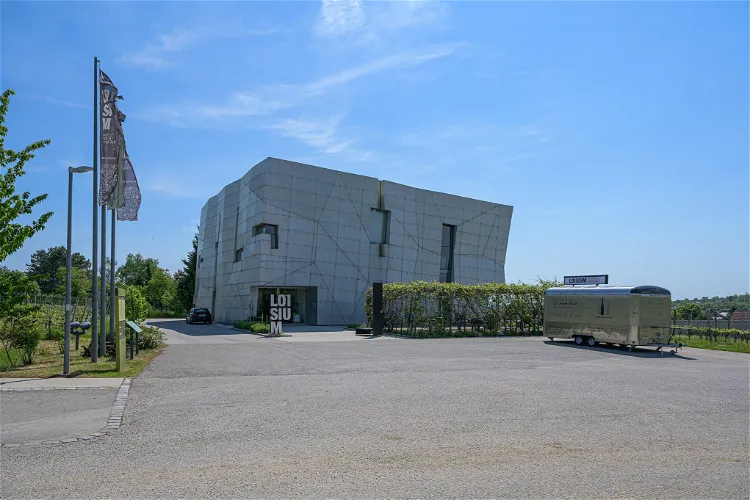
Loisium Weinwelt
LangenloisIn the heart of popular wine region, Loisium has something for everyone, from old cellars guided tour and wine tasting to a museum.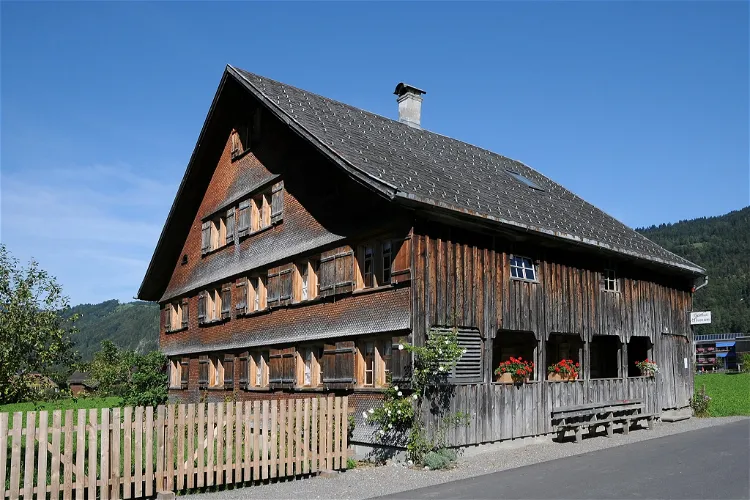
Bezau Local History Museum
BezauThe Bezau Local History Museum is a unique destination that offers a glimpse into the past. It is housed in a former 18th century Bregenzerwald farmhouse, located in the district of Ellenbogen 181 in Bezau, Vorarlberg district, Bregenz. This historical building is a testament to the architectural style and way of life during that period.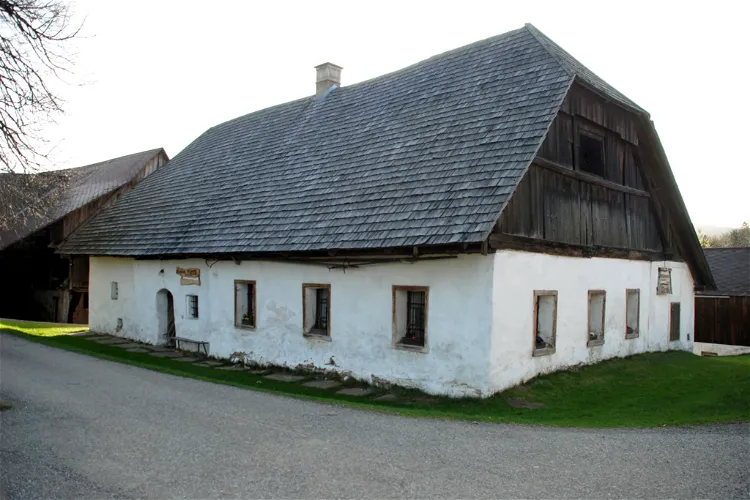
Bauernhausmuseum Herk
DeutschlandsbergThe Bauernhausmuseum Herk, located in Freiland, Deutschlandsberg, West Styria, has a rich history. Originally a farmhouse, it was transformed into a private open-air museum in 2005. The museum provides a glimpse into rural life in the 19th century, offering a unique opportunity for visitors to step back in time and experience the past.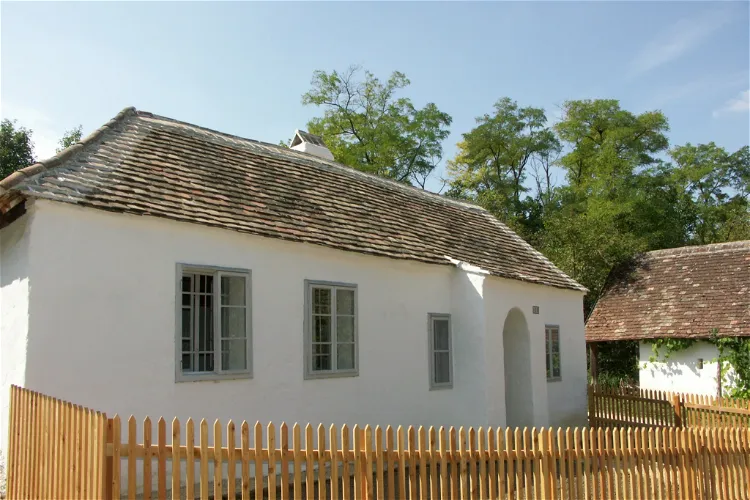
Anabaptist Museum
Sulz im WeinviertelThe Anabaptist Museum in Niedersulz, opened in 2008, is a unique institution in Austria. It is the first museum in the country to feature a permanent exhibition dedicated to the history of the Hutterites and Anabaptists, with a particular focus on the regions of Weinviertel and South Moravia. This makes it a significant destination for those interested in religious history and the cultural heritage of these regions.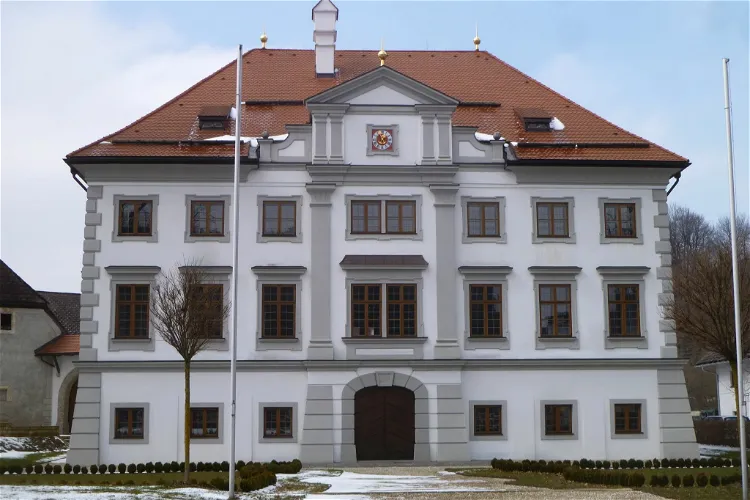
Schloß Stauff
FrankenmarktToday, Schloss Stauff serves a dual purpose. It houses the registry office of Frankenmarkt, and it also contains a museum. Visitors can explore the museum to learn more about the castle's history and the region's cultural heritage.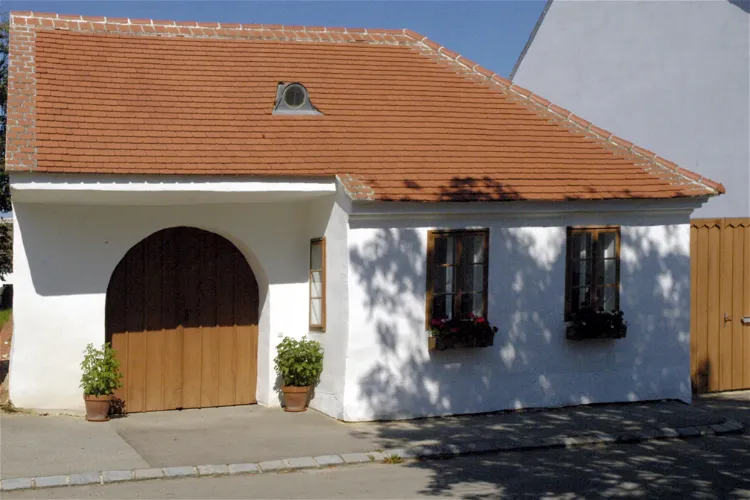
Brandlhof
ZiersdorfThe Brandlhof, originally a farm dating back to the 13th century, has been repurposed and now serves as a cultural and seminar center. The site is under monument protection, preserving its historical significance and architectural integrity. Visitors can immerse themselves in the rich history of the site while also participating in various cultural and educational activities.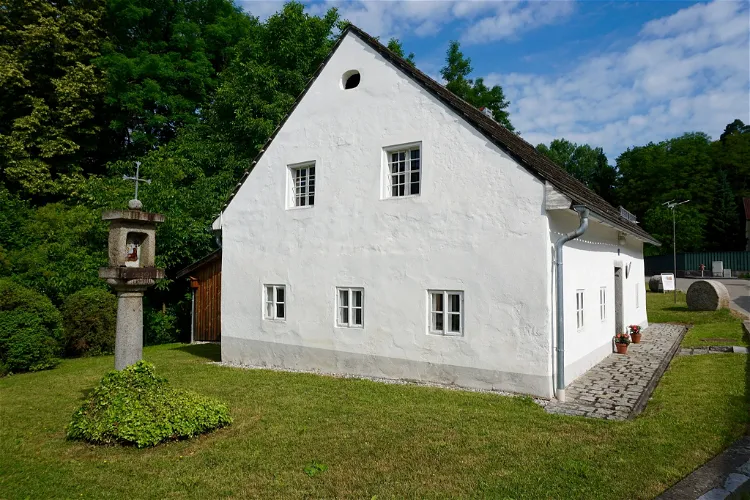
Mühlsteinmuseum Steinbrecherhaus
PergThe Mühlsteinmuseum Steinbrecherhaus is a unique museum located in the city of Perg. It is a simple worker's house that was built in the early 19th century. The house is situated on the grounds of the Scherer millstone quarry in the Obervormarkt area of the city. This location provides a unique insight into the lives of the workers who lived and worked in this area during the 19th century.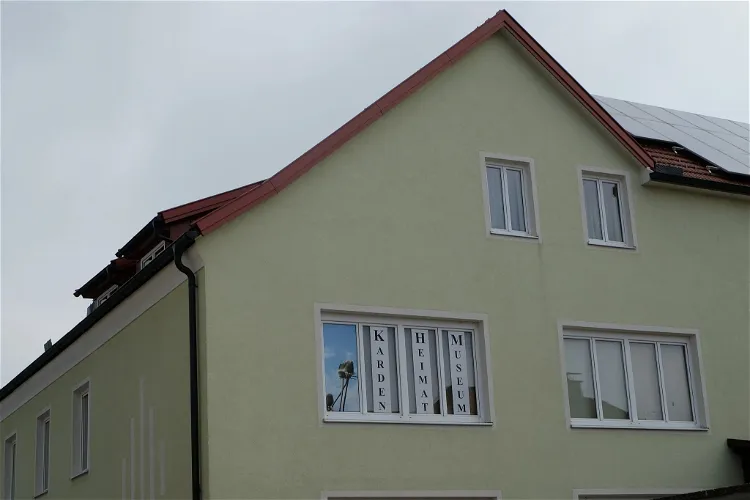
Karden- und Heimatmuseum Katsdorf
BodendorfThe Karden- und Heimatmuseum Katsdorf is situated in the old schoolhouse at the church square in Katsdorf, a district in Upper Austria. This location is steeped in history and provides a unique setting for the museum.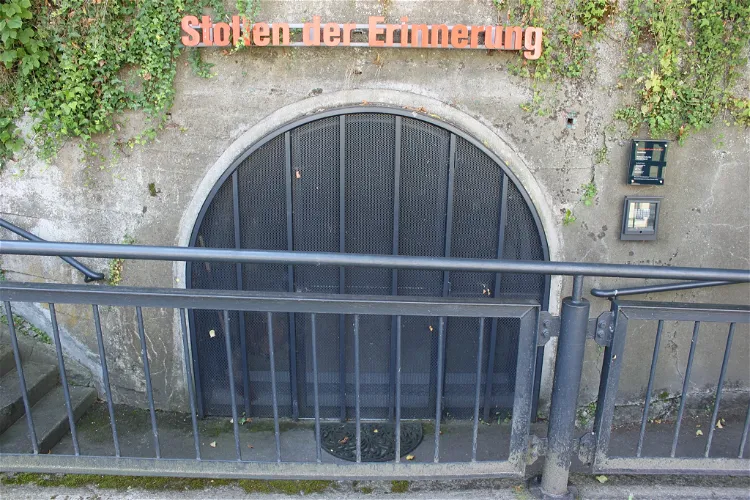
Stollen der Erinnerung
SteyrThe Stollen der Erinnerung, located in the city of Steyr in Upper Austria, is a permanent exhibition dedicated to the history of forced labor and concentration camps. This museum provides a deep insight into a significant part of history, making it a valuable visit for those interested in historical events and their impact on society.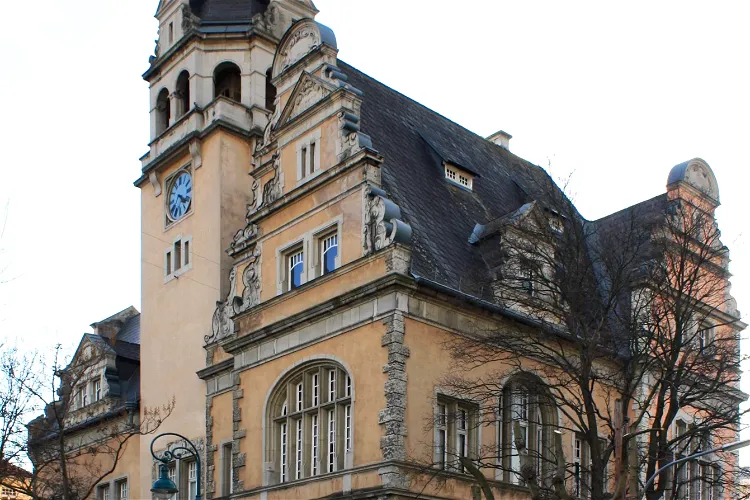
Rollettmuseum
BadenThe Rollettmuseum, located in Baden, Lower Austria, serves a dual purpose. It is home to the city archive of Baden, providing a rich source of historical information about the city. Additionally, it houses the collection of Anton Rollett, a local court doctor. This collection offers a unique insight into the life and work of this notable figure in Baden's history.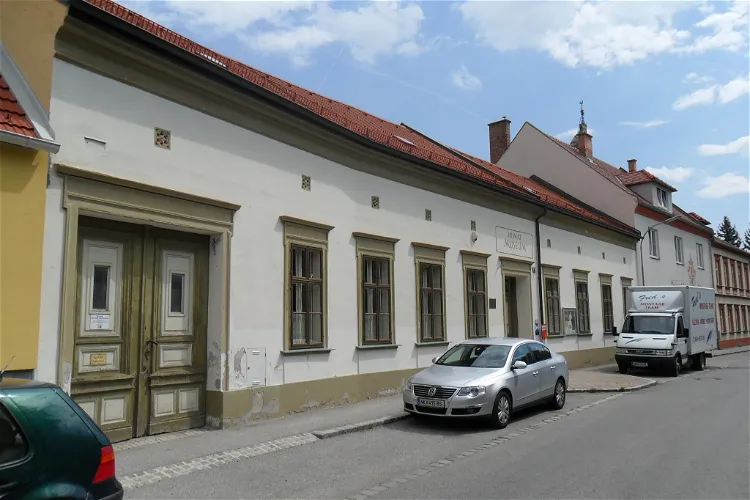
Städtisches Museum Neunkirchen
NeunkirchenThe Städtisches Museum Neunkirchen is a city and district museum situated in the city of Neunkirchen, Lower Austria. It is located at Stockhammergasse 13. The building in which the museum is housed is a protected monument, adding to the historical significance of the site.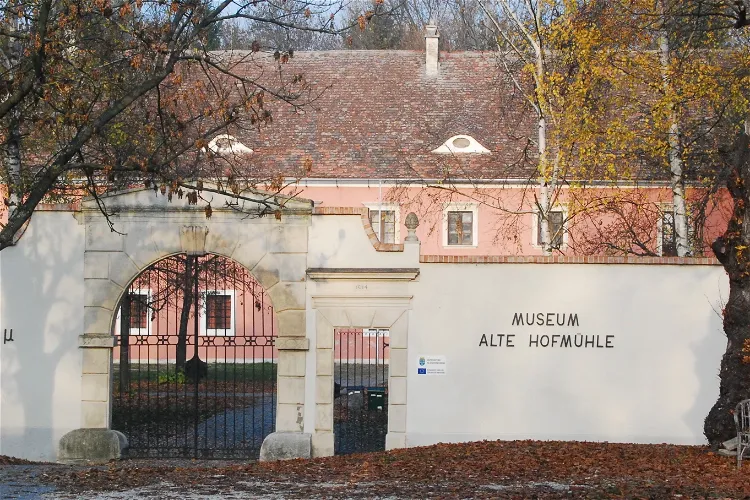
Museum Alte Hofmühle
HollabrunnThe Alte Hofmühle city museum in Hollabrunn is a unique destination for tourists interested in history and architecture. The museum is located in a protected former manor house that dates back to the 16th century. This historic building was used as a mill until the 20th century, providing a glimpse into the region's past.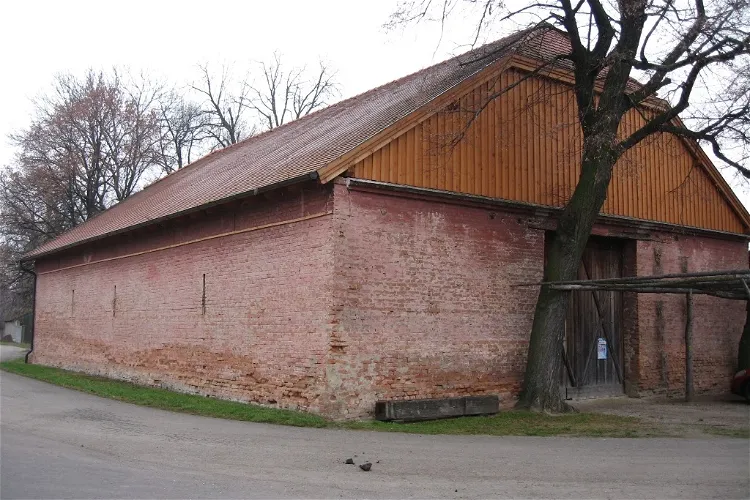
Bauernmuseum Kalladorf
WullersdorfThe Bauernmuseum Kalladorf is a farming museum situated in the municipality of Wullersdorf, in the Lower Austrian Weinviertel. This museum offers a unique insight into the agricultural history of the region, showcasing a variety of farming machinery, tools, household appliances, and everyday items.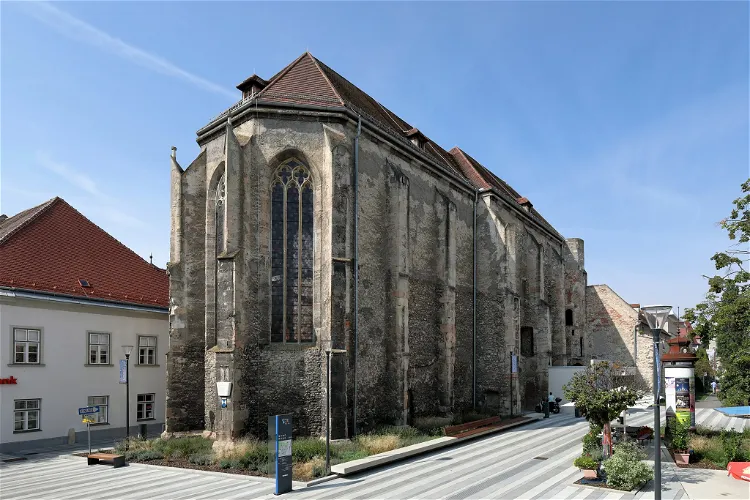
St. Peter an der Sperr
Wiener NeustadtSt. Peter an der Sperr, once a Dominican monastery, is now a significant historical site in Wiener Neustadt, Lower Austria. The former church building, which is no longer used for religious purposes, has been repurposed as an exhibition space. This transformation allows visitors to appreciate the historical architecture while also engaging with various exhibitions.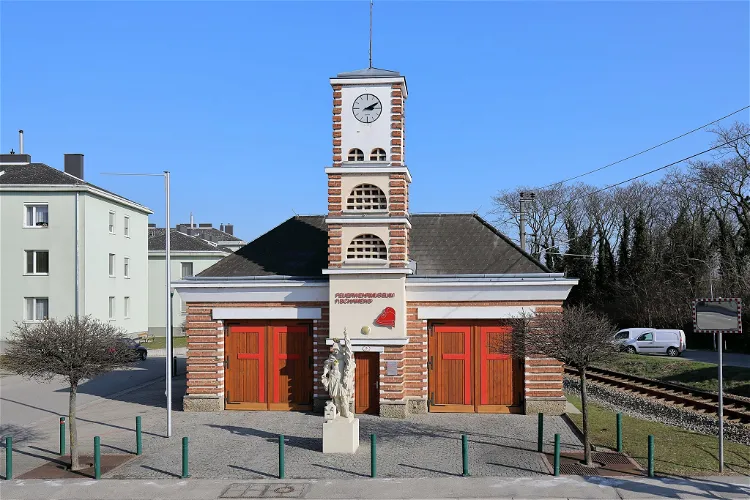
Feuerwehrmuseum Fischamend
FischamendThe Feuerwehrhaus Fischamend-Dorf is situated in the district of Fischamend-Dorf, within the town of Fischamend, in the district of Bruck an der Leitha in Lower Austria. This location is easily accessible and offers a unique opportunity to explore the rich history and culture of the region.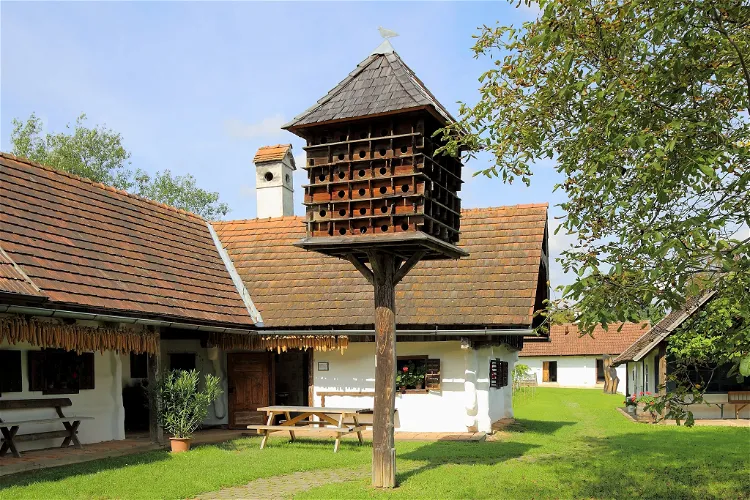
Freilichtmuseum Gerersdorf
Gerersdorf-SulzThe Freilichtmuseum Ensemble Gerersdorf is a unique open-air museum located in the municipality of Gerersdorf-Sulz in Burgenland, Austria. It was privately established in 1976 and has since grown to become the largest open-air museum in Burgenland. The museum offers a comprehensive and realistic insight into the Pannonian culture typical of the southern Burgenland region, through its straw-thatched residential and commercial buildings, utensils, and farming tools from the 18th to the early 20th century.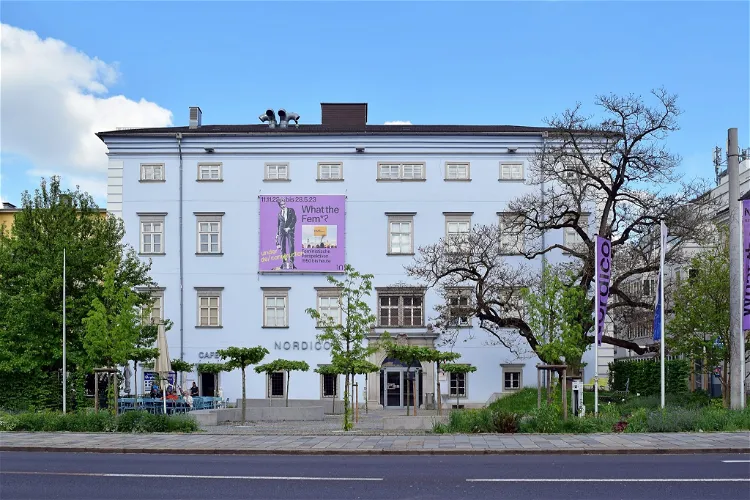
Nordico City Museum Linz
LinzThe Nordico City Museum is situated in the city hall district of Linz, Austria, specifically at Simon-Wiesenthal-Platz 1. This location is easily accessible and central, making it a convenient stop for tourists exploring the city.- Online discount!

Imperial Carriage Museum Vienna
ViennaAt the Imperial Carriage Museum Vienna in Schönbrunn, join the company of such illustrious personalities as Empress Maria Theresa, Napoleon and Emperor Franz Joseph, and journey through their life as illustrated by their state coaches and carriages. The prize exhibit is undoubtedly the baroque Imper 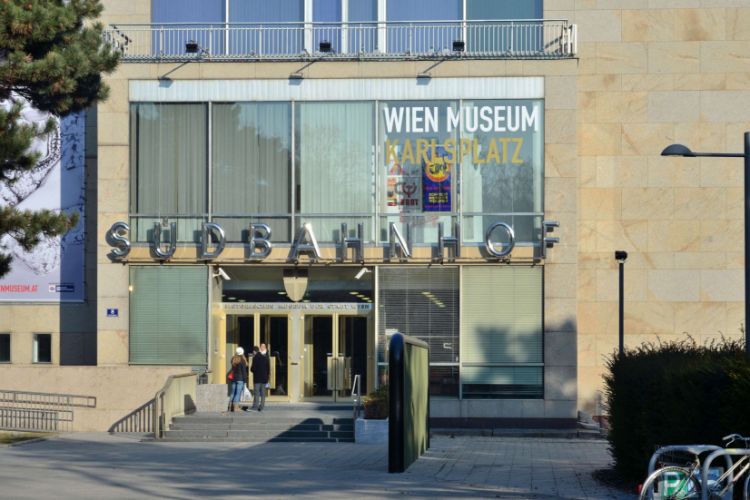
Wien Museum Karlsplatz
ViennaThe Wien Museum on Karlsplatz will be renovated and expanded over the coming years. The building will be upgraded with additional room for exhibits, generous spaces for educational activities, an event center, and a new restaurant and café.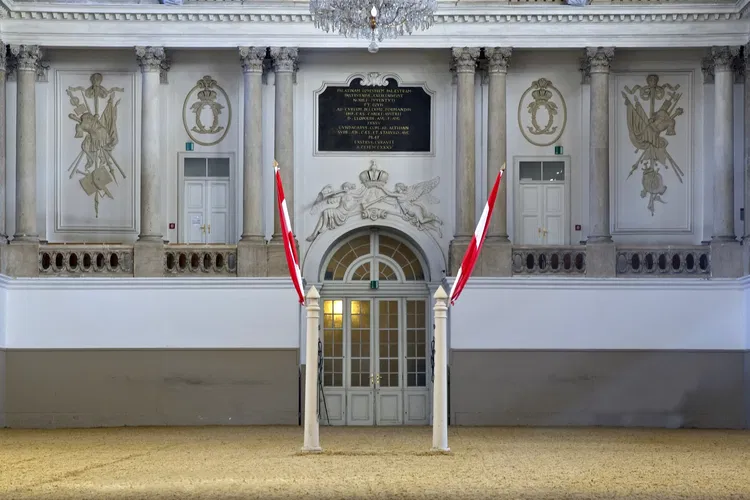
Spanish Riding School
ViennaThe Spanish Riding School, or Spanische Hofreitschule, is a renowned institution in Vienna. It is dedicated to horse riding, specifically classical dressage, and is known for two key elements: the Lipizzan breed of horse and the traditional Spanish dressage technique. This combination of elements makes the school unique and a symbol of Vienna's cultural heritage.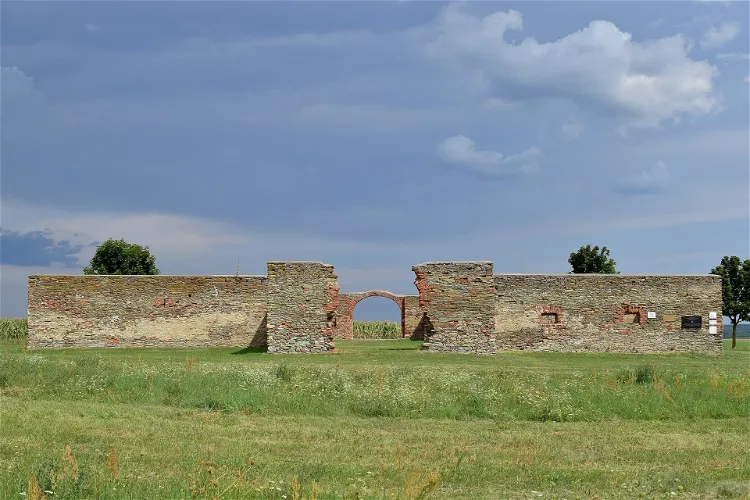
Kreuzstadl Rechnitz
RechnitzThe Kreuzstadl Rechnitz is a significant historical site located on the southern outskirts of the market town of Rechnitz in the Oberwart district in Burgenland. This former agricultural building now serves as a memorial to the Rechnitz massacre. Its location provides a serene and reflective environment for visitors to learn about the tragic events that took place here during World War II.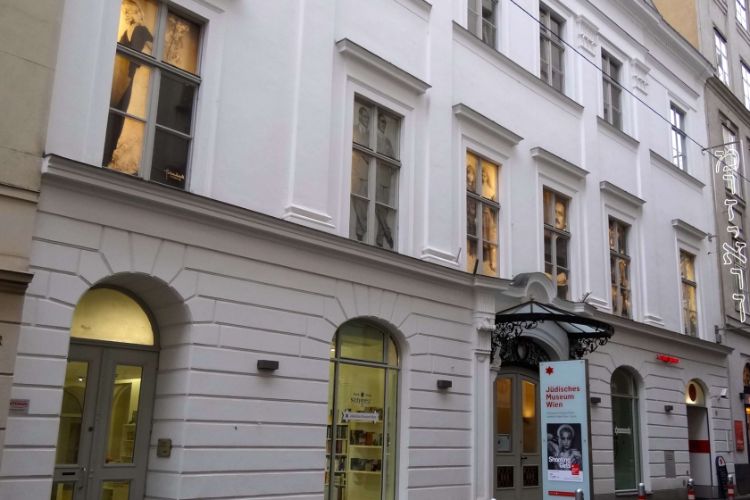
Jewish Museum
ViennaThe Jewish Museum Vienna (Jüdisches Museum der Stadt Wien) is a museum of Jewish history, Jewish culture and Jewish religion in Vienna. The museum has two buildings, the Palais Eskeles and the Misrachi house. The exhibition and event program deals with the past and present of Jewish culture in Austr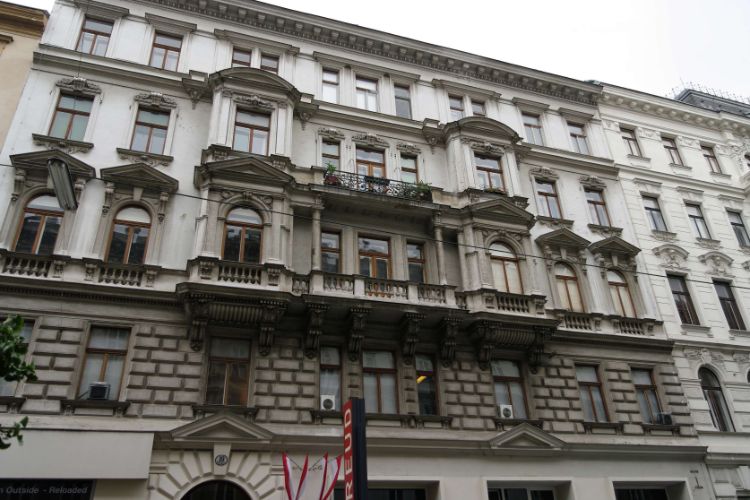
Sigmund Freud Museum
ViennaThe Sigmund Freud Museum in Vienna features an exhibition on the history of psychoanalysis and the life of Sigmund Freud (1856-1939) in Freud's former practice and apartment. The collection of the museum includes original items owned by Freud, the practice's waiting room, and parts of Freud's antiqu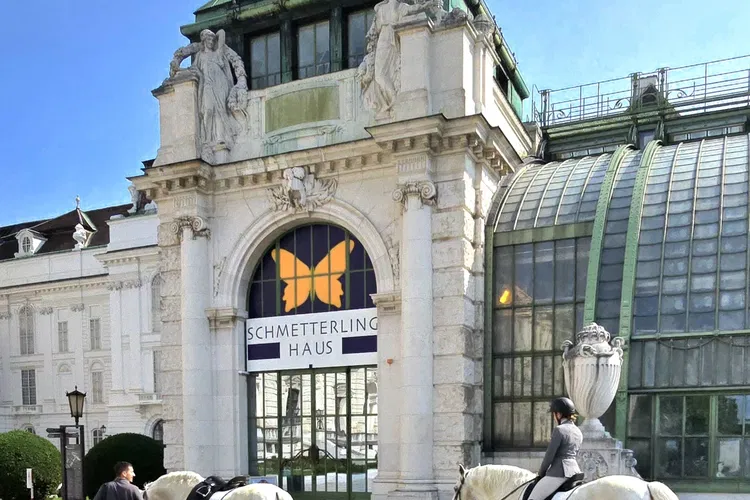
Butterflyhouse Hofburg Palace
ViennaThe Schmetterlinghaus, the Butterfly House in Vienna is a large historical Jugendstil greenhouse built in 1902 where you can experience hundreds of live free-flying tropical butterflies in a recreation of their tropical environment. It is part of the Imperial Hofburg Palace and open every day of the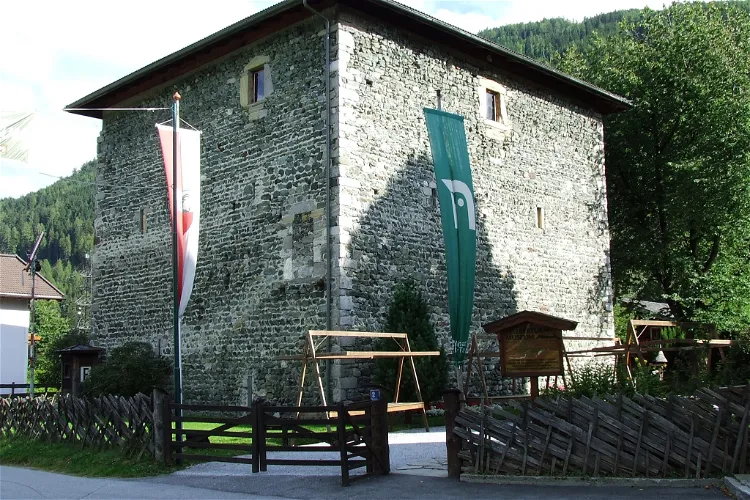
Felberturm Museum
MittersillThe Felberturm, also known as Burgruine Felben or Velben-Kasten, is a historical site located in the Felben district of the municipality of Mittersill in the Zell am See district in Pinzgau in the state of Salzburg. The tower is part of a typical small castle complex in Pinzgau, of which only the Weyerturm in Bramberg am Wildkogel remains in addition to this one. The tower was probably built in the first half of the 12th century and was home to the family of the Lords of Velben.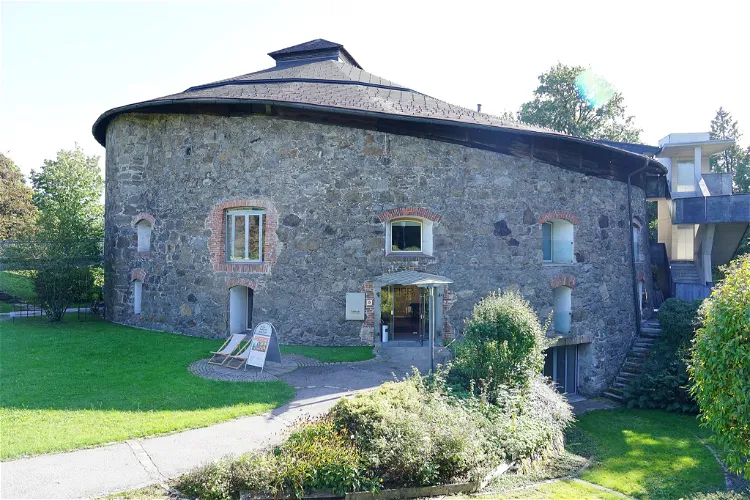
Stadtmuseum Leonding
LeondingThe Stadtmuseum Leonding, also referred to as the Turmmuseum, is situated in Tower 9 of the Linz Tower Fortification in Leonding. It has been functioning as a museum since 1999, providing a unique blend of history and culture to its visitors.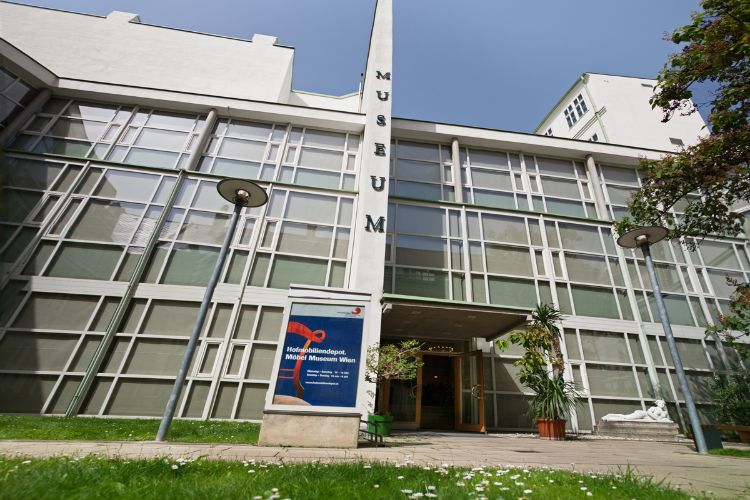
Imperial Furniture Collection
ViennaThe Imperial Furniture Collection (Hofmobiliendepot) is a furniture museum in Vienna and one of the world's largest museums of home decor. The museum's collection mainly consists of furniture of the Habsburg monarchs, from commodes to imperial thrones. However, Austrian furniture designers and archi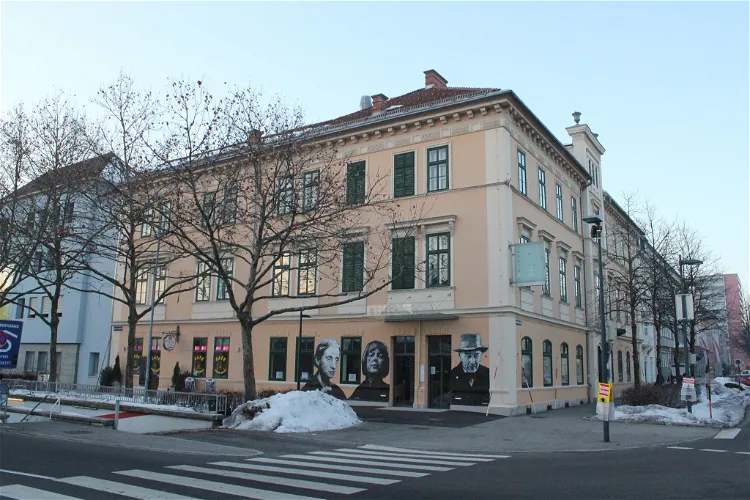
Robert Musil Literature Museum
KlagenfurtA place where the writer Robert Musil was born. Now is the whole house dedicated to exhibitions on Musil, Bachmann and Lavant.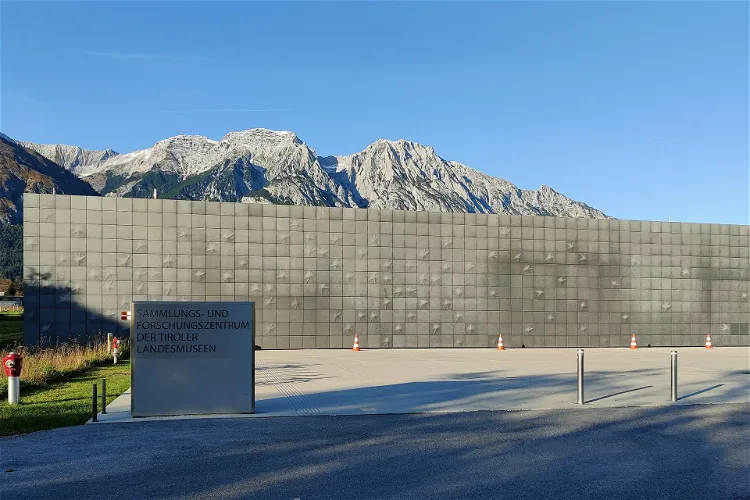
Tyrolean State Museum
Hall in TirolThe Tyrolean State Museum, also known as Il Ferdinandeum, is a significant cultural institution located in the city of Innsbruck. The museum was named after Duke Ferdinand II of Austria, reflecting the rich historical ties of the region. It offers visitors a chance to delve into the history and culture of Tyrol, making it a worthwhile destination for those interested in understanding the region's past.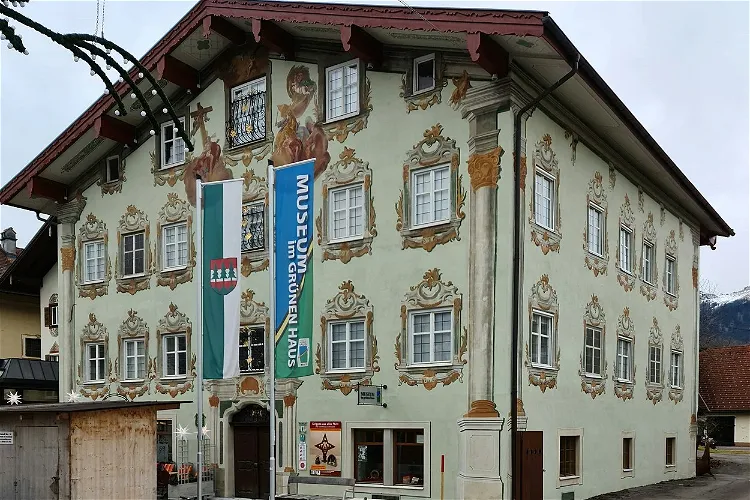
The Museum in the Green House
ReutteThe Museum im Grünen Haus is situated in the market town of Reutte in Tyrol. This location is easily accessible and offers a rich cultural experience for tourists visiting the area. The town itself is a charming destination with a variety of attractions, making the museum a convenient stop for those exploring the region.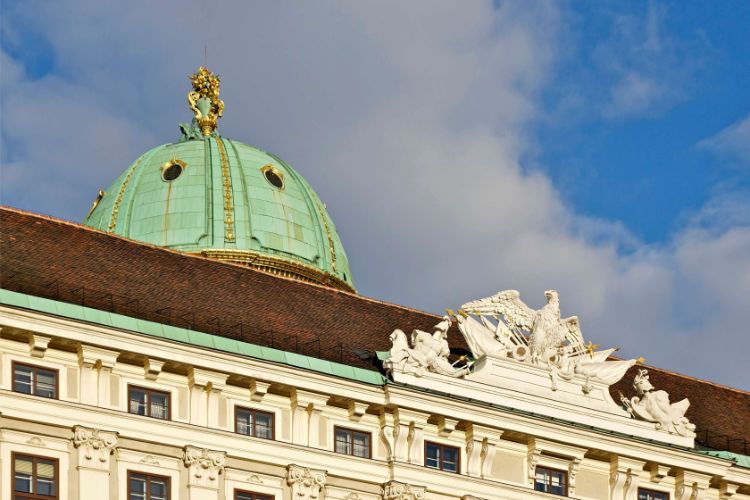
Silberkammer
ViennaThe Silberkammer (silver chamber) is part of the Hofburg in Vienna. On display are the holdings of the Hofsilber- and Tafelkammer, which were transferred to the Republic of Austria after the end of the Habsburg monarchy. Valuable objects of glass, silver, porcelain as well as cooking and baking uten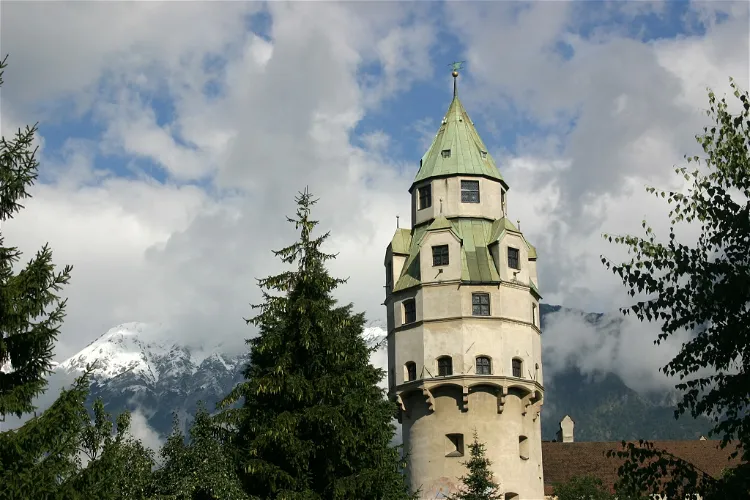
Hasegg Castle
Hall in TirolHasegg Castle, also known as Burg Hasegg, is a historical site located in Hall in Tirol, Austria. The castle, which dates back to around 1300, was originally a defensive structure built to protect the local salt mines, river shipbuilding industry, and a key road crossing. Today, it stands as a testament to the region's rich history and offers visitors a unique glimpse into the past.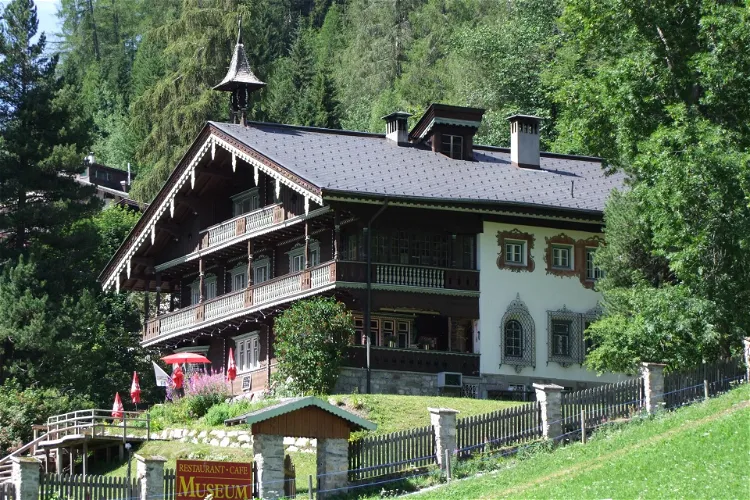
Museum St. Anton am Arlberg
Sankt Anton am ArlbergGet to know the history of this renowned winter resort. Take a tour around the museum housed in Trier Villa from 1912. Learn something new!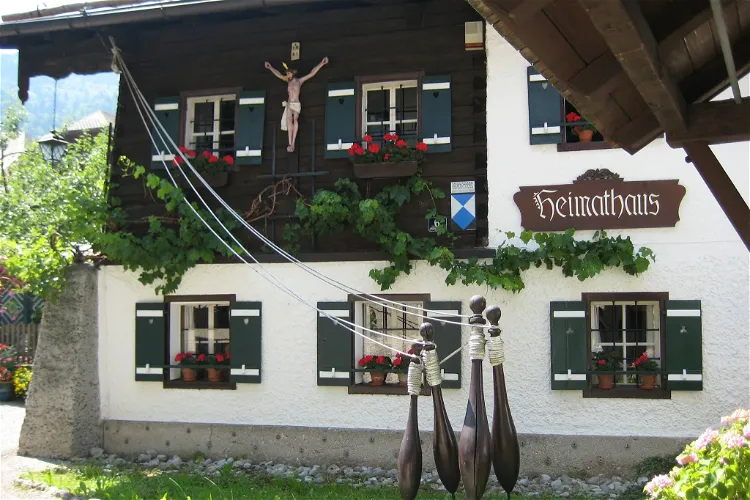
Heimatkundliches Museum St. Gilgen
Sankt GilgenThe Heimatkundliches Museum Sankt Gilgen is a local history museum situated in the municipality of Sankt Gilgen, within the Salzburg-Umgebung district. This museum is housed in a building that is protected as a historical monument, adding to its cultural and historical significance.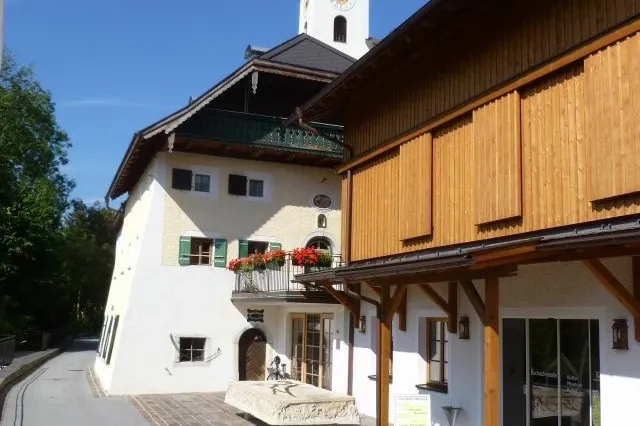
Die Bachschmiede
WalsDie Bachschmiede is a cultural center and museum located in the Austrian community of Wals-Siezenheim. It was officially opened to the public in 2008. The center offers a unique blend of history and culture, making it an interesting destination for tourists.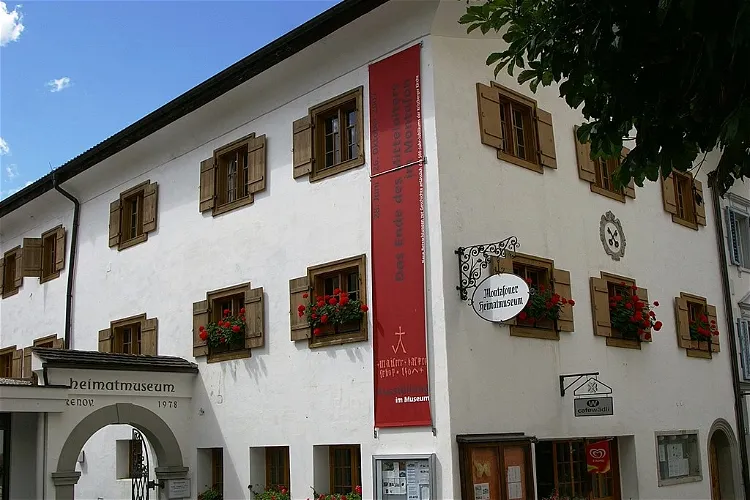
Montafoner Heimatmuseum
SchrunsThe Montafoner Heimatmuseum Schruns is situated in the market town of Schruns, nestled in the Montafon valley within the Bludenz district of Vorarlberg, Austria. This location offers visitors a chance to explore the rich history and culture of the region while enjoying the picturesque surroundings of the Austrian Alps.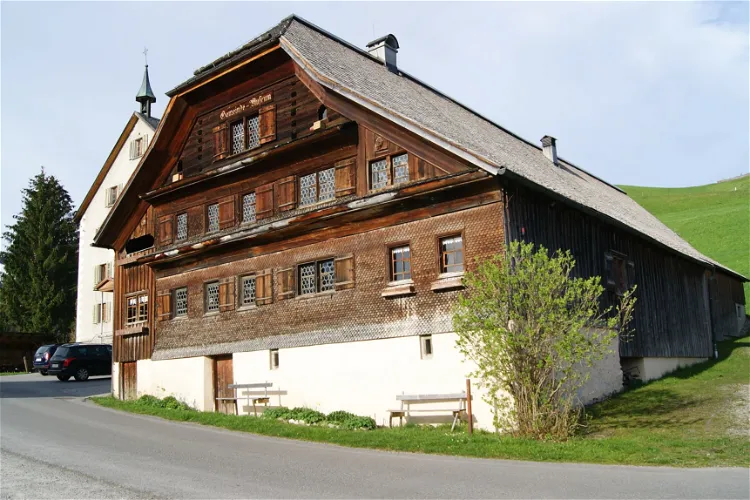
Angelika Kauffmann Museum
SchwarzenbergThe Angelika Kauffmann Museum is a cultural institution situated in Schwarzenberg, Austria. It is dedicated to the life and work of the renowned Swiss painter Angelica Kauffman. The museum offers a unique opportunity to delve into the artistic journey of Kauffman, providing a comprehensive overview of her contributions to the art world.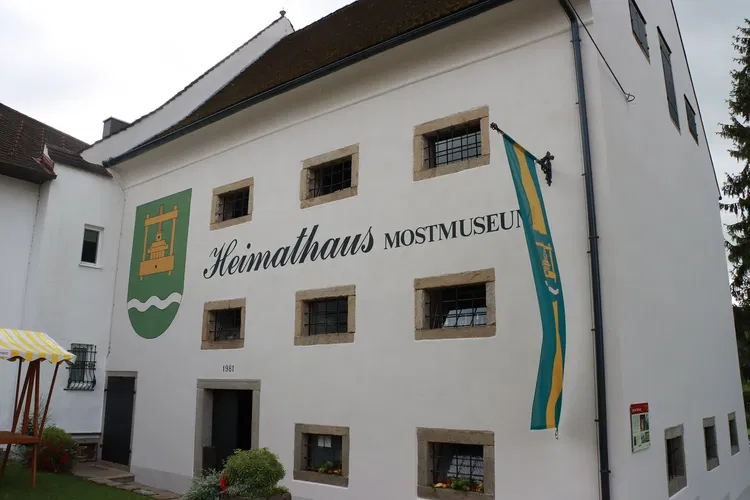
Sankt Marienkirchen an der Polsenz
UnterfreundorfSt. Marienkirchen an der Polsenz is a quaint market town located in the Hausruckviertel in the Eferding district of Upper Austria. As of January 1, 2023, the town has a population of 2349 residents. This charming town offers a unique blend of history and culture, making it an interesting destination for tourists.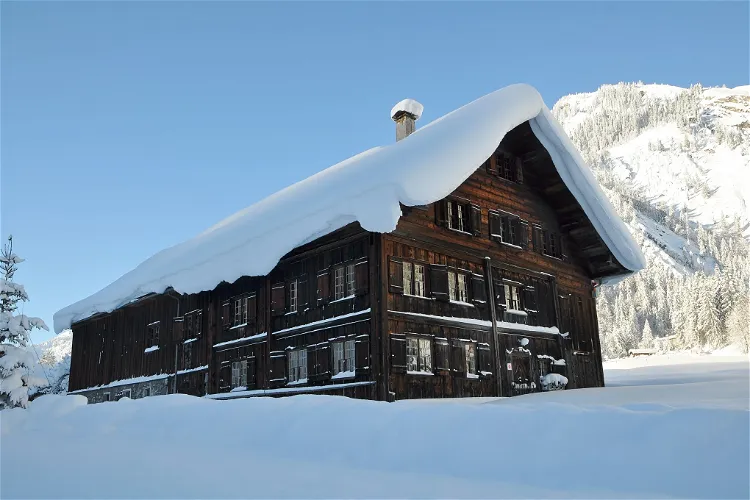
Klostertal Museum
DalaasThe Klostertal Museum is a local museum located in the town of Wald am Arlberg, Vorarlberg. It is supported by the three communities of Innerbraz, Dalaas, and Klösterle in Klostertal. The museum is a testament to the rich history and culture of the region, offering visitors a glimpse into the past.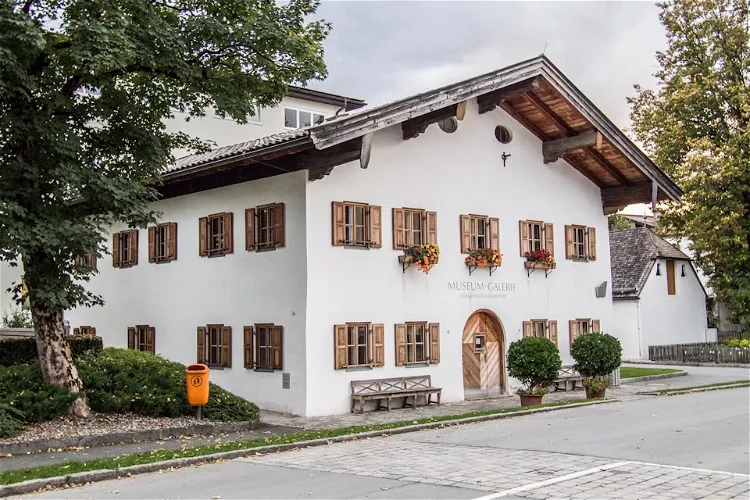
Museum St. Johann in Tirol
Sankt Johann in TirolThe Museum St. Johann in Tirol is conveniently located at Bahnhofstraße 8, at the end of the pedestrian zone. This location is behind the baroque Dean's Parish Church, making it easily accessible for tourists exploring the area.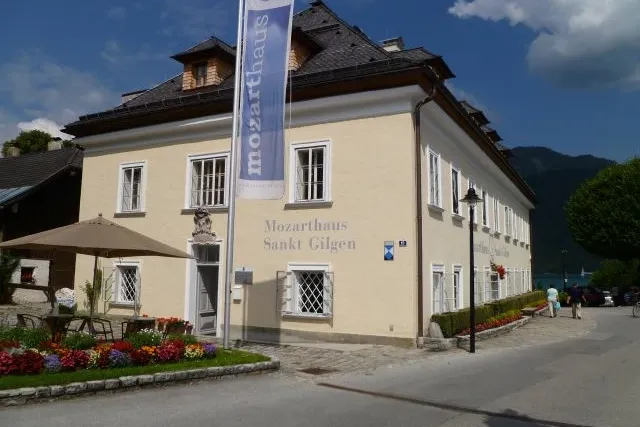
Mozarthaus St. Gilgen
Sankt GilgenMozarthaus St. Gilgen is a significant monument located in St. Gilgen, Salzburg. This historical building is dedicated to the memory of Wolfgang Amadeus Mozart's mother, Anna Maria Walburga Mozart, and his older sister, Maria Anna Ignatia, also known as Nannerl. The house serves as a testament to the Mozart family's history and their connection to the region.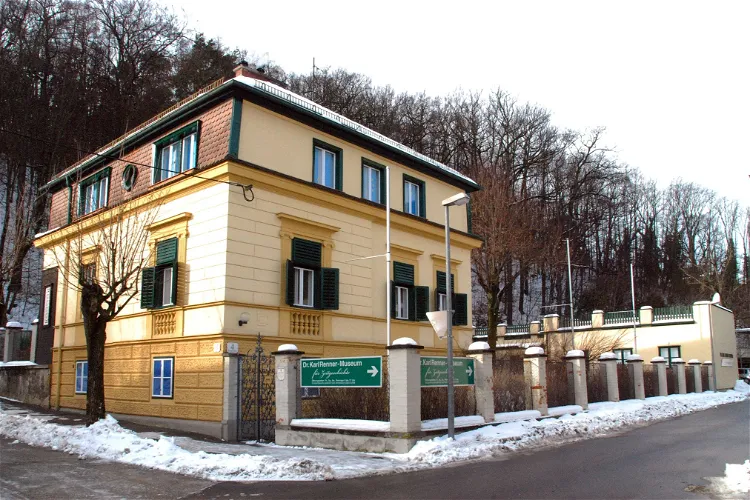
Dr. Karl Renner-Museum für Zeitgeschichte
GloggnitzThe Renner-Villa Gloggnitz, which houses the Dr. Karl Renner-Museum für Zeitgeschichte, is situated in the Rennergasse in the town of Gloggnitz, in the district of Neunkirchen in Lower Austria. This location is easily accessible and offers a unique opportunity to explore the life and work of Karl Renner, one of Austria's most influential political figures.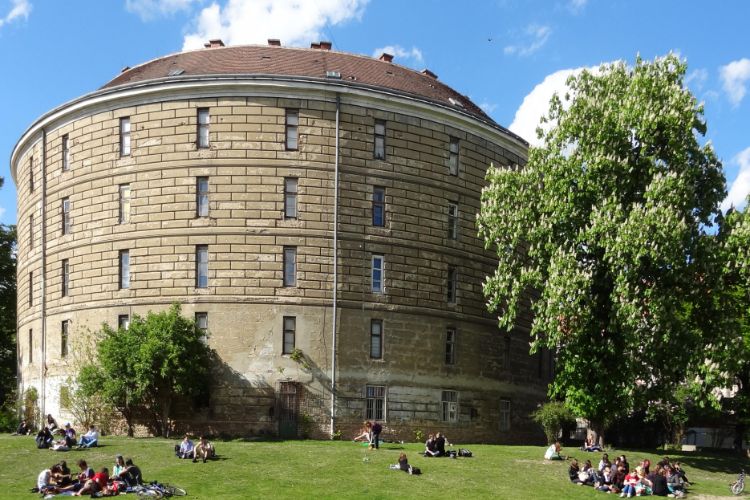
Collection of Anatomical Pathology in the Madhouse Tower - nhm
ViennaThe Collection of Anatomical Pathology in the Madhouse Tower - nhm is a collection that is housed in The Narrenturm (Fool's Tower or Madhouse Tower) in Vienna. It is Europe's oldest building for the accommodation of mental patients that was built in 1784. In the museum the exhibits related to anatom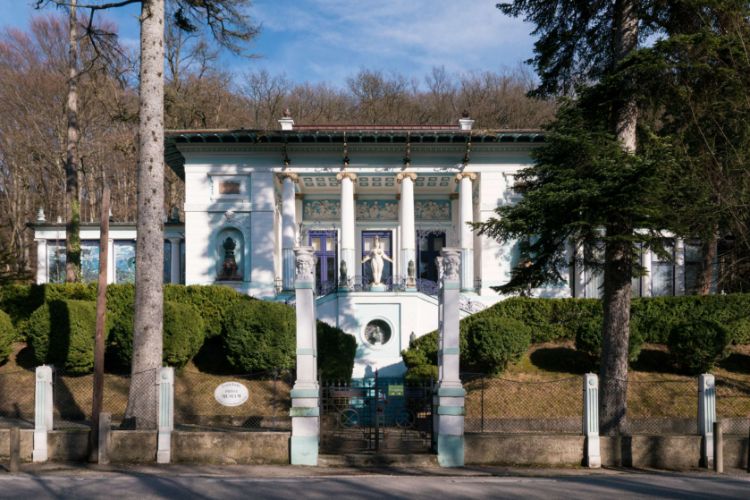
Ernst Fuchs Museum
ViennaThe Ernst Fuchs Museum in Vienna is devoted to the Austrian painter, draftsman, printmaker, sculptor, architect, stage designer, composer, poet, singer and one of the founders of the Vienna School of Fantastic Realism, Ernst Fuchs. The museum is housed in his Otto Wagner Villa that Fuchs acquired in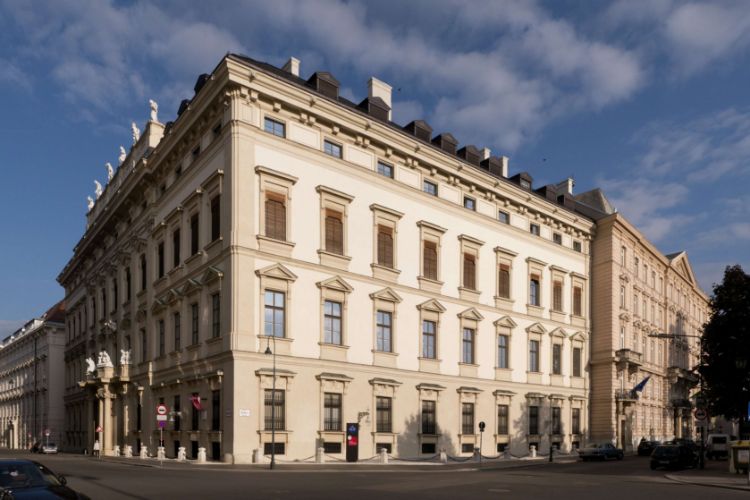
City Palace Liechtenstein
ViennaThe City Palace Liechtenstein is a musuem in Vienna and is one of two palaces in Vienna belonging to the princely family of Liechtenstein, built from 1692 to 1705. The Liechtentein Palace is still used as a private residence by the princely family of Liechtenstein, but it also houses the 19th centur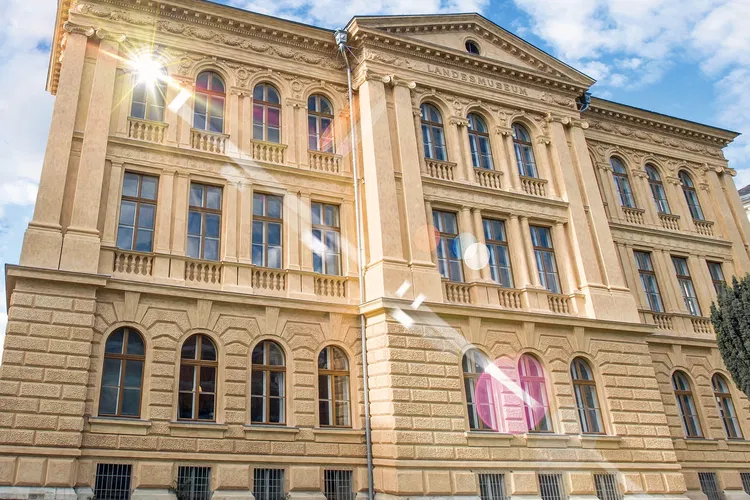
kärnten.museum Klagenfurt
KlagenfurtThe kärnten.museum, previously known as the Carinthian State Museum, is a cultural and natural science museum situated in Klagenfurt am Wörthersee, Carinthia, Austria. The museum is a significant cultural and scientific institution that offers a wide range of exhibits and collections, providing a comprehensive insight into the history, culture, and natural sciences of the region.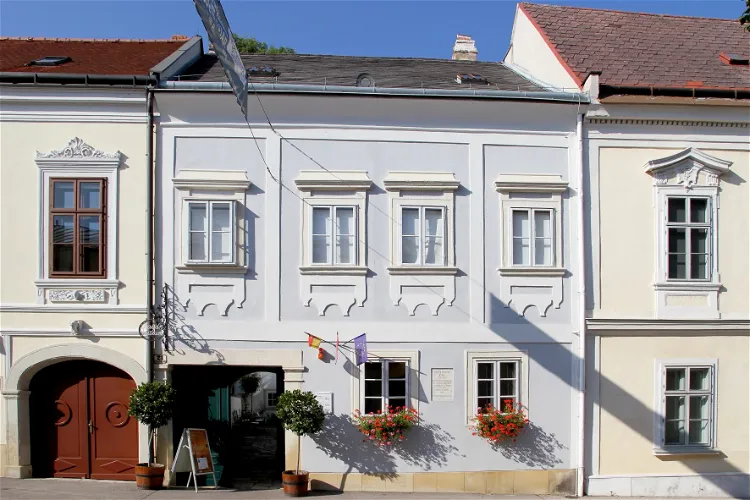
Haydn Museum
EisenstadtThe Haydn House in Eisenstadt, located at Joseph-Haydn-Gasse 21, served as the residence of the renowned composer Joseph Haydn from 1766 to 1778. This historical building is now home to the Eisenstadt Haydn Museum, preserving the legacy of Haydn and offering visitors a glimpse into his life and work.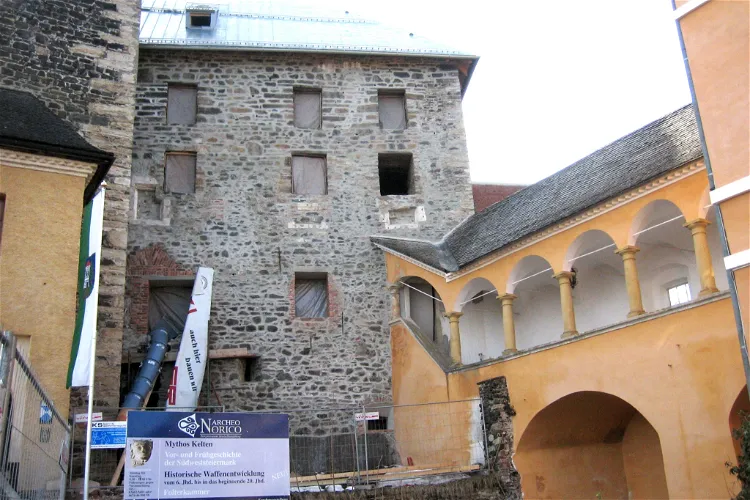
Archeo Norico Castle Museum
DeutschlandsbergBurg Deutschlandsberg, located in Styria, Austria, is a historical site that offers a glimpse into the country's past. The castle stands at an elevation of 398 meters, providing a panoramic view of the surrounding landscape. Its strategic location and architectural design are a testament to the defensive structures of the medieval period.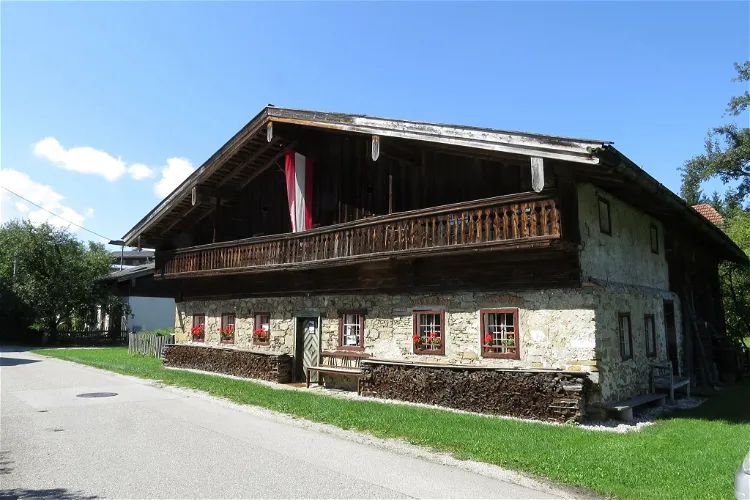
Aignerhaus Museum
Sankt Georgen im AttergauThe Aignerhaus Open Air Museum is a collection of rural buildings situated in St. Georgen im Attergau, Upper Austria. The main building of the museum is a protected monument, showcasing the architectural heritage of the region. Visitors can explore this unique ensemble of buildings and gain insights into the rural life and associated crafts of the past.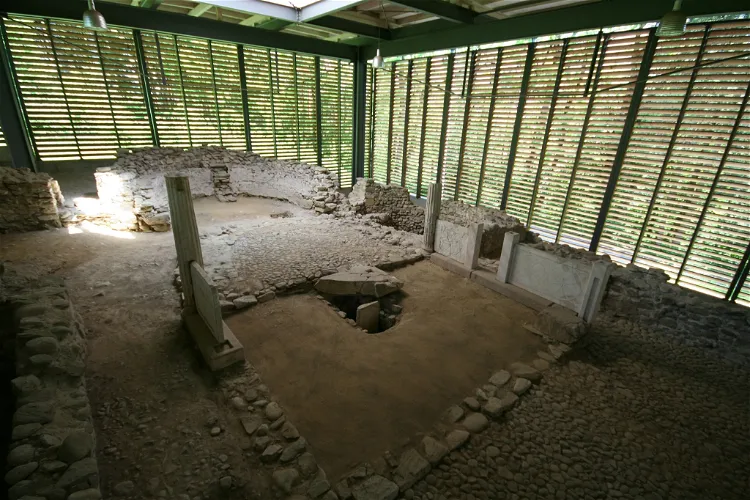
Roman Museum Teurnia
RojachTeurnia, now in ruins, was once a bustling Roman city located in western Carinthia. In the late antiquity, it served as a bishop's see and was even mentioned as the capital of the province of Noricum mediterraneum. Today, visitors can explore the remnants of this ancient city and get a glimpse into its rich history.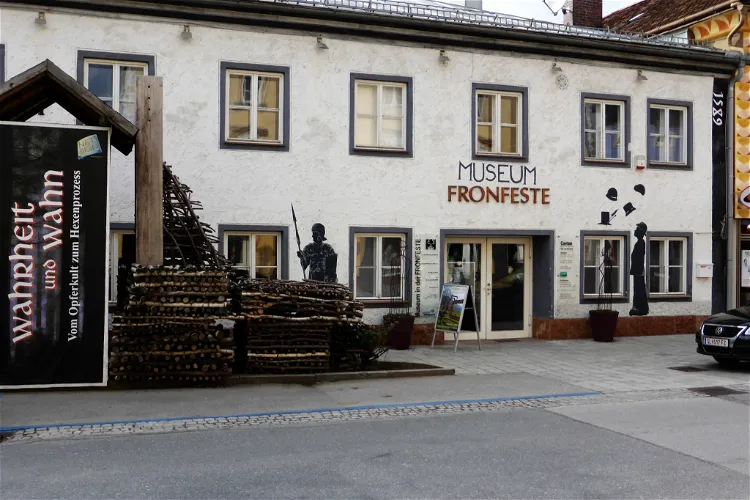
Museum Fronfeste
Neumarkt am WallerseeThe Museum Fronfeste is situated in the heart of the town of Neumarkt am Wallersee, in the Flachgau region of Salzburg. Its address is Hauptstraße 27. This location makes it easily accessible for tourists visiting the area.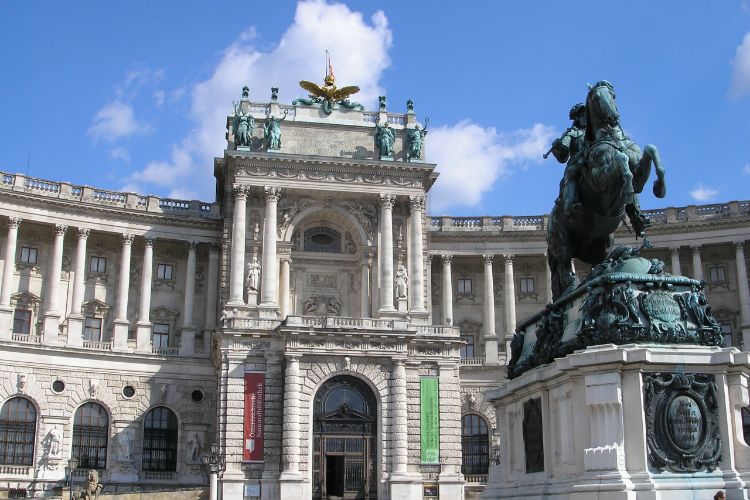
Collection of Historic Musical Instruments
ViennaThe Collection of Historic Musical Instruments in Vienna includes the world's most important collection of Renaissance and Baroque instruments. Besides these, in this museum, numerous instruments played by famous musicians and composers are on display. Highlights in the collection include Viennese f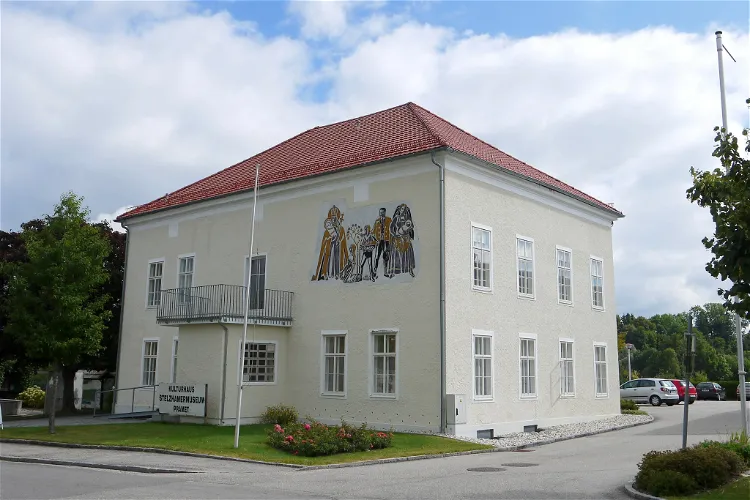
Kulturhaus Stelzhamermuseum Pramet
PrametPramet is a quaint village nestled in the Innviertel region of Upper Austria. It is situated approximately 7½ kilometers south of Ried im Innkreis, making it a peaceful retreat away from the bustling city. The village is surrounded by beautiful landscapes, offering a serene environment for visitors to explore and enjoy.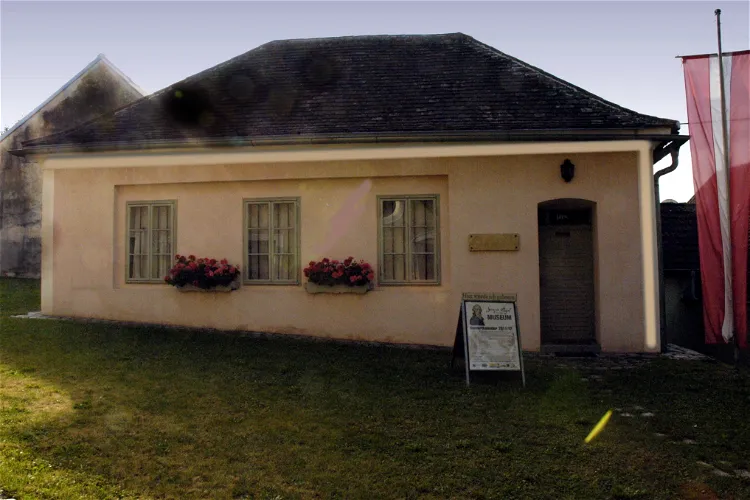
Pleyel Museum
GroßweikersdorfThe Pleyel Museum is situated in the quaint village of Ruppersthal, which is in close proximity to the town of Großweikersdorf in Lower Austria. The museum is a tribute to the life and accomplishments of Ignaz Pleyel, a renowned composer, piano manufacturer, and music publisher. Visitors can gain a deep understanding of Pleyel's contributions to the world of music and his significant role in the history of piano manufacturing.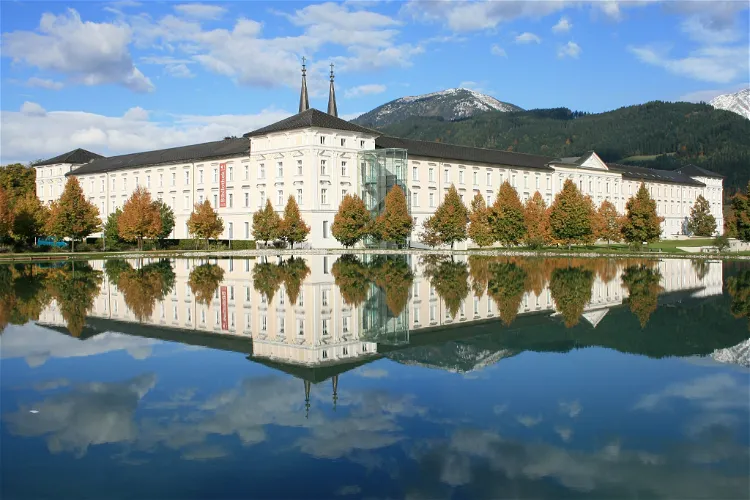
Admont Abbey
AdmontAdmont Abbey, founded in 1074, is a Benedictine monastery nestled in the heart of Austria's Styrian mountains. It is renowned for housing the world's largest monastic library, making it a significant destination for those interested in history, architecture, and literature.
Roman Museum at the Hoher Markt
ViennaThe Roman Museum at the Hoher Markt in Vienna is a branch of the Wien Museum and specializes in the history of Vienna in Roman times. Due to the limited space, the main focus of the Roman Museum is on the 2nd and 3rd century, the heyday of Vindobona (the Roman military camp located on the site of th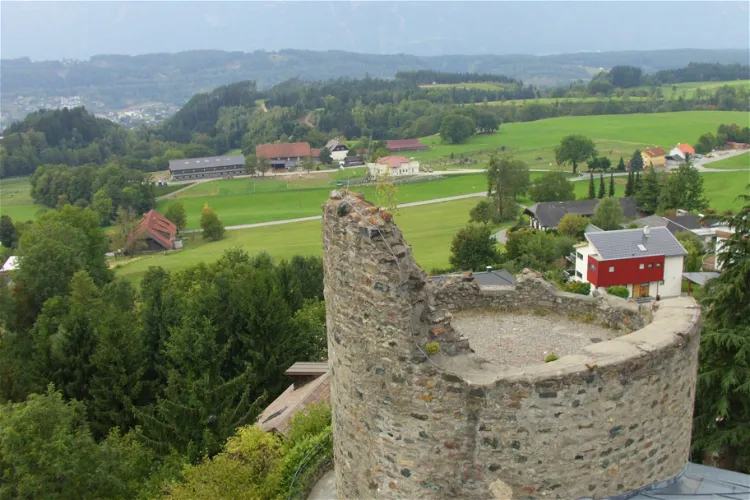
Burg Sommeregg
Seeboden am Millstätter SeeSommeregg is a medieval castle located near Seeboden in the Austrian state of Carinthia. The castle is nestled in the foothills of the Nock Mountains and stands at an altitude of 749 meters. This location offers visitors a unique opportunity to explore a historical site while also enjoying the natural beauty of the surrounding landscape.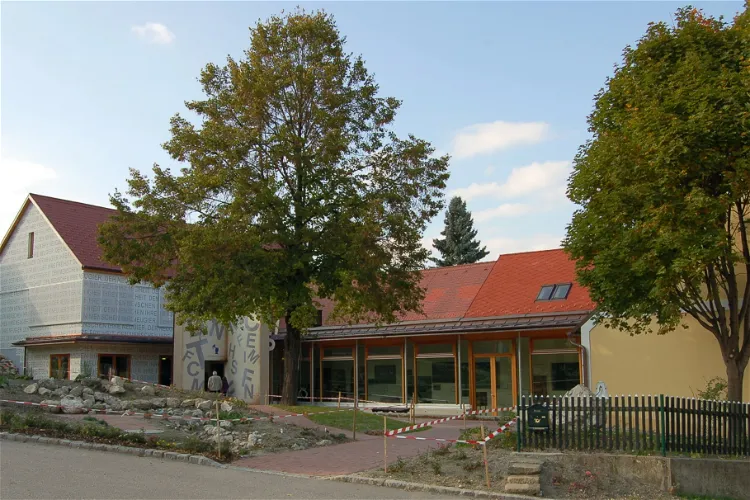
Michelstettner Schule
Asparn an der ZayaThe Michelstetten School Museum is situated in the picturesque village of Michelstetten, north of the Michelstetten parish church. This location is in the market town of Asparn an der Zaya, within the Mistelbach district in Lower Austria. The museum's location offers a serene and historical setting that adds to the overall experience of the visitors.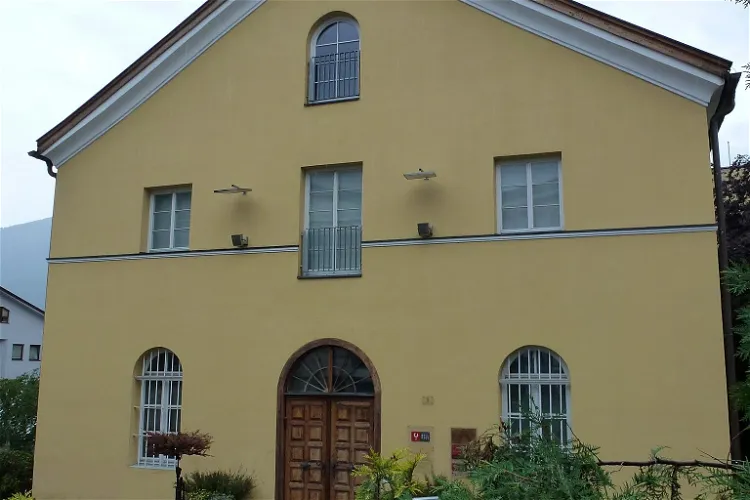
Ballhaus Museum
ImstThe Museum im Ballhaus (MiB), located in the city of Imst, serves as a city museum. It is dedicated to documenting the history and culture of the city. This museum provides a comprehensive overview of the city's past, making it an ideal destination for those interested in learning more about Imst's rich history and cultural heritage.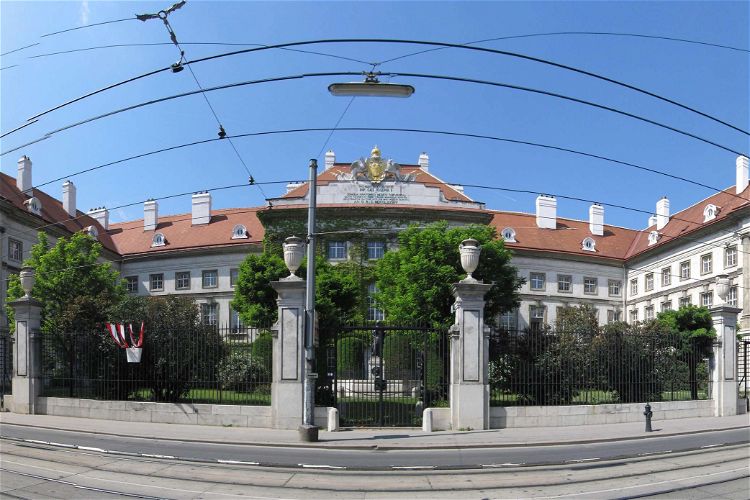
Josephinum
ViennaThe Josephinum was a medical-surgical academy in Vienna for the training of military doctors for the Austrian army. Today, the Institute of Medical History of the Medical University of Vienna is housed in the buildings as well as other institutes. The Josephinum houses a large number of collections
Johann Strauss Wohnung
ViennaThe Johann Strauss Wohnung is a museum in Vienna that is dedicated to Johann Strauss Jr. (1825-1899). Johann Strauss and his wife Jetty lived here from 1863 to 1870 and he wrote his most famous piece An der schönen blauen Donau here. The museum shows a large number of pieces from and about his life,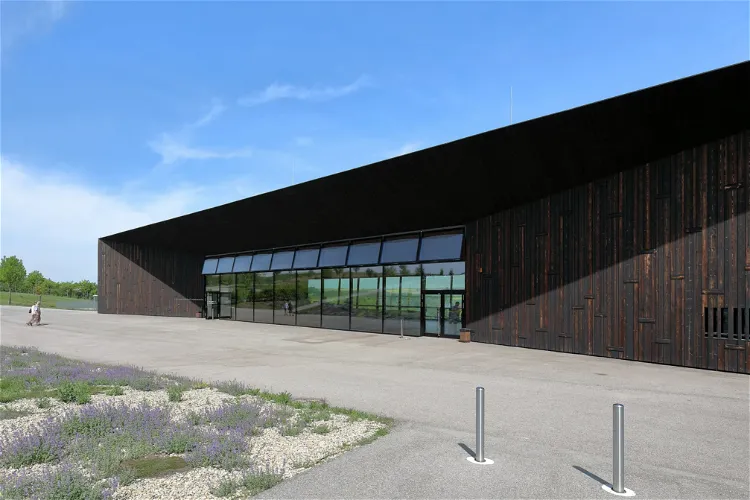
Museumsdorf Niedersulz
Sulz im WeinviertelMuseumsdorf Niedersulz, located in Niedersulz, is the largest open-air museum in Lower Austria. The museum's origins date back to 1979, making it a place rich in history and culture. It showcases numerous historical houses and farms from the Weinviertel region, as well as a South Moravian farm, spread over about 20 hectares.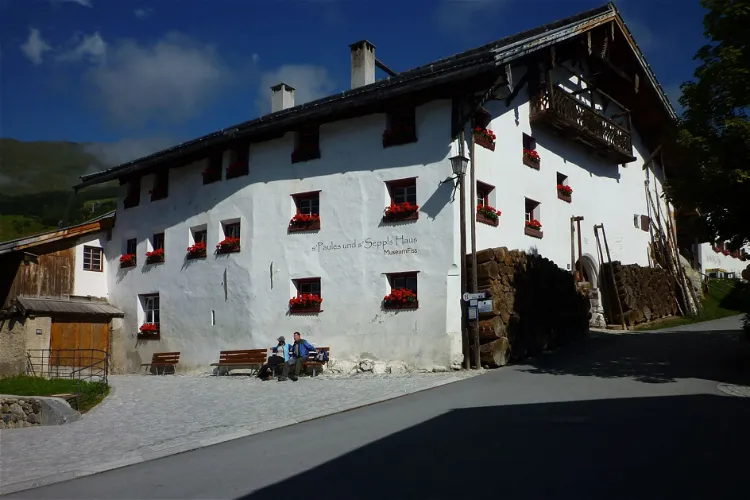
s'Paules und s'Seppls Haus
FissOberinntaler Durchfahrtshof is a farmhouse which was turned into a museum. It depicts the lives of its inhabitants in the past.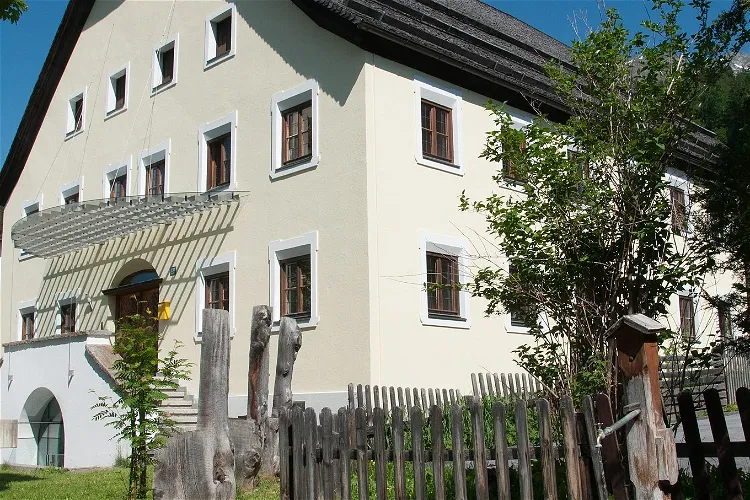
Kunstraum Pettneu
Pettneu am ArlbergThe Kunstraum Pettneu is situated in the protected monument Widum, in the municipality of Pettneu am Arlberg. This location adds a historical and cultural significance to the museum, making it an interesting destination for tourists who appreciate art and history.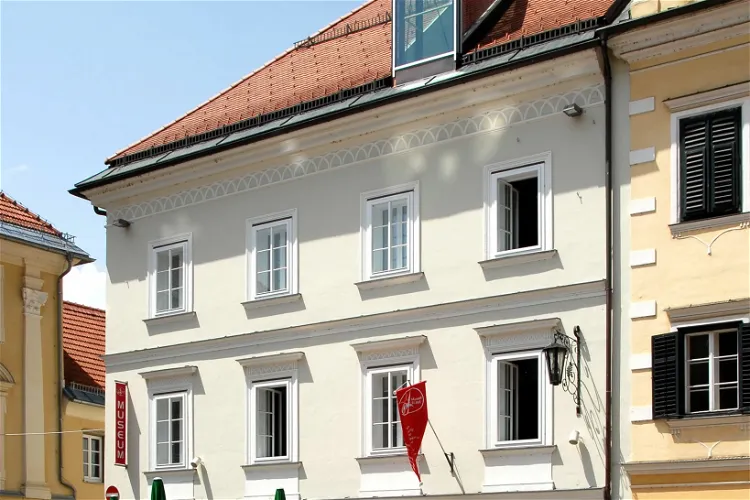
Museum St. Veit
Sankt Veit an der GlanThe Museum for Traffic and City History in Sankt Veit an der Glan, opened in 2004, offers a unique combination of the region's traffic history and the city history of St Veit. This amalgamation of two distinct historical aspects provides a comprehensive understanding of the city's past and its development over the years.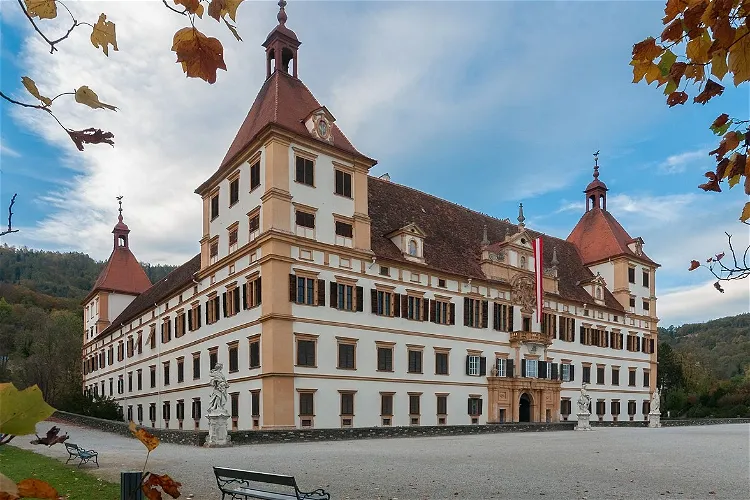
Eggenberg Palace
GrazEggenberg Palace, known as Schloss Eggenberg in German, is a prominent landmark in the Austrian state of Styria. It is the largest and most significant baroque castle in the region, situated on the western outskirts of the city of Graz. The palace's grandeur and historical significance make it a notable point of interest for visitors to the area.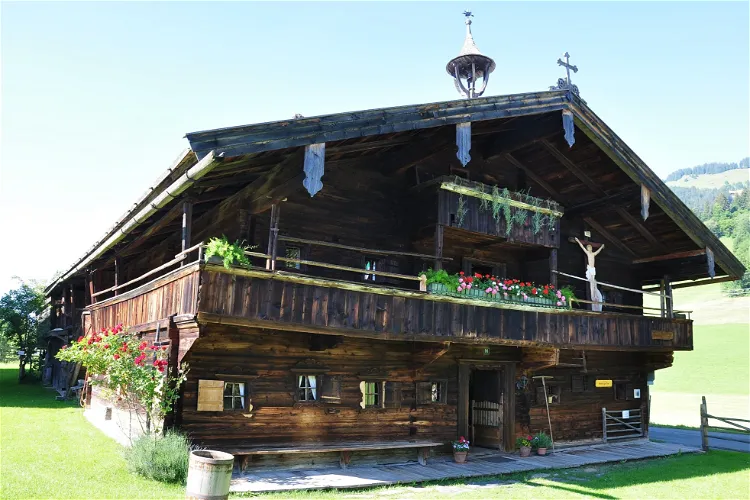
Farmhouse Museum Hinterobenau
KitzbühelVisit a farmhouse which was turned into a museum and see what the farms looked like 100 years ago. It's decorated with authentic tools.
Hermesvilla
ViennaThe Hermesvilla in Vienna is a palace located in the Lainzer Tiergarten, a former fenced-in hunting ground for the Habsburg nobility. Emperor Franz Joseph made Empress Elisabeth a present, in the hope to keep her in Vienna more often. In a five-year construction period, architect Carl von Hasenauer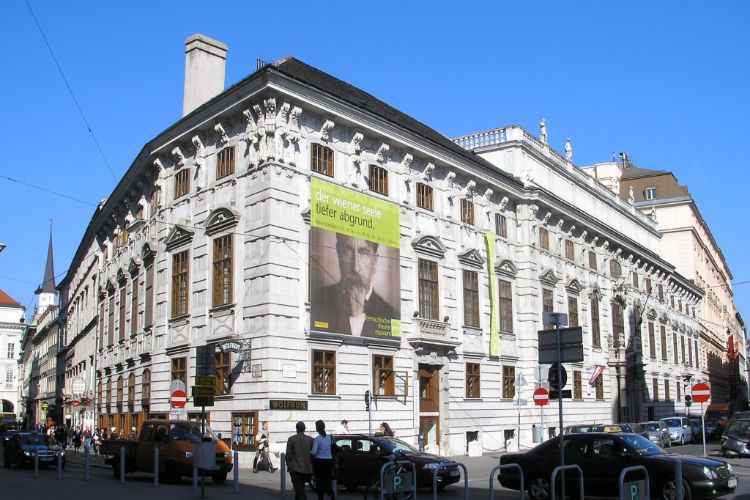
Theatermuseum, Vienna
ViennaThe Theatermuseum in Vienna is housed provides a basic overview of what happens backstage in theatres and has hundreds of costumes and other props on display that all have a role in creating the perfect theatre play. One of the highlights of the exhibition is a collection of puppets.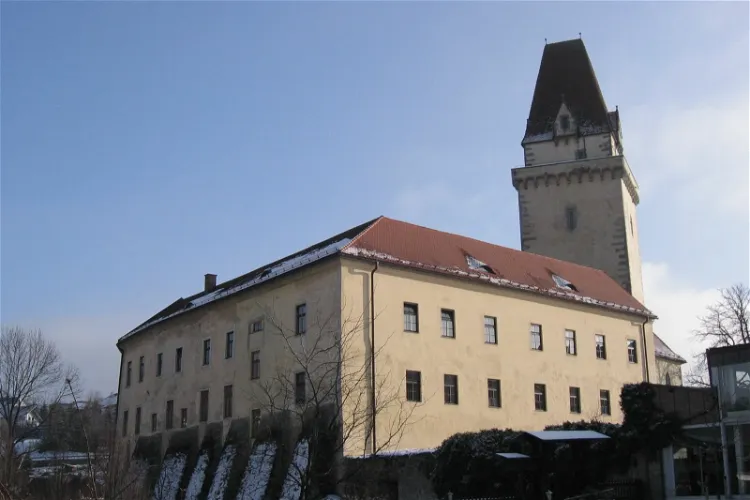
Freistadt Castle
FreistadtFreistadt Castle, located in the Upper Austrian Mühlviertel, is a historical monument that was constructed between 1363 and 1398. The castle was built to strengthen the fortifications of the town of Freistadt. This historical significance adds to the charm and appeal of the castle, making it a point of interest for tourists visiting the area.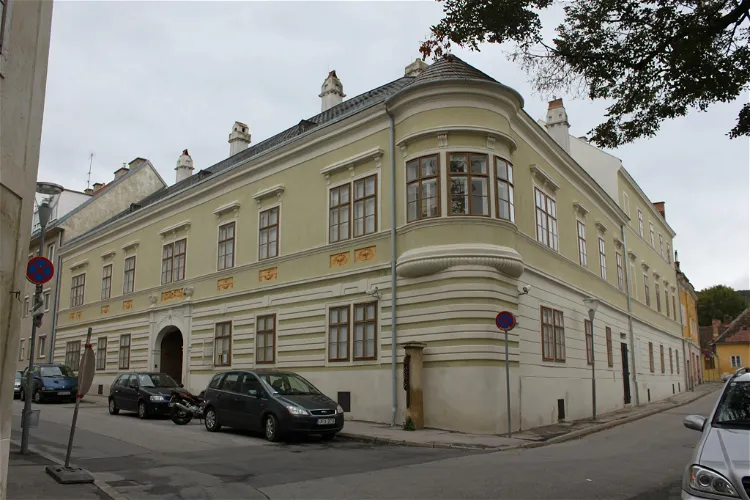
Austrian Jewish Museum
EisenstadtThe Austrian Jewish Museum is situated in Eisenstadt, Austria, on Unterbergstraße 6. This location is easily accessible and provides a unique opportunity to explore the rich Jewish history of Austria.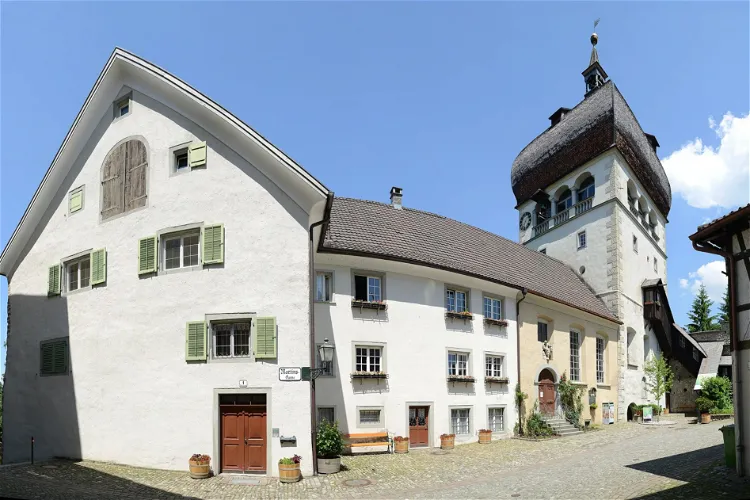
St. Martin's Tower
BregenzIts onion dome is presumably the largest one in Europe. Noteworthy for its frescoes and tiny military museum.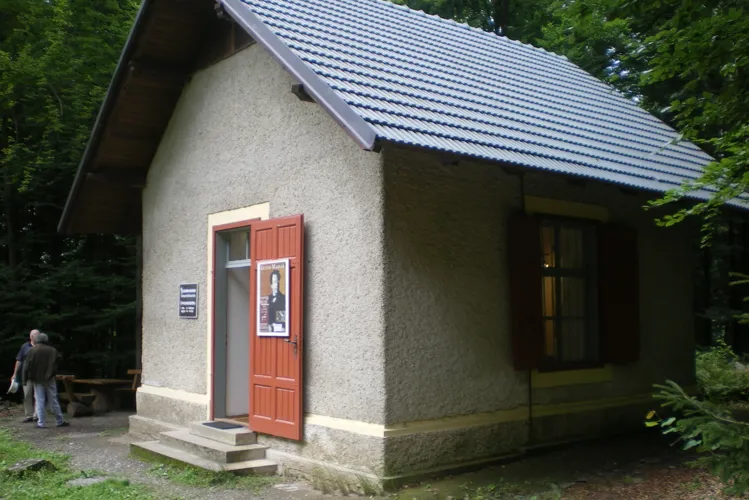
Composing hut of Gustav Mahler
Maria WörthThe Gustav Mahler-Komponierhäuschen, located in Maiernigg near Maria Wörth in Carinthia, Austria, serves as a small museum and memorial dedicated to the renowned classical composer Gustav Mahler. This tranquil retreat was where Mahler composed music from 1900 to 1907. It offers a unique insight into the life and work of the composer, making it a significant site for those interested in classical music and history.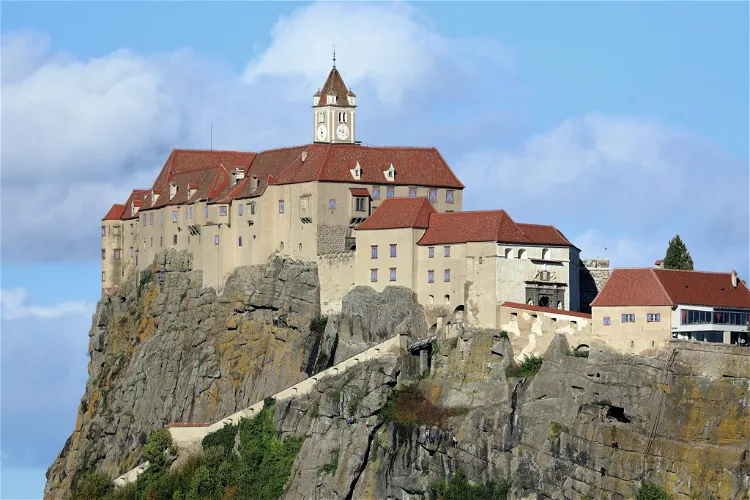
Riegersburg Castle
Altenmarkt bei RiegersburgRiegersburg Castle is a medieval structure that sits atop a dormant volcano in the town of Riegersburg, located in the Austrian state of Styria. This unique location provides visitors with a unique perspective of the surrounding landscape and a glimpse into the castle's intriguing past.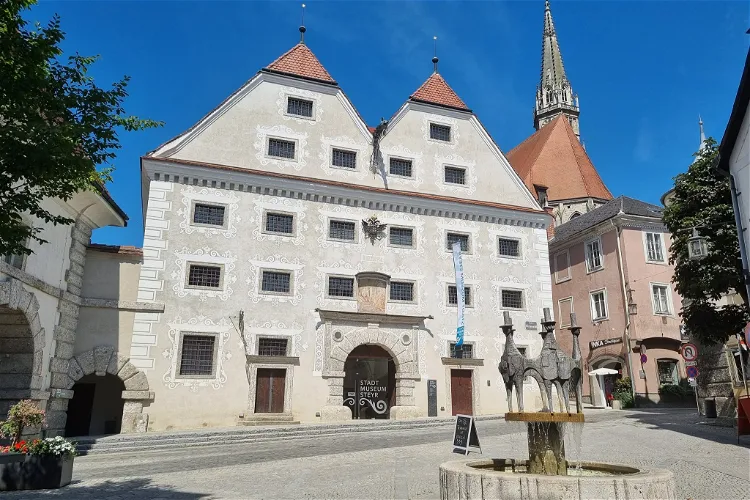
Stadtmuseum Steyr
SteyrThe Stadtmuseum Steyr, situated at Grünmarkt 26 in Steyr, Austria, has been a significant cultural institution since its establishment in 1913. The museum's collections are housed in two historic buildings: the Innerberger Stadel and the neighboring Neutor. These buildings provide a unique setting for the museum's diverse collections, which span various periods and themes.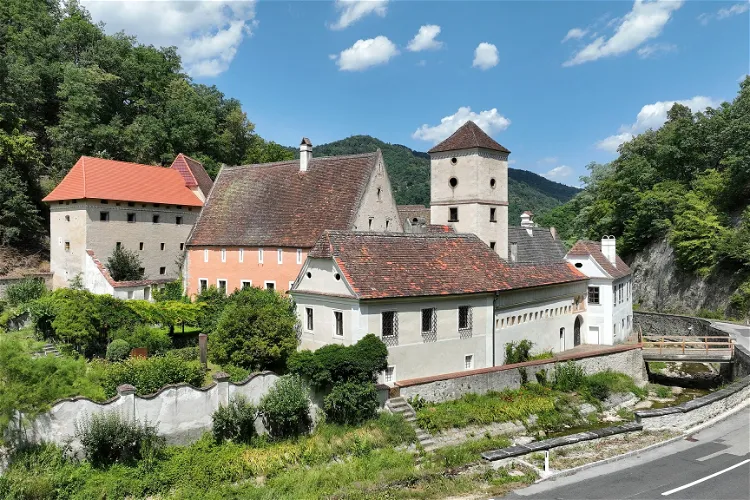
Aggsbach Charterhouse
Aggsbach-DorfThe Aggsbach Charterhouse, located in Aggsbach-Dorf, Lower Austria, is a former Carthusian monastery. It was founded in 1380 by Heidenreich von Maissau. This historical site offers a glimpse into the monastic life of the Carthusian monks and the history of the region.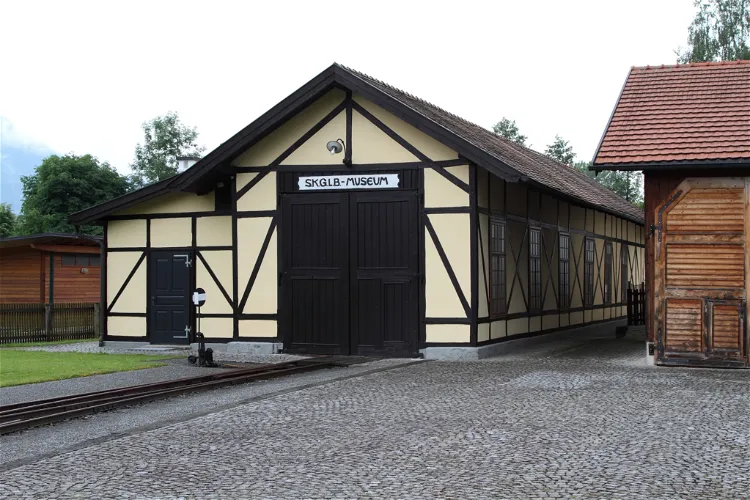
SKGLB Museum
MondseeThe SKGLB-museum, located in Mondsee, Upper Austria, is a railway museum dedicated to preserving the history of the Salzkammergut-Lokalbahn (SKGLB). It provides a unique insight into the region's railway history and is a significant cultural landmark.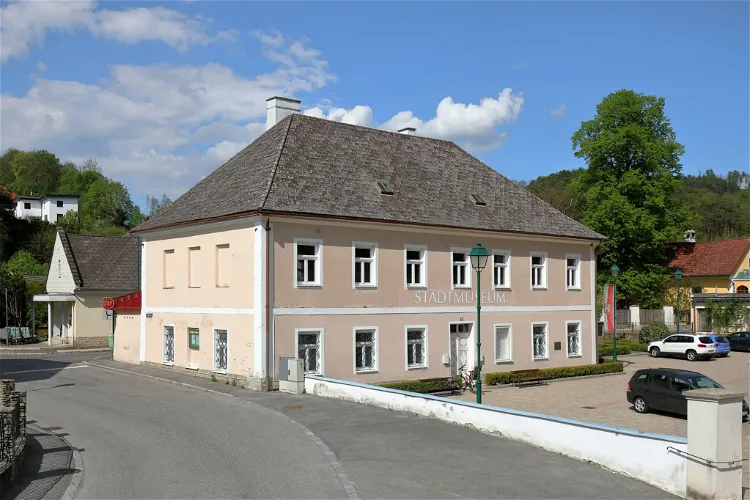
Stadtmuseum Kirchschlag
KirchschlagThe Stadtmuseum Kirchschlag is a local museum situated in the Lower Austrian town of Kirchschlag in der Buckligen Welt. It is conveniently located next to the late Gothic parish church of St. John the Baptist, making it an accessible destination for tourists visiting the area. The museum offers a deep dive into the history and culture of the region, providing a unique perspective on the local way of life.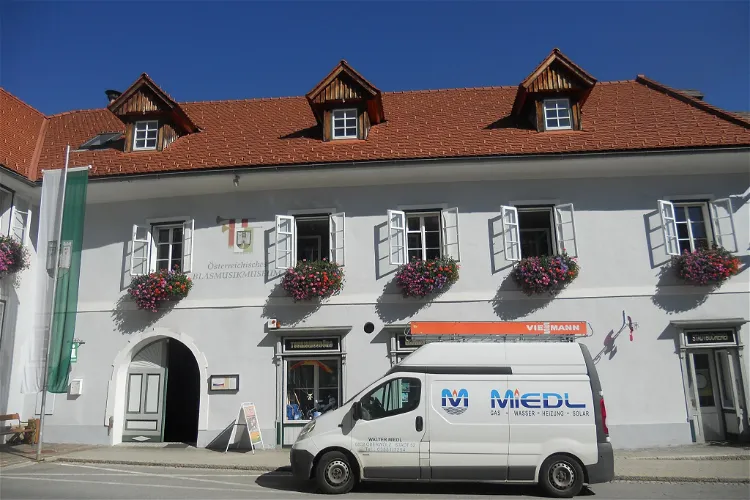
Österreichisches Blasmusikmuseum
OberwölzThe Austrian Wind Music Museum, located in Oberwölz in the Murau district of Styria, serves as a music museum and a research and documentation center for wind music. This museum is a significant cultural institution in Austria, dedicated to the preservation, study, and promotion of wind music.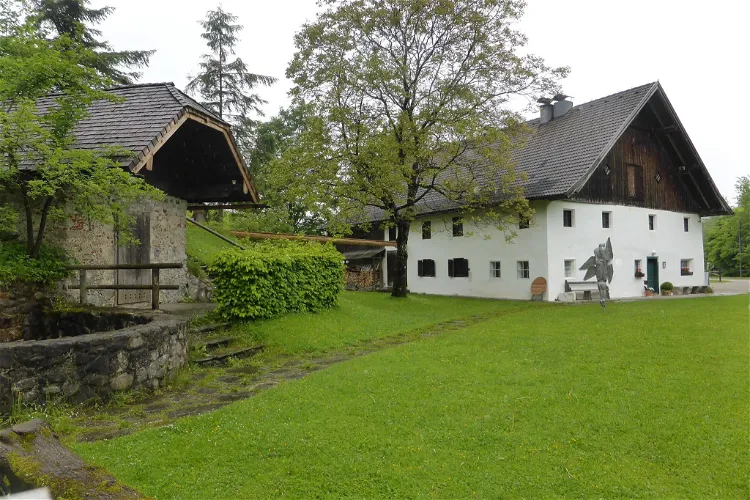
Die Hundsmarktmühle
EggDie Hundsmarktmühle is a historical mill from the 16th century, located in the Salzburg municipality of Thalgau, near Fuschlsee. This mill has been converted into a museum and is a listed monument, making it a significant part of the region's cultural heritage.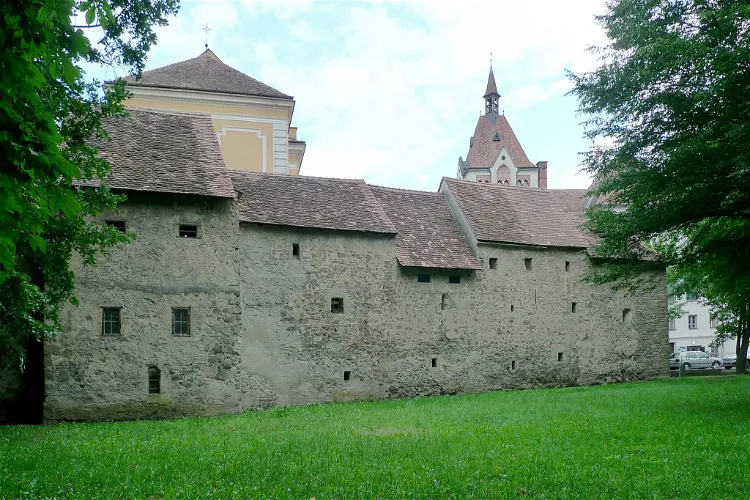
Tabor Feldbach
FeldbachPresently, the Feldbacher Tabor is recognized as one of the best-preserved fortifications of its kind. It now houses a museum, offering visitors a glimpse into the past and the opportunity to learn about the history and culture of the region.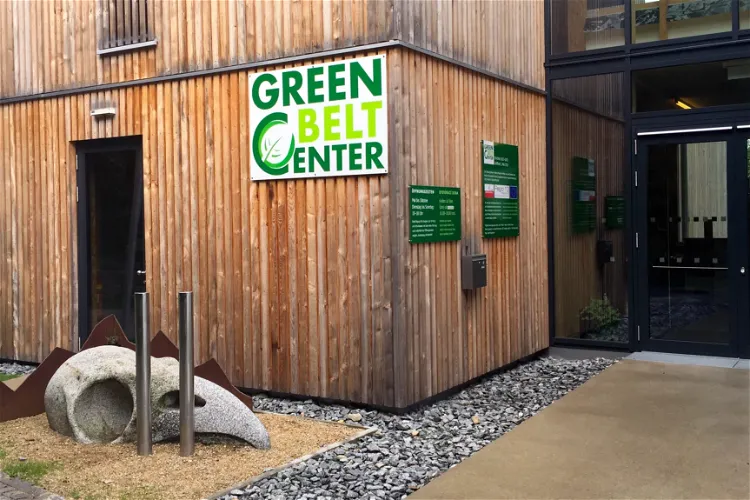
Green Belt Center
Windhaag bei FreistadtThe Green Belt Center, located in Windhaag bei Freistadt, is a visitor center that opened its doors in 2015. It is situated in the northern Mühlviertel, directly on the border with South Bohemia. This location makes it a unique destination for those interested in exploring the region's history and natural beauty.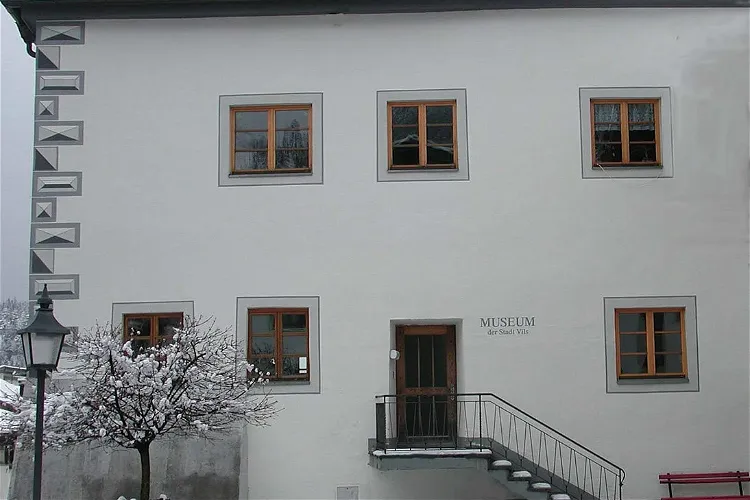
Museumsverein Stadt Vils
VilsThe Museum of the City of Vils is a significant institution that documents the history of the city of Vils in Tyrol. It provides a comprehensive overview of the city's past, making it an informative destination for tourists interested in learning about the local history.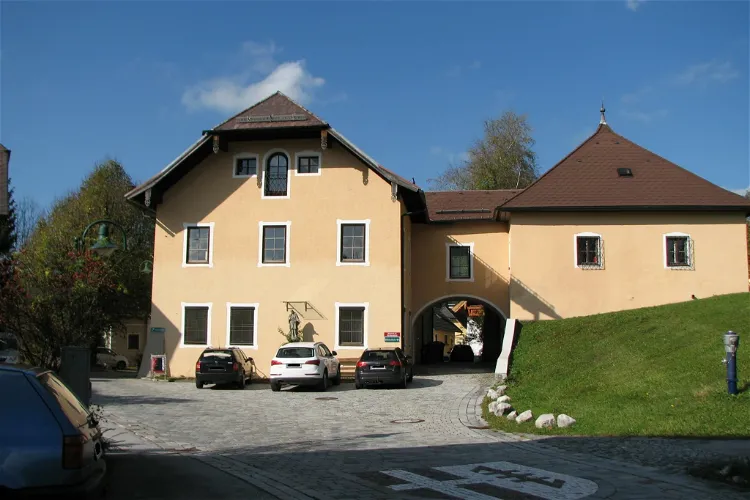
Museum im Fürstenstöckl
VorderschroffenauThe Fürstenstöckl Ebenau is a local museum situated in the municipality of Ebenau, within the Salzburg-Umgebung district in the state of Salzburg. This location is ideal for tourists who are interested in exploring the rich history and culture of the region.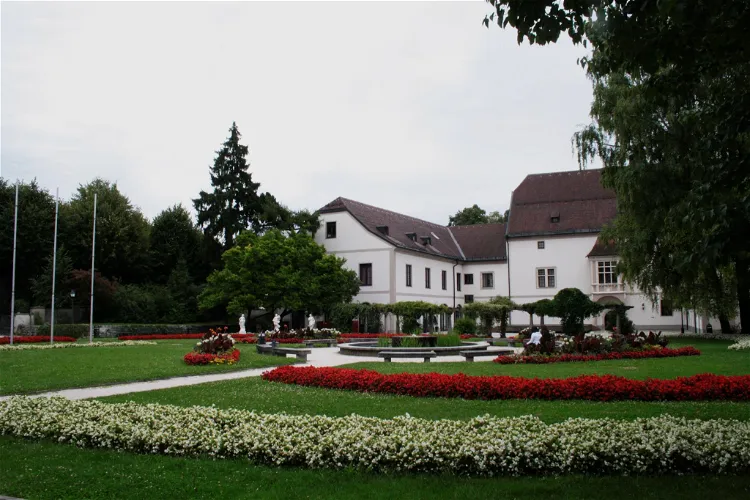
Burg Wels
WelsThe imperial Burg Wels is a castle-like fortress that is situated in the southeast of the city center of Wels, Upper Austria. Today, it serves as a museum, offering visitors a chance to delve into the rich history of the region. The castle's strategic location and its historical significance make it a notable point of interest for tourists visiting Wels.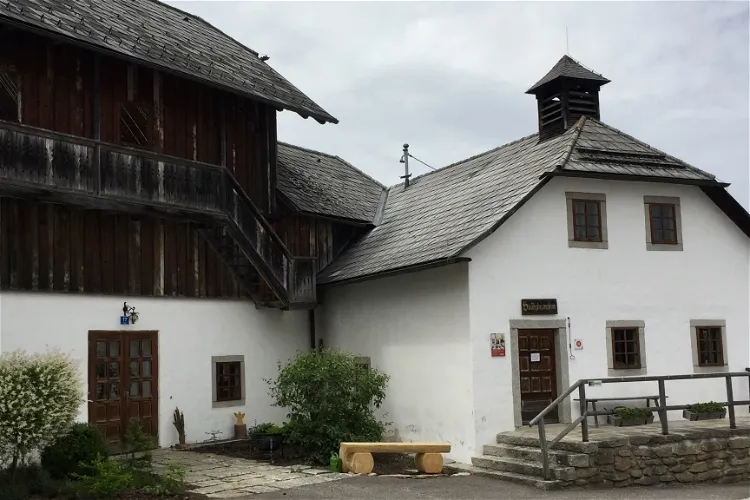
Hinterglasmuseum
SandlThe Hinterglasmuseum in Sandl, established in 1989, showcases exhibits of reverse glass painting, a technique that was characteristic of Sandl in the 19th century. This unique art form is a significant part of the region's cultural heritage and provides a fascinating insight into the traditional crafts of the area.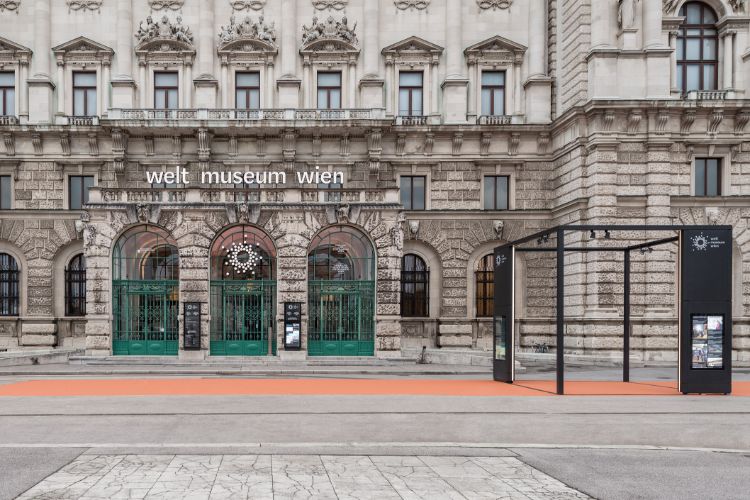
Weltmuseum Wien
ViennaThe Weltmuseum Wien is one of the world’s leading ethnographical museums, situated in the Hofburg Palace on Vienna’s Ringstrasse. In 14 distinct exhibition galleries, the focus is on unique cultural treasures from all over the world. The aim is to communicate to visitors the cultural diversity, stor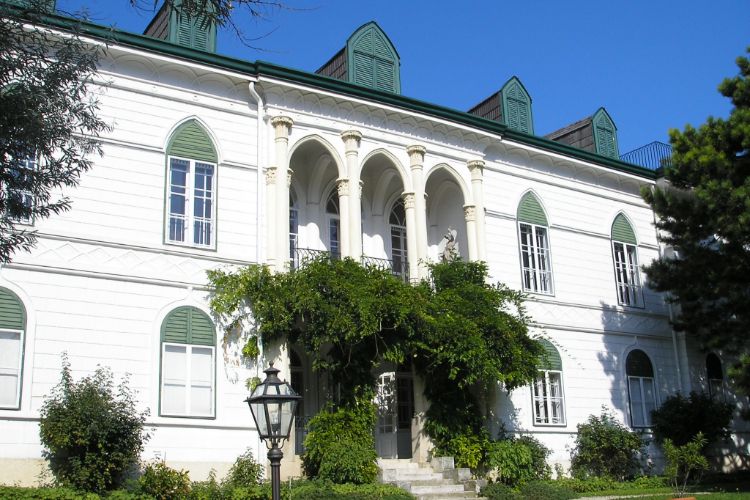
Geymüllerschlössel
ViennaThe Geymüllerschlössel is a small castle in Vienna, located north of the Pötzleinsdorfer castle park. The museum holds and exhibits a collection of furniture and decorative art from the Biedermeier period (it is furnished with original furniture from the first half of the 19th century) as well as th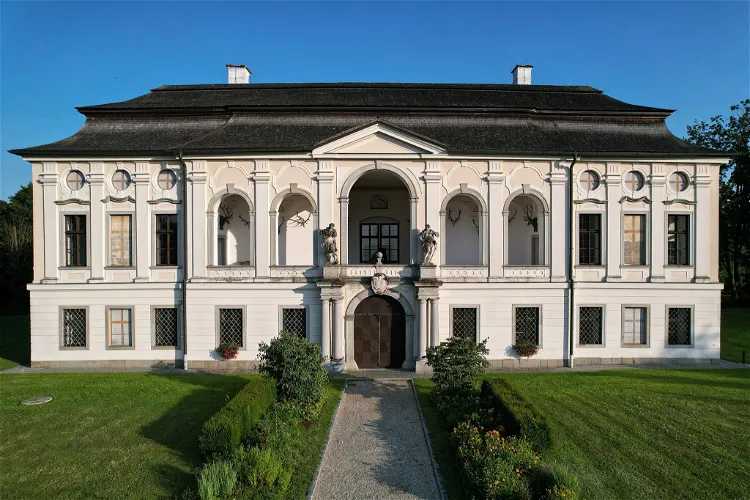
Jagdmuseum Schloß Hohenbrunn
Sankt FlorianSchloss Hohenbrunn was constructed between 1722 and 1732 by master builder Jakob Steinhuber, following the designs of Jakob Prandtauer. This historical context adds a layer of cultural significance to the castle, making it a point of interest for visitors interested in architecture and history.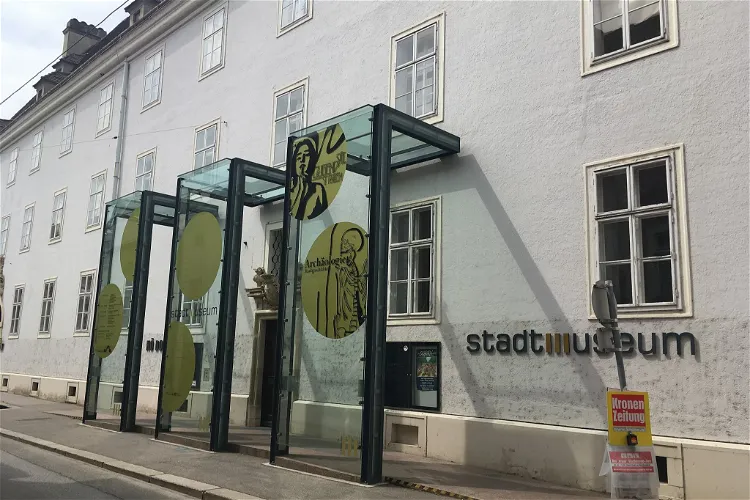
Stadtmuseum St. Pölten
St. PöltenThe Stadtmuseum St. Pölten, located in the Lower Austrian capital of St. Pölten, is a city museum that was inaugurated in 1909. The museum was established after a systematic review of archival materials and objects of historical significance that began in the 1880s. This museum offers a deep dive into the city's history and heritage, making it a worthwhile visit for those interested in understanding the past of St. Pölten.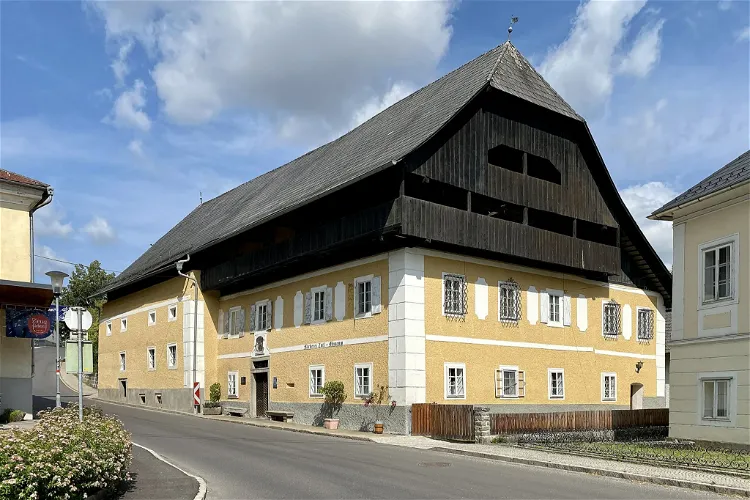
Färbermuseum Gutau
GutauThe Färbermuseum Gutau, located in Upper Austria, is a museum dedicated to the regional culture and economic history of dyeing. It particularly focuses on the Mühlviertler hand block printing, a technique that has been recognized as an intangible cultural heritage. This museum offers a unique insight into the traditional dyeing techniques and the cultural significance of this craft in the region.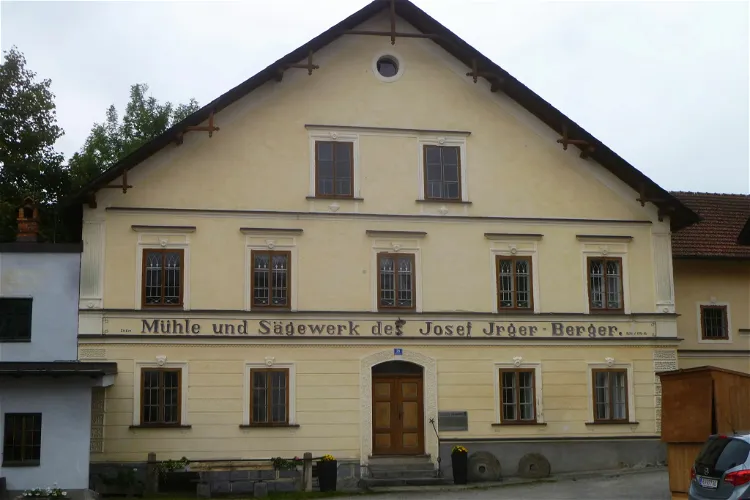
Furthmühle Pram
PramSince 1992, the Furthmühle Pram has been managed by the Furthmühle Cultural Association and serves as an open-air museum. The building itself is under monument protection, further emphasizing its historical significance. Visitors can explore the mill and learn about its history and the role it played in the community.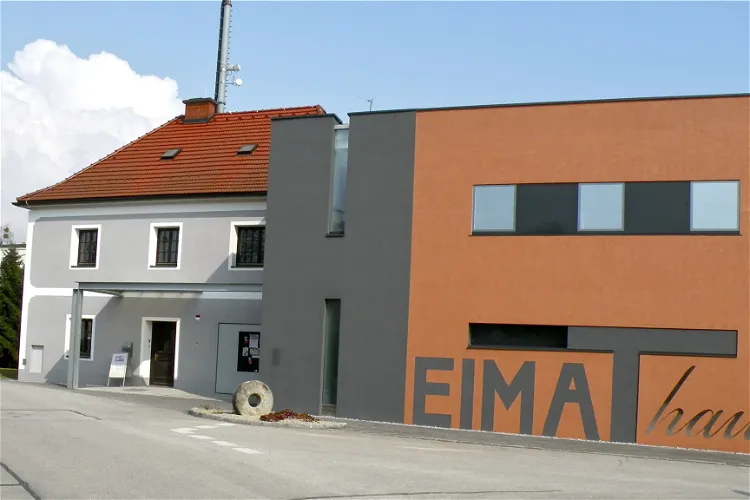
Heimathaus-Stadtmuseum Perg
PergOn October 23, 1993, the Heimathaus-Stadtmuseum Perg was officially opened at Stifterstraße 1. This location, which was formerly the residential and business premises of painter Josef Uhl, was suitably converted and adapted to house the museum's collection. This marked a significant milestone in the preservation and promotion of Perg's local history.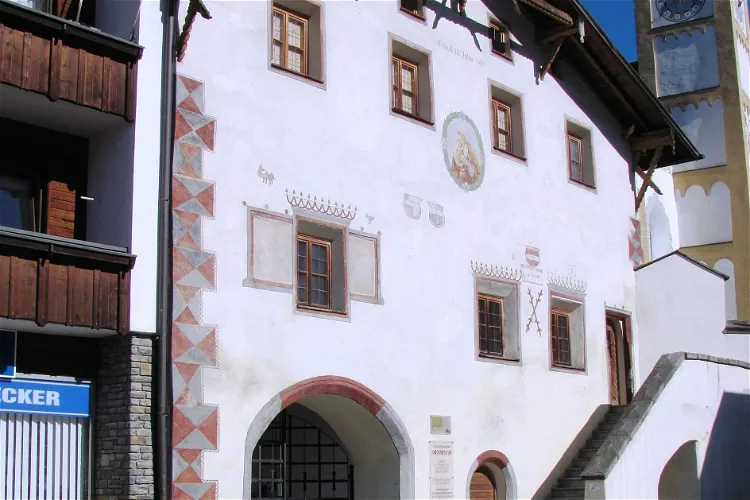
Archäologisches Museum Fließ
NiedergallmiggThe Archaeological Museum Fließ is situated in the municipality of Fließ in Tyrol. This location offers visitors a chance to explore the rich history and culture of the region while enjoying the scenic beauty of Tyrol.
Stiftsmuseum Mattsee
MattseeStift Mattsee, located in Mattsee, Austria, is a collegiate church that has been in existence since around 1045. It holds the distinction of being the oldest existing community of secular priests in Austria. This historical significance adds a unique charm to the place, making it a point of interest for those who appreciate history and architecture.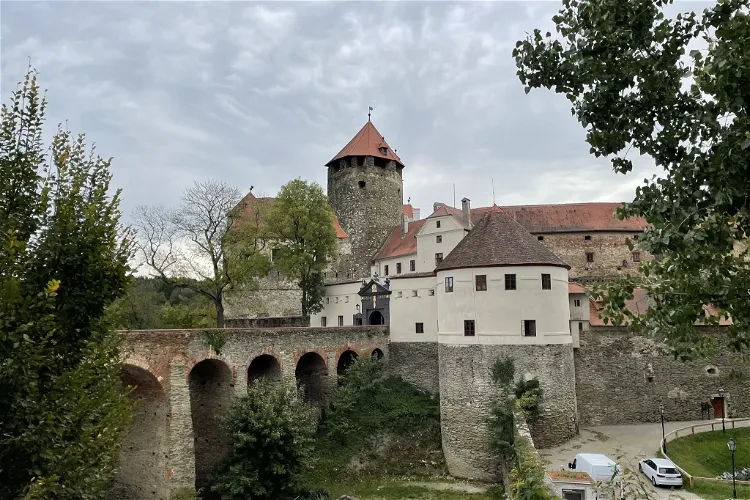
Burg Schlaining
AltschlainingBurg Schlaining is a historical castle located in Stadtschlaining, within the Austrian state of Burgenland. This location offers visitors a chance to explore Austria's rich history and architectural heritage.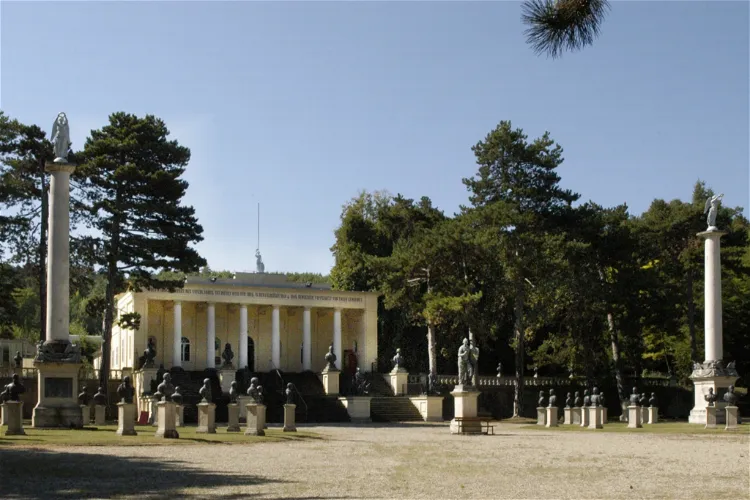
Heldenberg Memorial
HeldenbergThe Heldenberg Memorial in Lower Austria is a significant historical site that houses statues and busts of Austrian rulers and military personnel. This collection of monuments provides a unique insight into the country's past, showcasing the figures who played pivotal roles in Austria's history. Visitors can explore the grounds and learn about the individuals represented in the statues and busts, making it a fascinating destination for those interested in history and culture.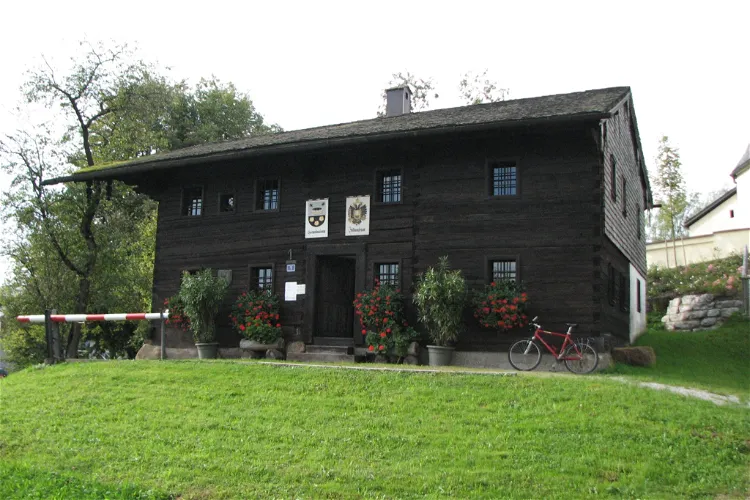
Zoll- und Heimatmuseum
OberrödThe Zoll- und Heimatmuseum Perwang is situated in the scenic municipality of Perwang am Grabensee, in the district of Braunau am Inn, Upper Austria. This location offers visitors a chance to explore the rich history of the region while enjoying the natural beauty of the surrounding area.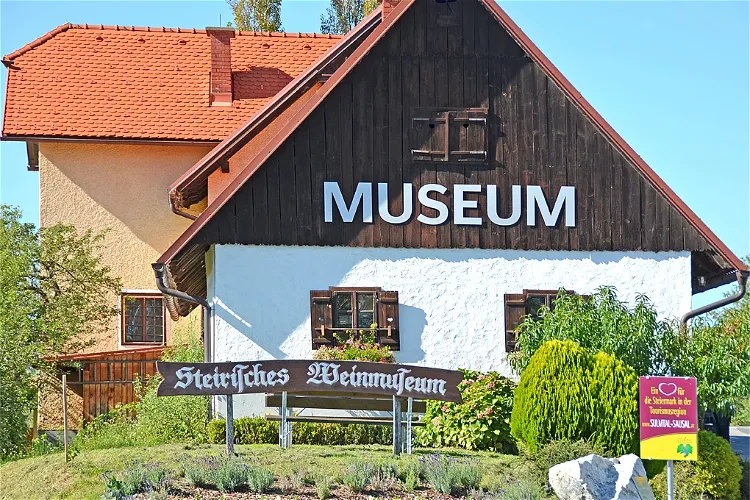
1. Steirisches Weinmuseum
Kitzeck im SausalThe Wine Museum Kitzeck, also known as 1. Steirisches Weinmuseum, is situated in the municipality of Kitzeck in Sausal, Styria. The museum's address is Steinriegel 15 and 16. This location is in a region known for its wine production, making it an ideal place for a wine museum.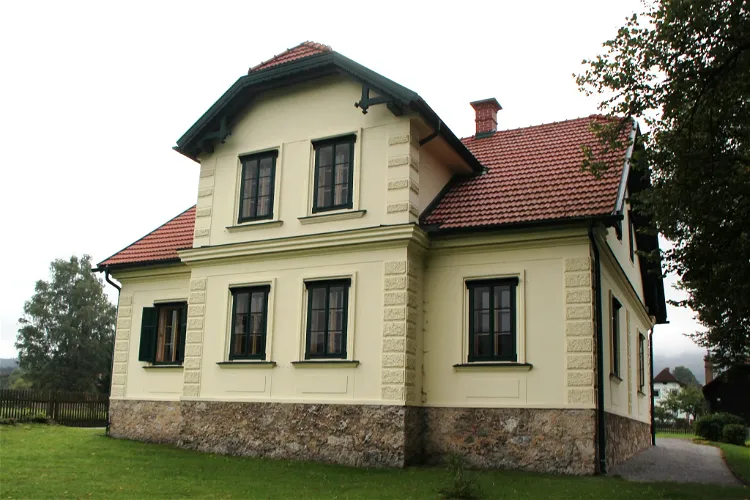
Peter Rosegger Museum
KrieglachThe Rosegger Museum in Krieglach is located in the former country house of the Styrian poet and journalist Peter Rosegger. This house served as Rosegger's summer residence until his death in 1918. The museum offers a unique insight into the life and work of the poet, making it a significant destination for those interested in literature and history.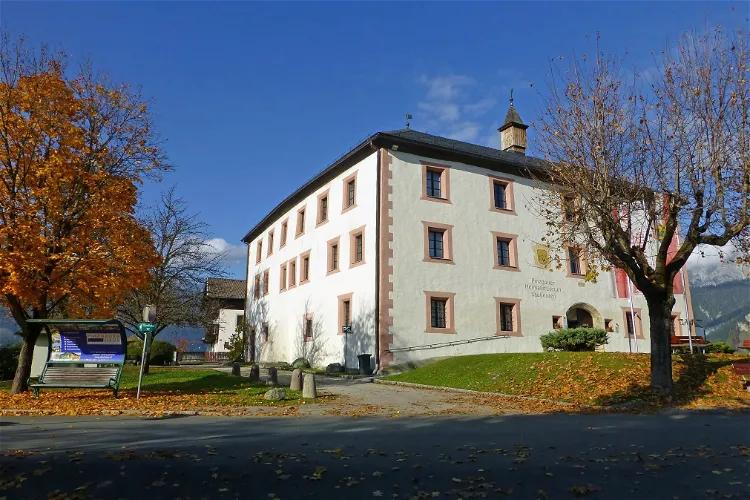
Museum Castel Ritzen
Saalfelden am Steinernen MeerAfter coming into public ownership, Schloss Ritzen and its remaining historical structures underwent restoration and renovation. This process also involved the construction of some additional and connecting buildings, further enhancing the castle's architectural complexity and appeal.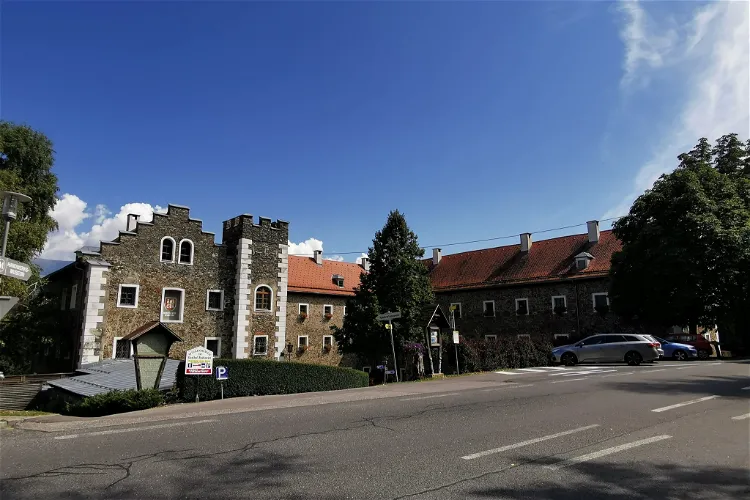
1. Kärntner Handwerksmuseum
GendorfSchloss Ortenburg, also referred to as Schloss Unterhaus or Paternschloss, is a significant historical site located in the village of Unterhaus, within the municipality of Baldramsdorf in Carinthia. This 18th-century building is a protected monument, offering visitors a glimpse into the architectural styles and historical significance of the period.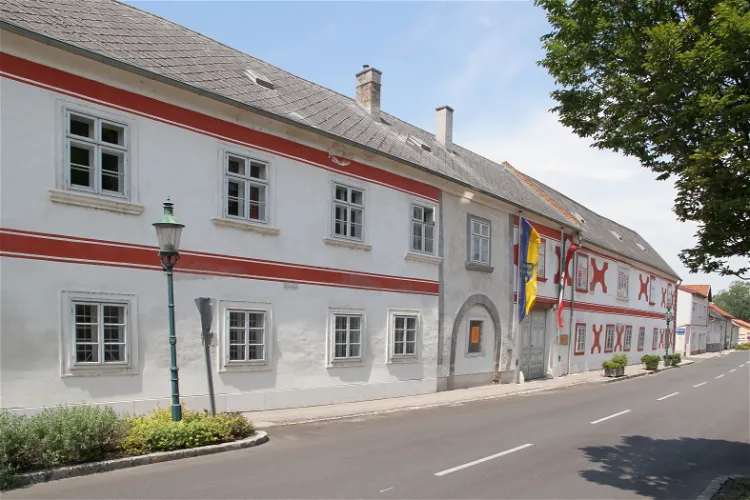
Rother-Hof
LandeggThe Rother-Hof, located in Pottendorf, Lower Austria, is a significant historical site. Once a court and administrative building, it now serves as a local history museum. This transformation offers visitors a unique opportunity to explore the region's past in a setting that has been a part of it for centuries.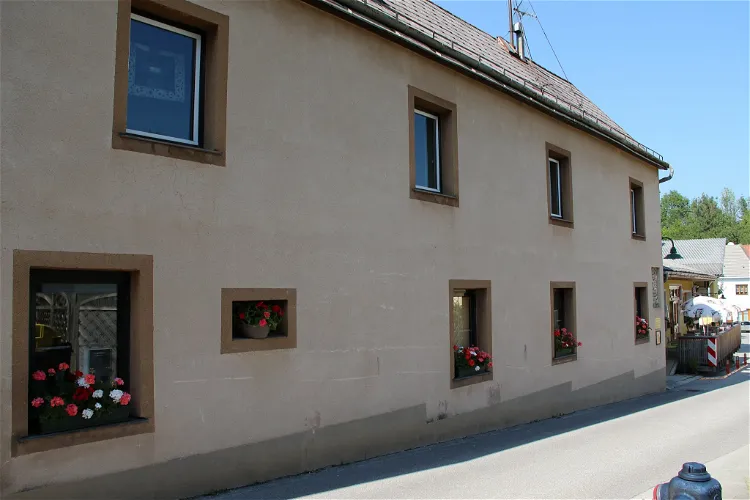
Heimatmuseum
KaumbergThe Heimatmuseum Kaumberg is situated at Markt Nr. 5 (Pfarrgasse) in the town of Kaumberg, within the market community of Kaumberg in the district of Lilienfeld, Lower Austria. This location is easily accessible and provides a great opportunity for tourists to explore the rich history and culture of the region.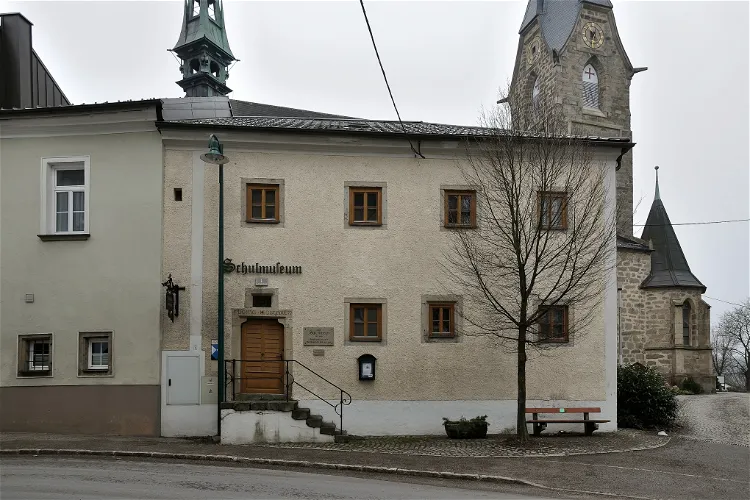
OÖ. Schulmuseum
Bad LeonfeldenThe Bad Leonfelden School Museum is a unique institution dedicated to the history of school pedagogical development. It is located in a protected former school building that was in operation from 1577 to 1850, making it one of the oldest surviving school buildings in Upper Austria. This historical significance adds a unique charm to the museum, making it a fascinating destination for those interested in education history.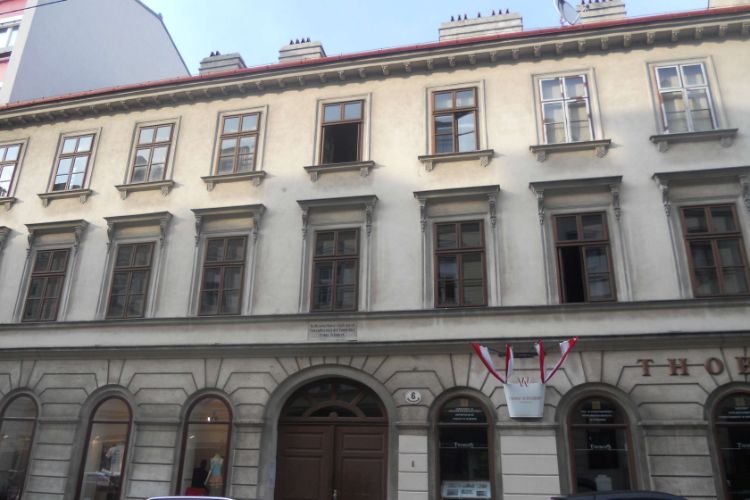
Schubert Sterbewohnung
ViennaIn Schubert's apartment in Kettenbrückengasse in Wieden, which belonged to his brother Ferdinand, the composer spent the last two and a half months of his life. The exhibits in the museum document the last weeks of his life, Schubert's death, the funeral, and the grave of the composer. The exhibits- Online discount!

Ambras Castle
InnsbruckAmbras Castle Innsbruck is one of the main attractions of the state capital of Tyrol. The provincial sovereign, Archduke Ferdinand II (1529 – 1595), son of Emperor Ferdinand I, converted the Castle into a Renaissance palace, which is home to a museum building housing his famous collections. They con 
Vienna Crime Museum
ViennaThe Vienna Crime Museum is a museum in Vienna that consists of 20 rooms that present the history of the judiciary, the police and crime from the Middle Ages to the present. It shows the medieval penal system and the last public executions in Vienna. Furthermore, criminal cases such as the poisoner H- 190
Puppenhausmuseum Sankt Thomas am Blasenstein
Sankt Thomas am BlasensteinThe Puppenhausmuseum Sankt Thomas am Blasenstein is situated in the market town of St. Thomas am Blasenstein, in the Perg district of Upper Austria. This location is easily accessible and offers a unique cultural experience for visitors interested in dollhouses and miniatures. - 191
Mauthausen Pharmacy Museum
MauthausenThe Mauthausen Pharmacy Museum is situated in the historic Pragstein Castle, nestled in the market town of Mauthausen in Upper Austria. This location offers visitors a unique blend of history and culture, as they explore the museum within the castle's ancient walls. - 192
Bunker Museum
BruckneudorfToday, the Bunkeranlage Ungerberg serves as an open-air museum. It is one of the branches of the Military History Museum. Visitors can explore the facility and learn about its historical significance and the role it played during the Cold War era.